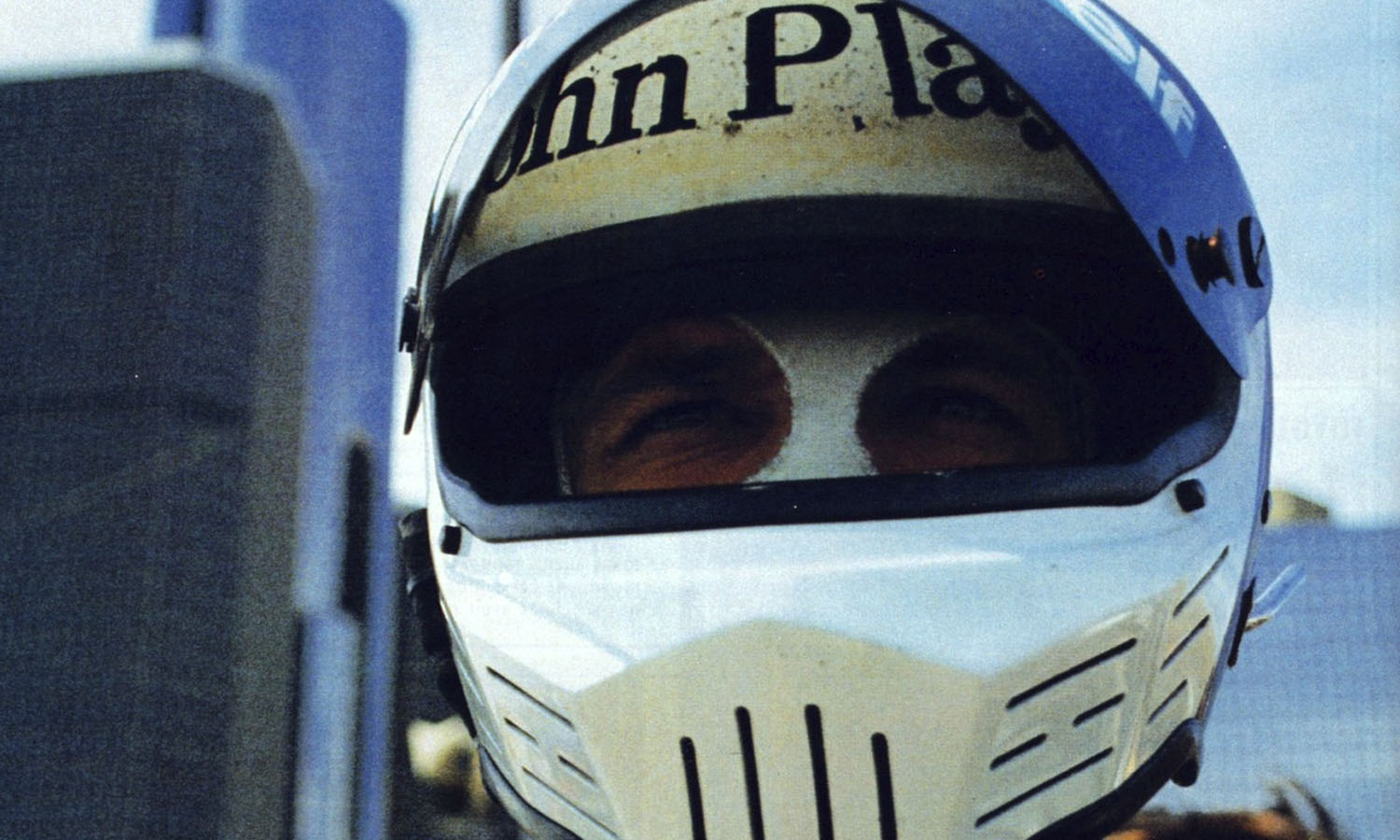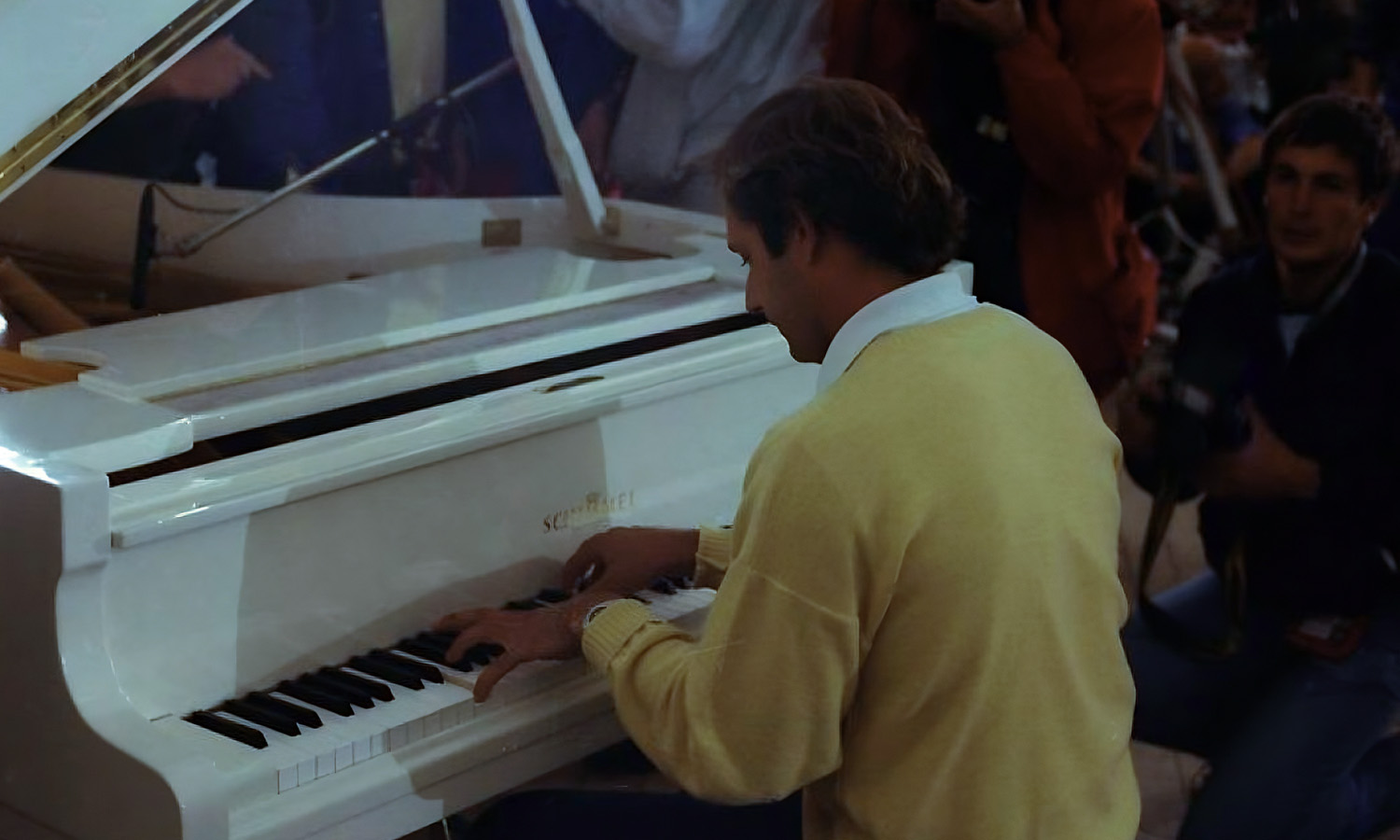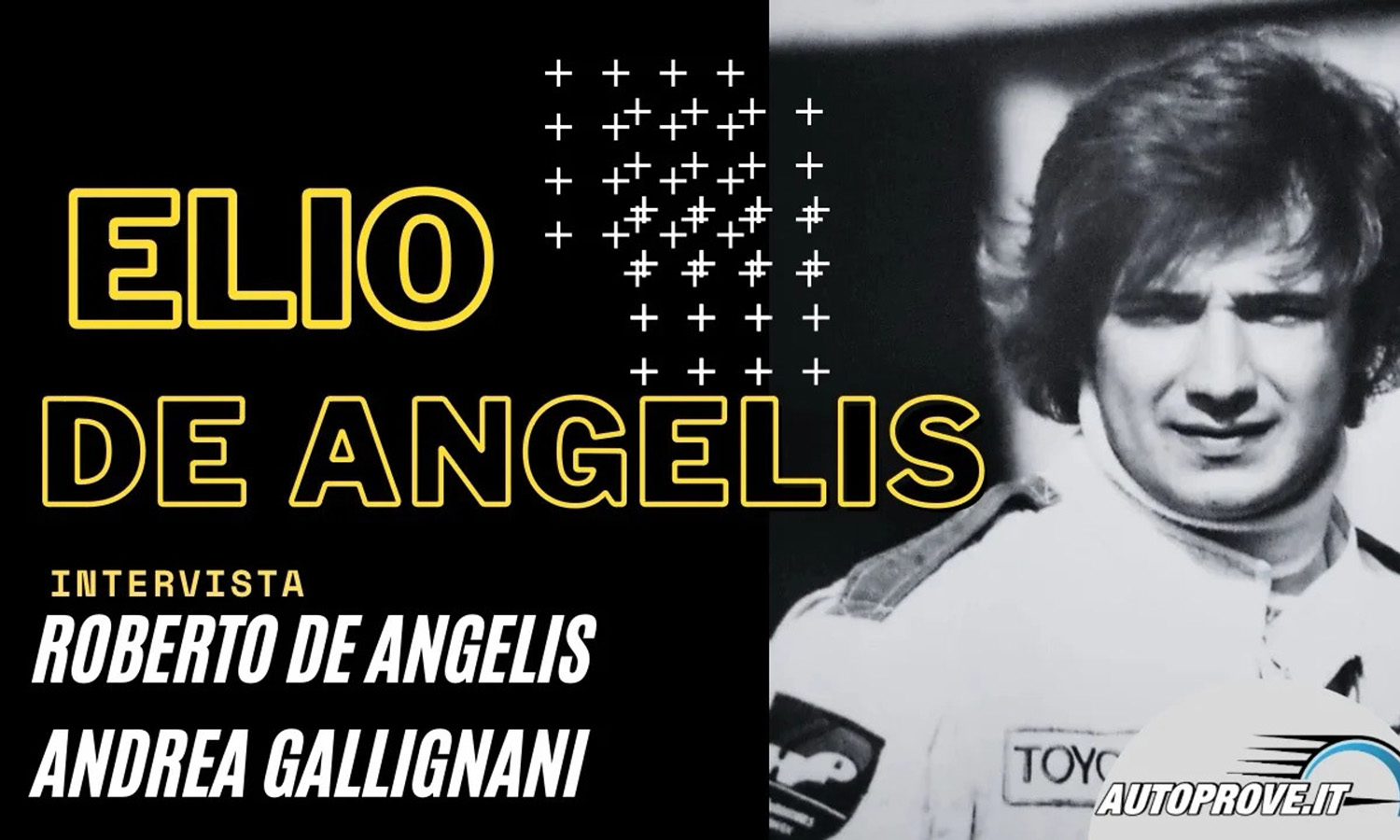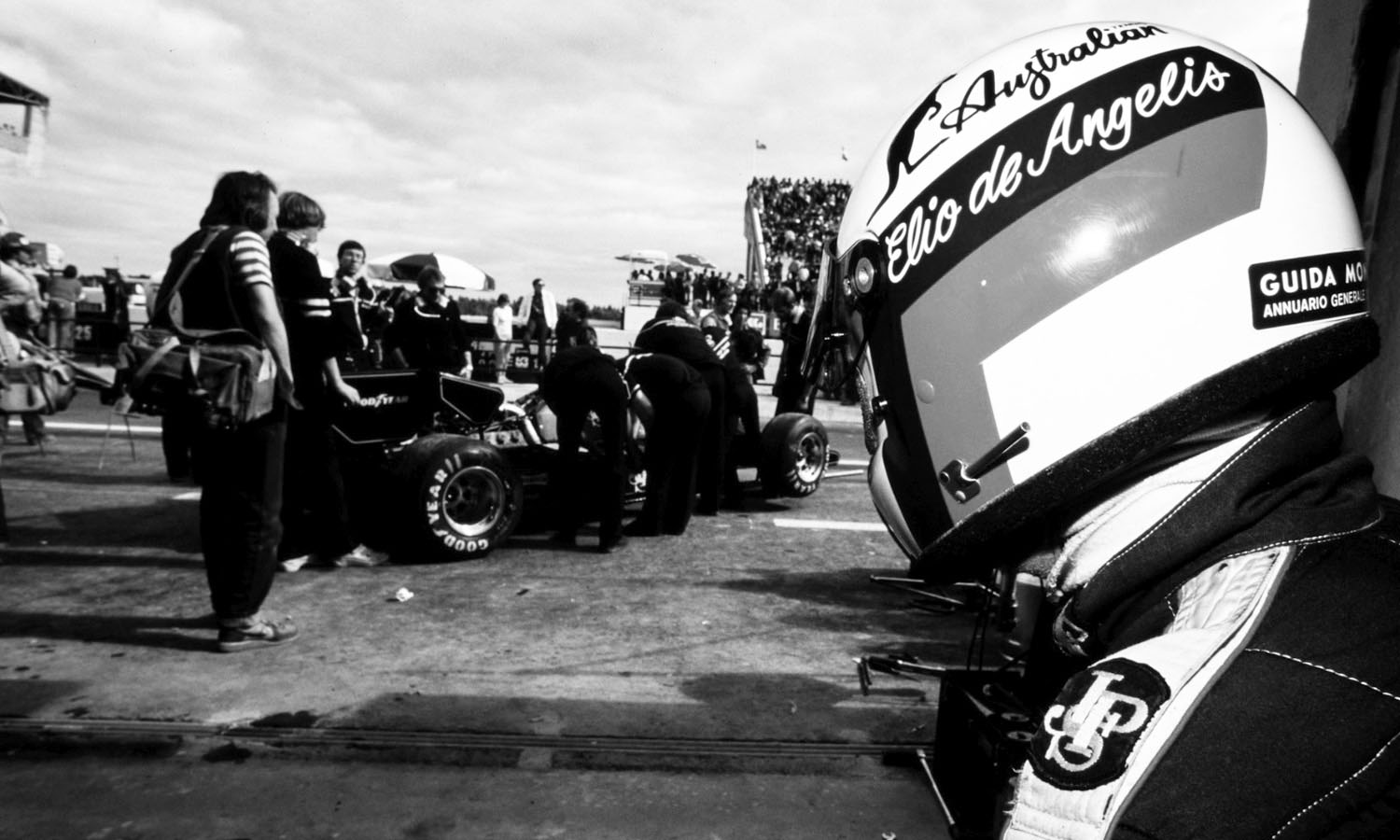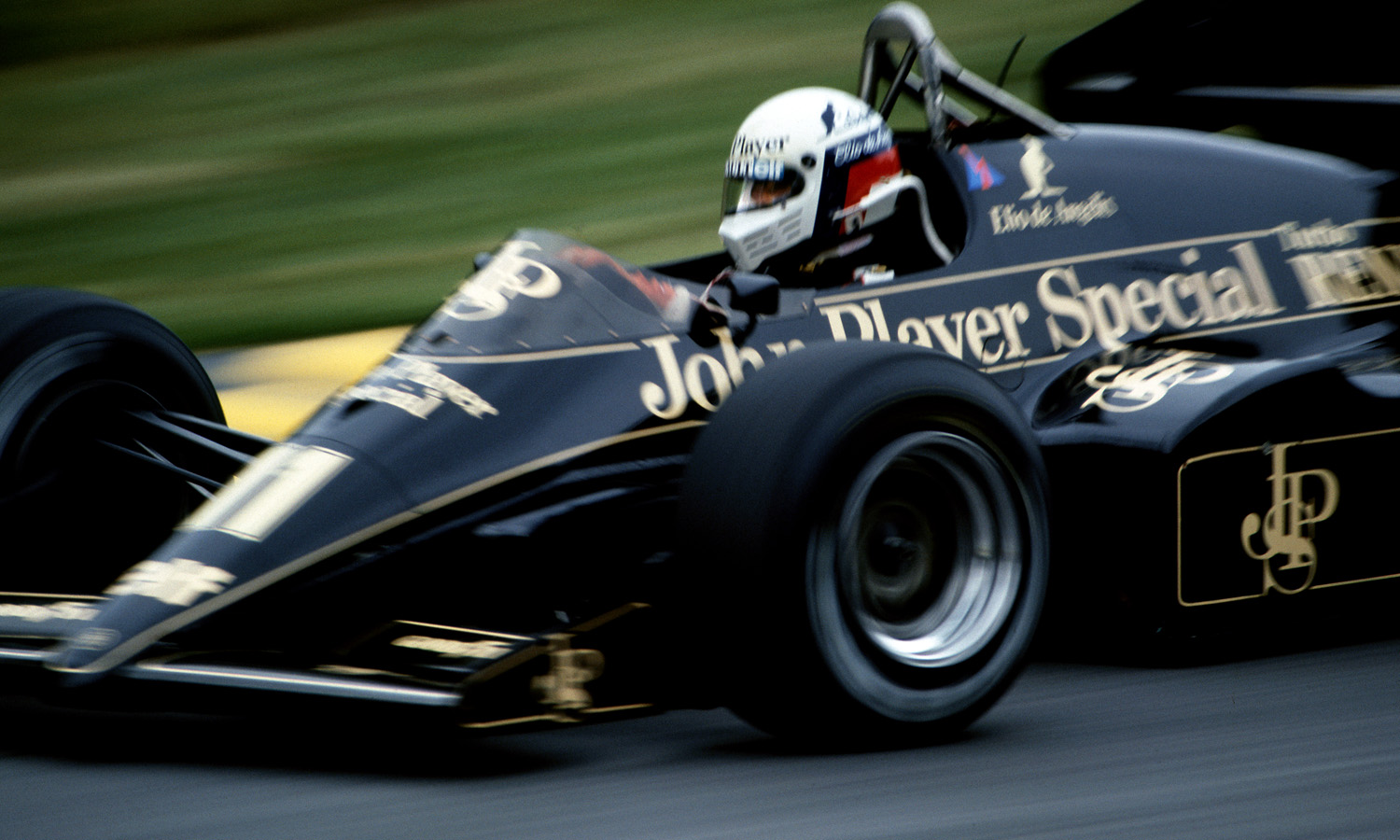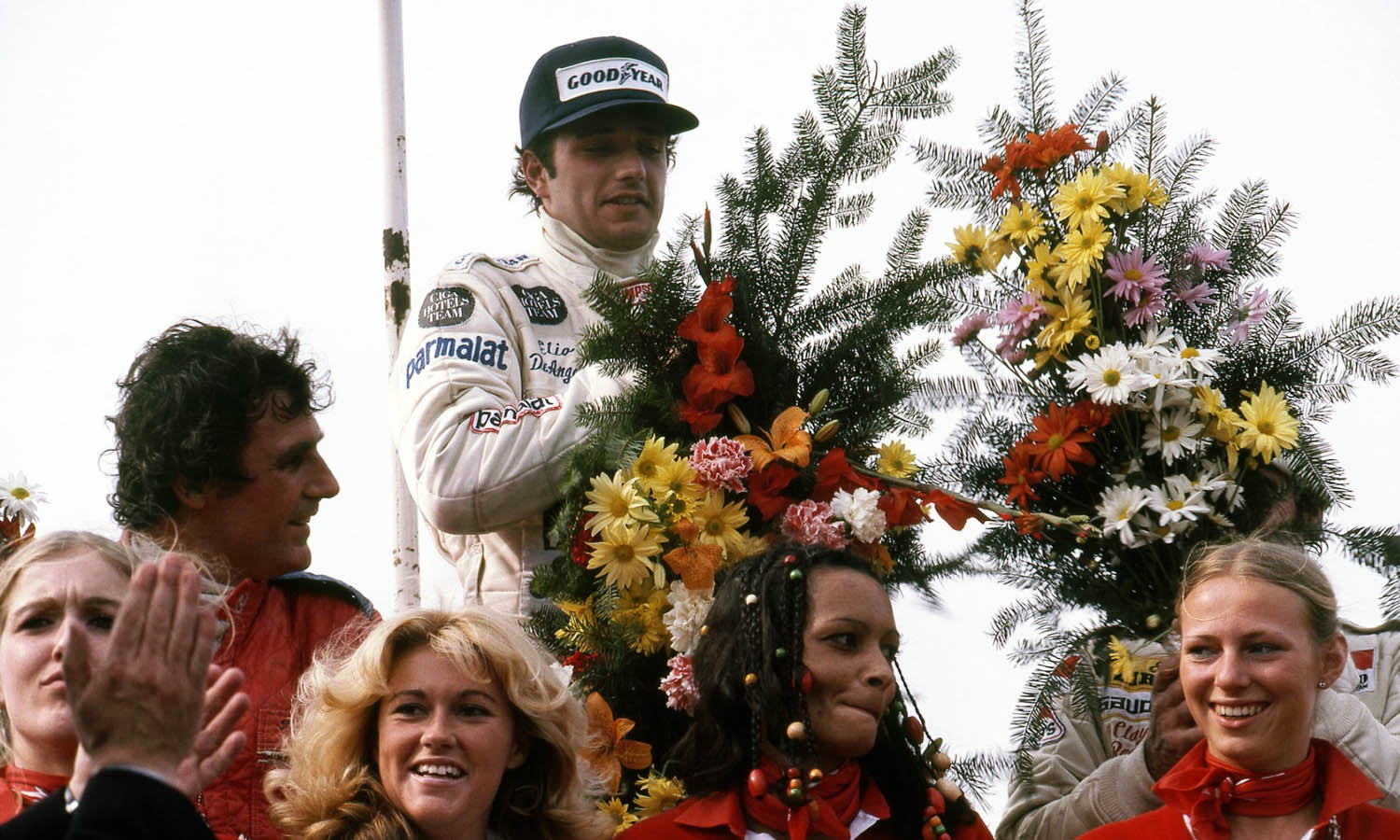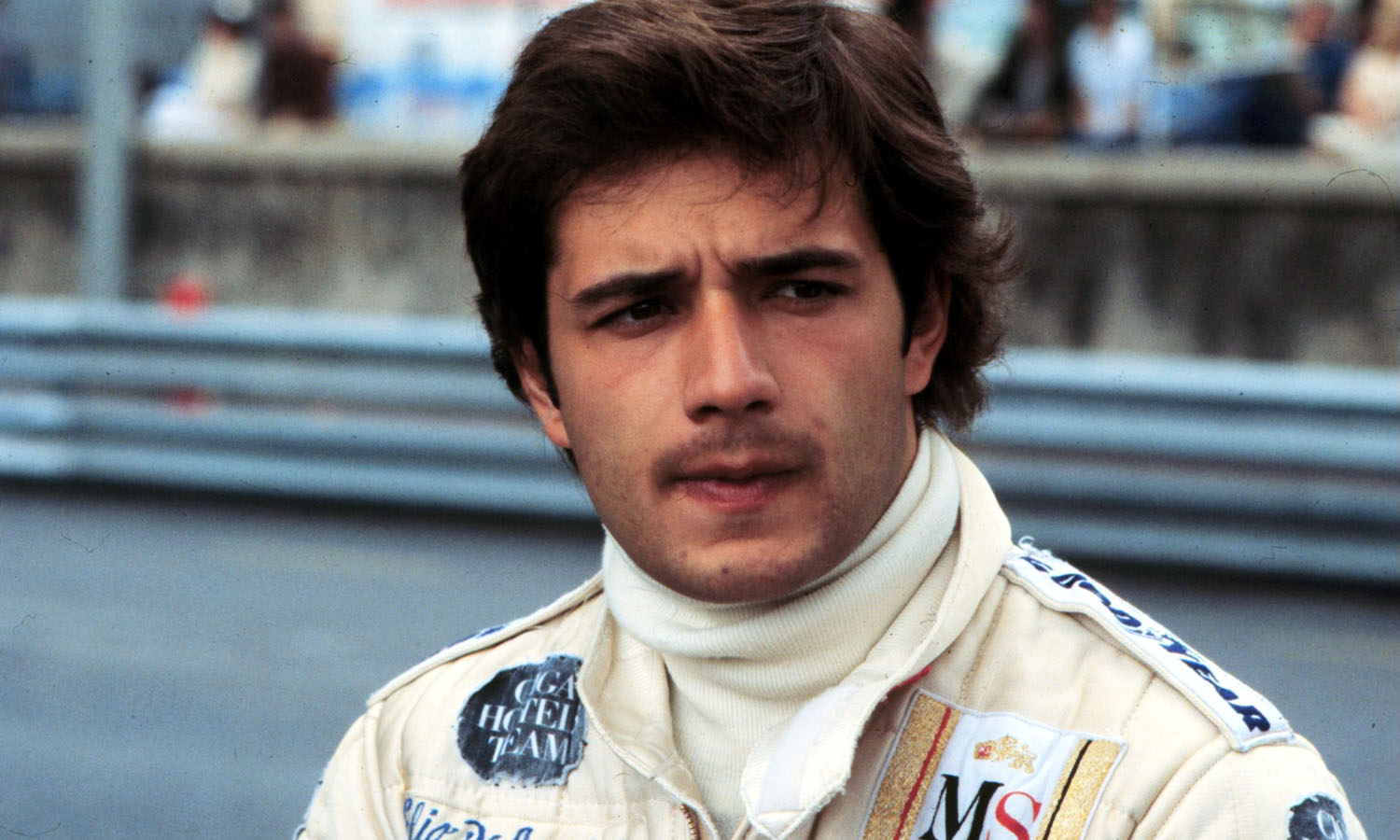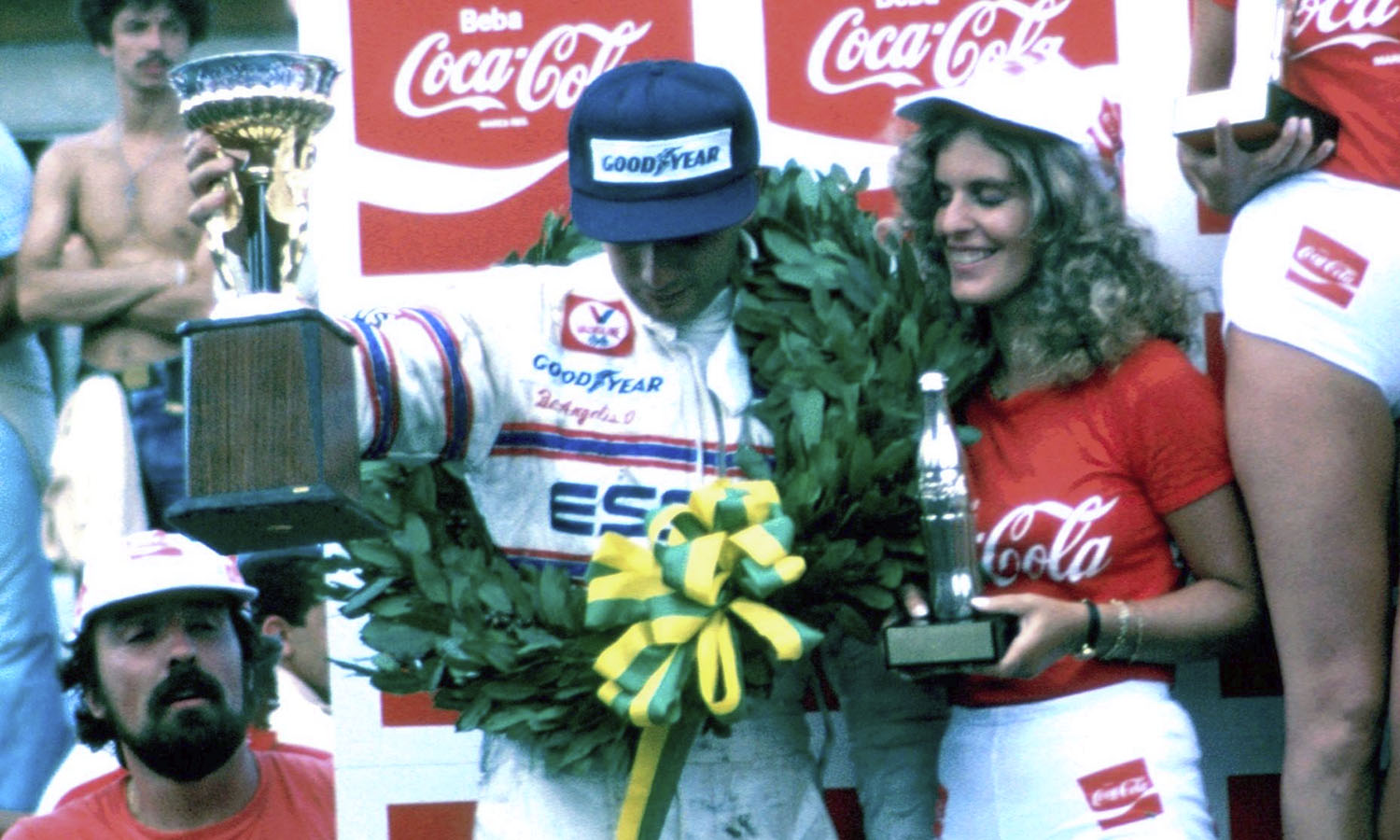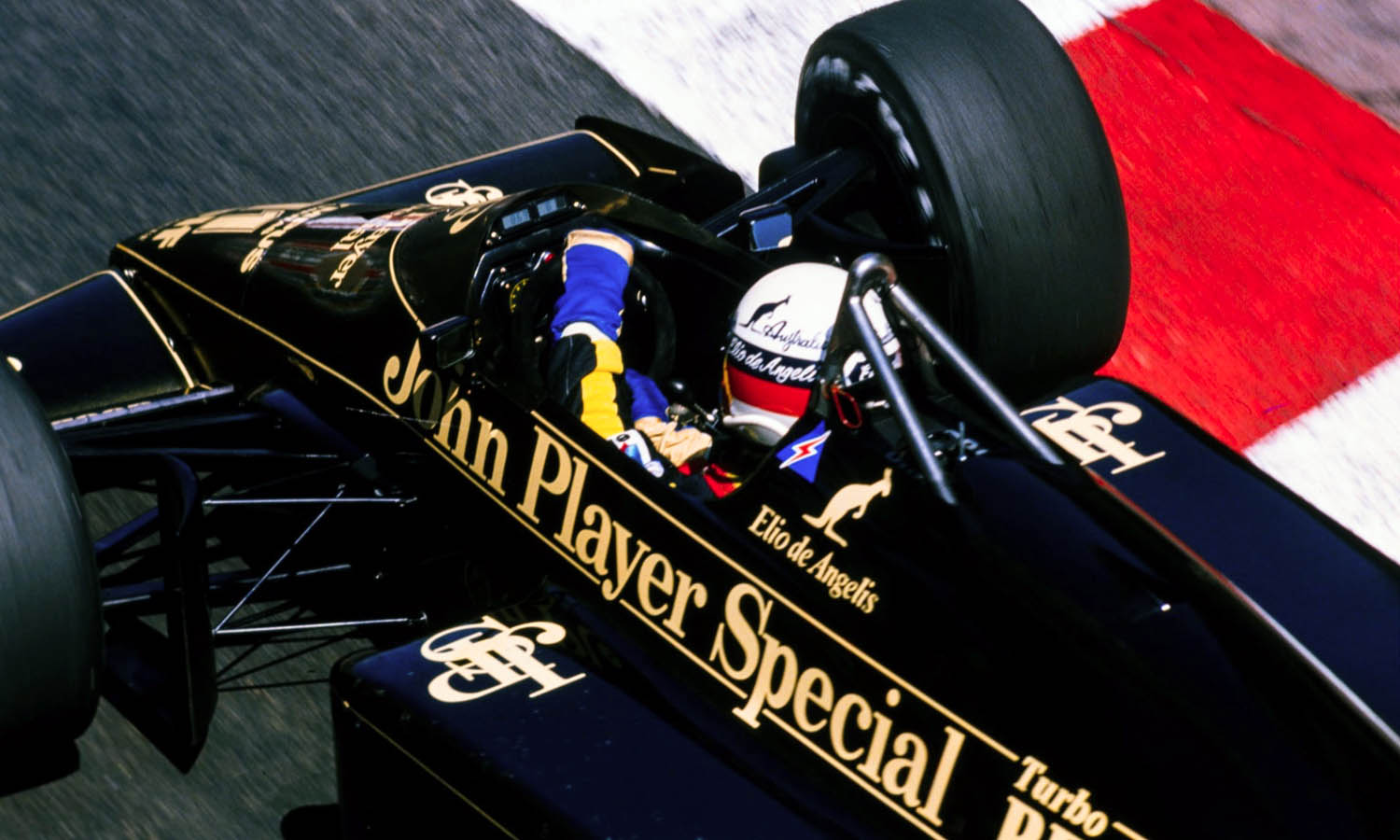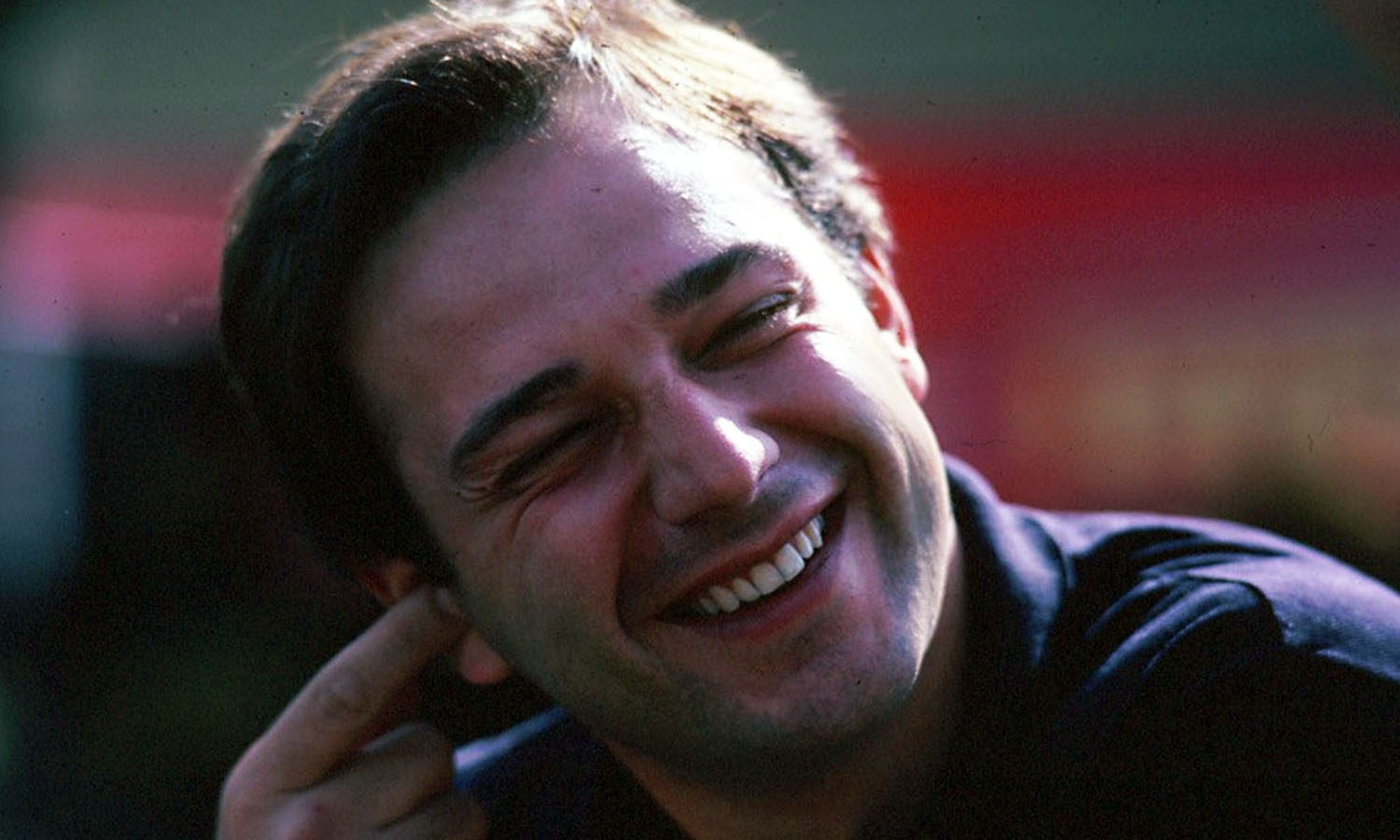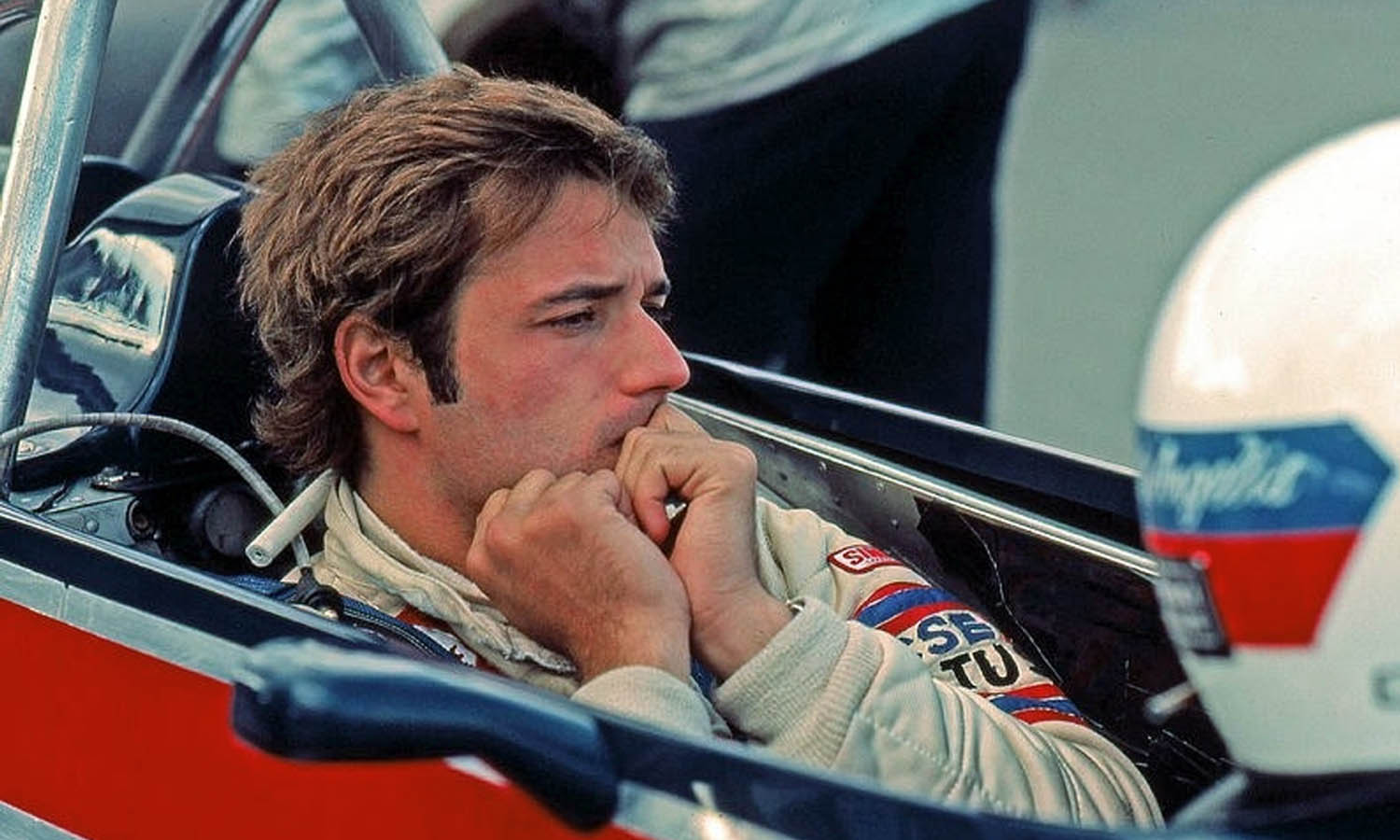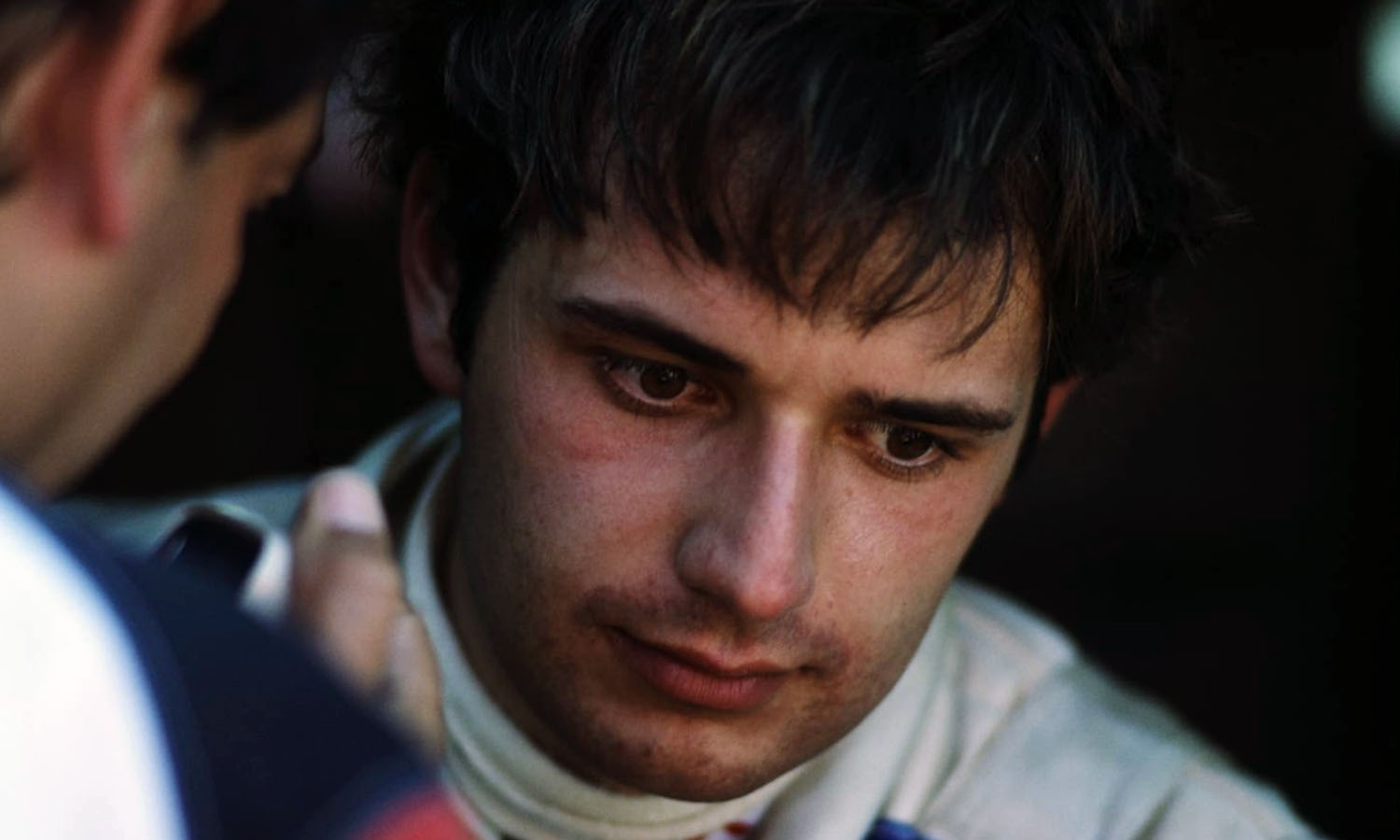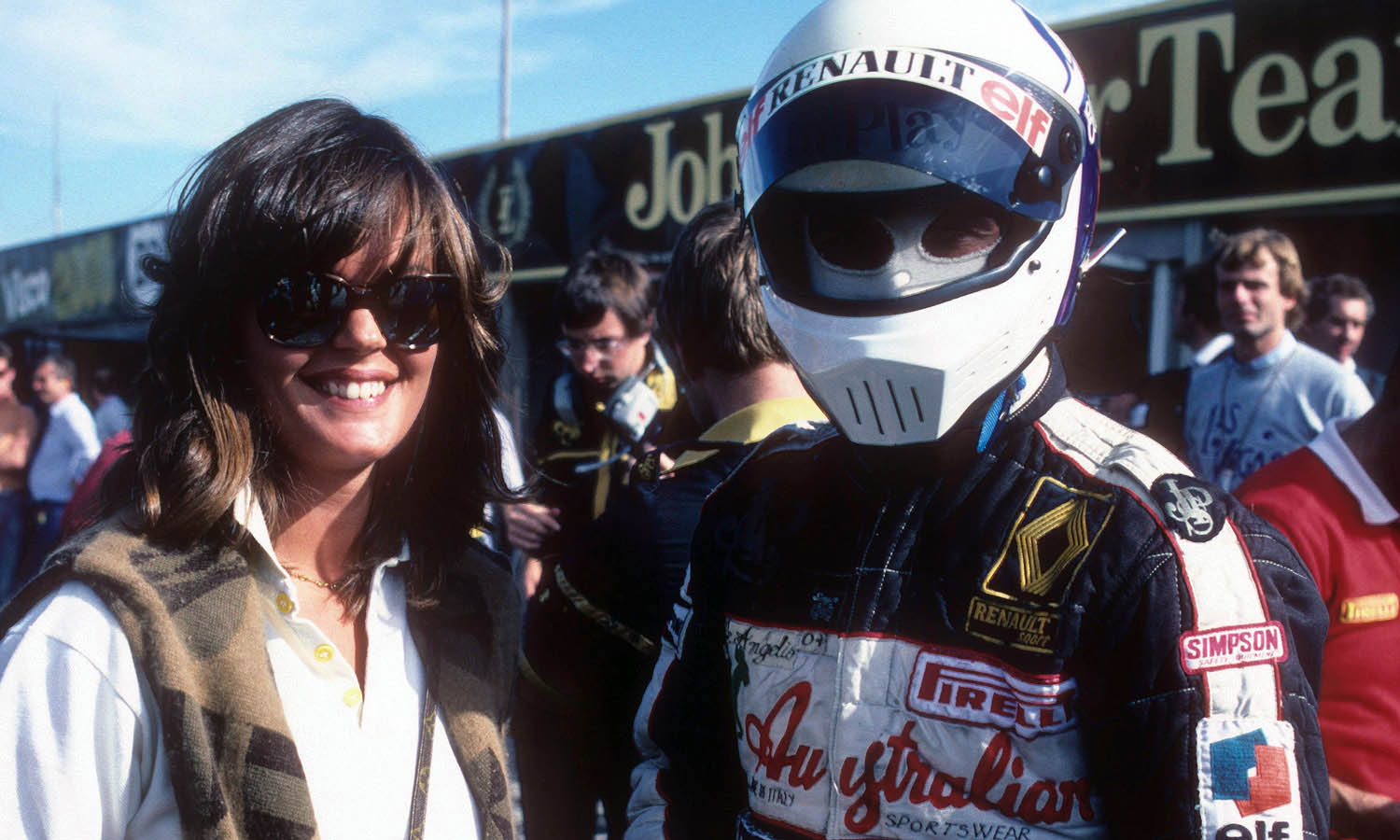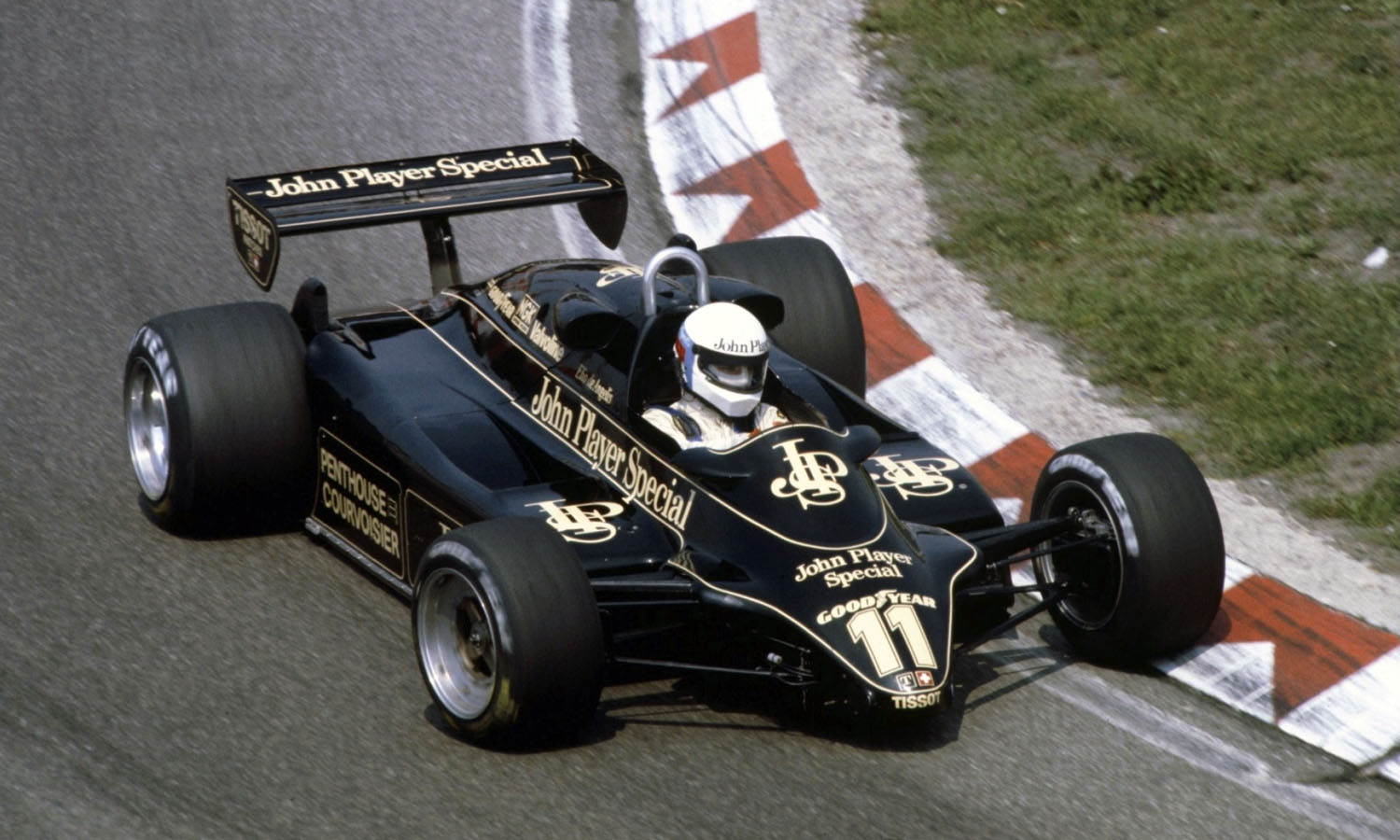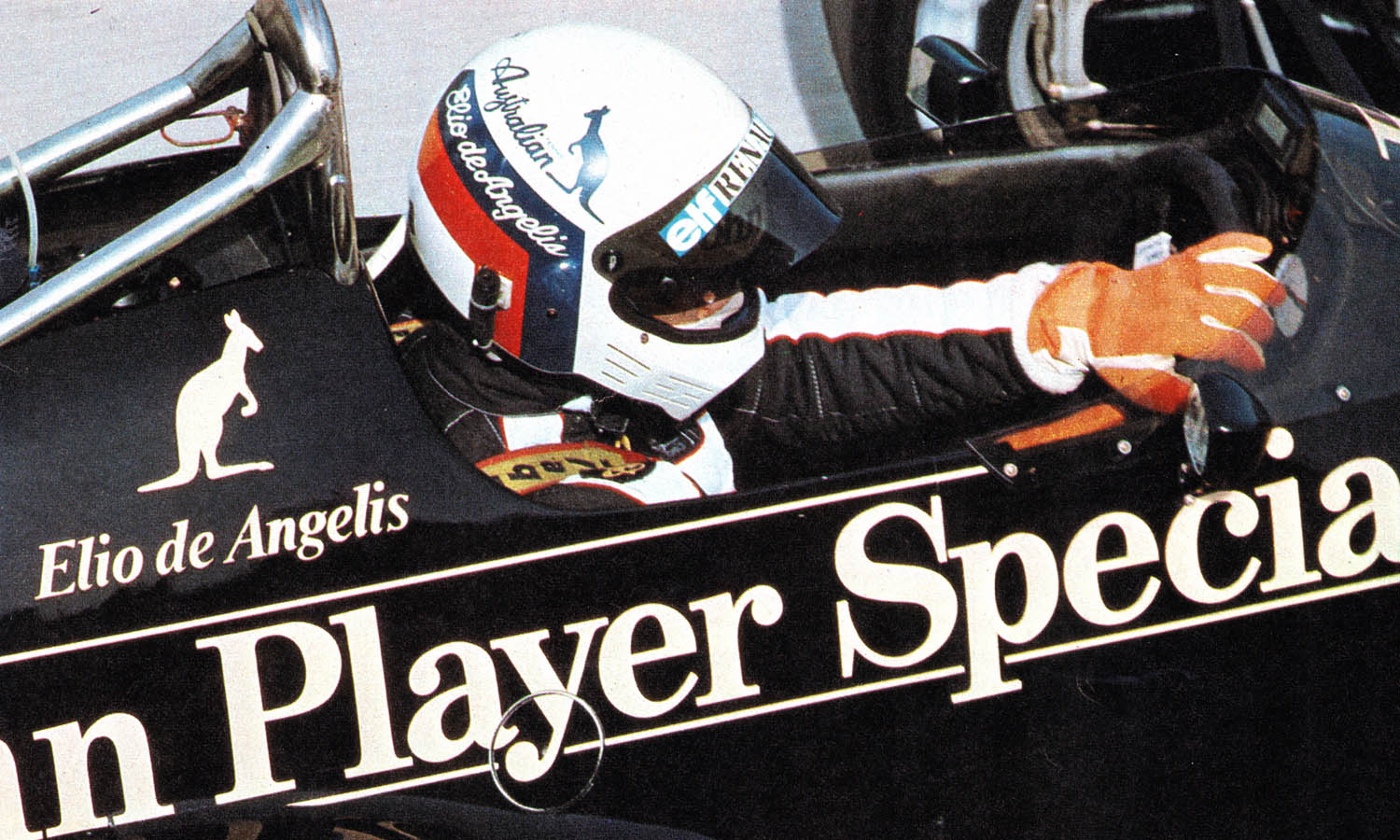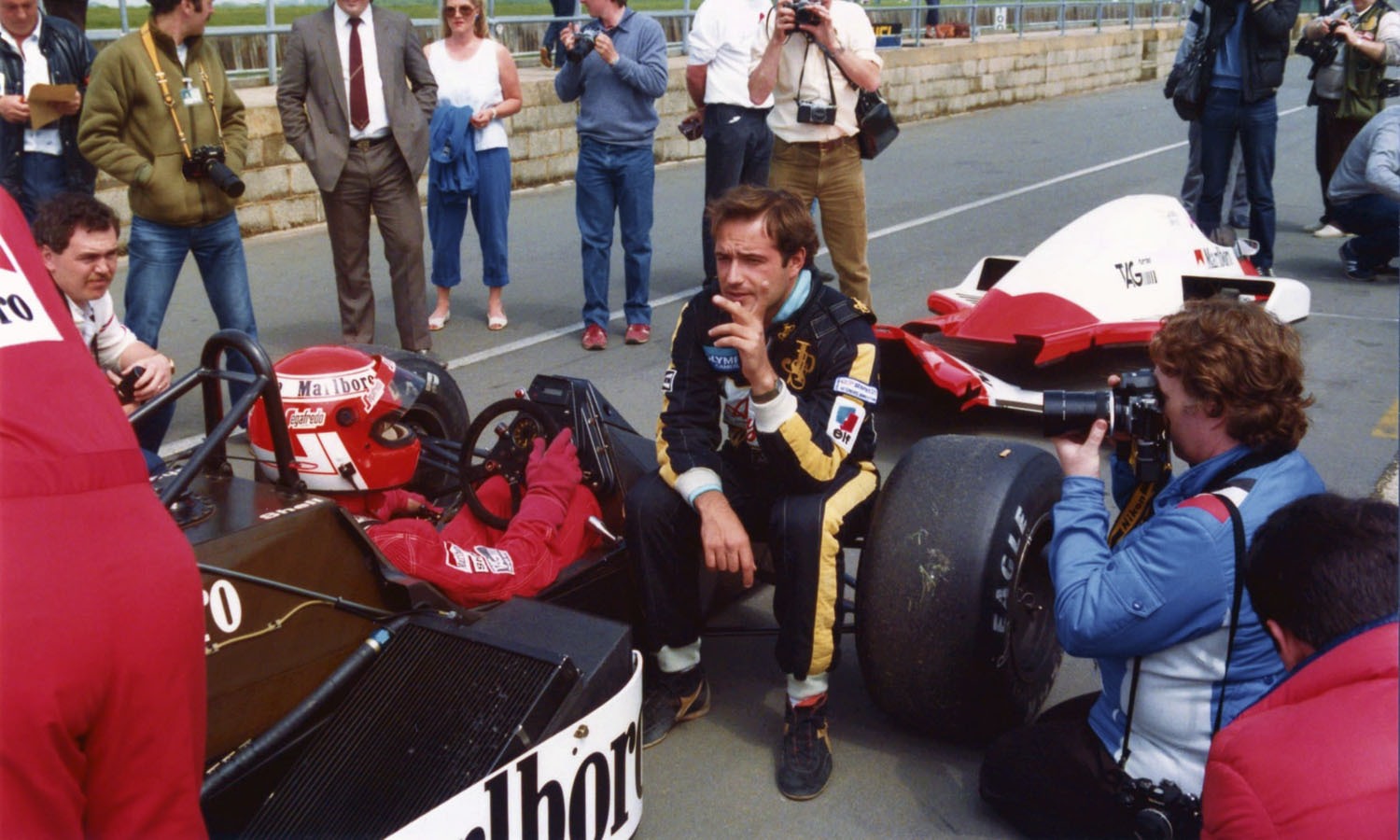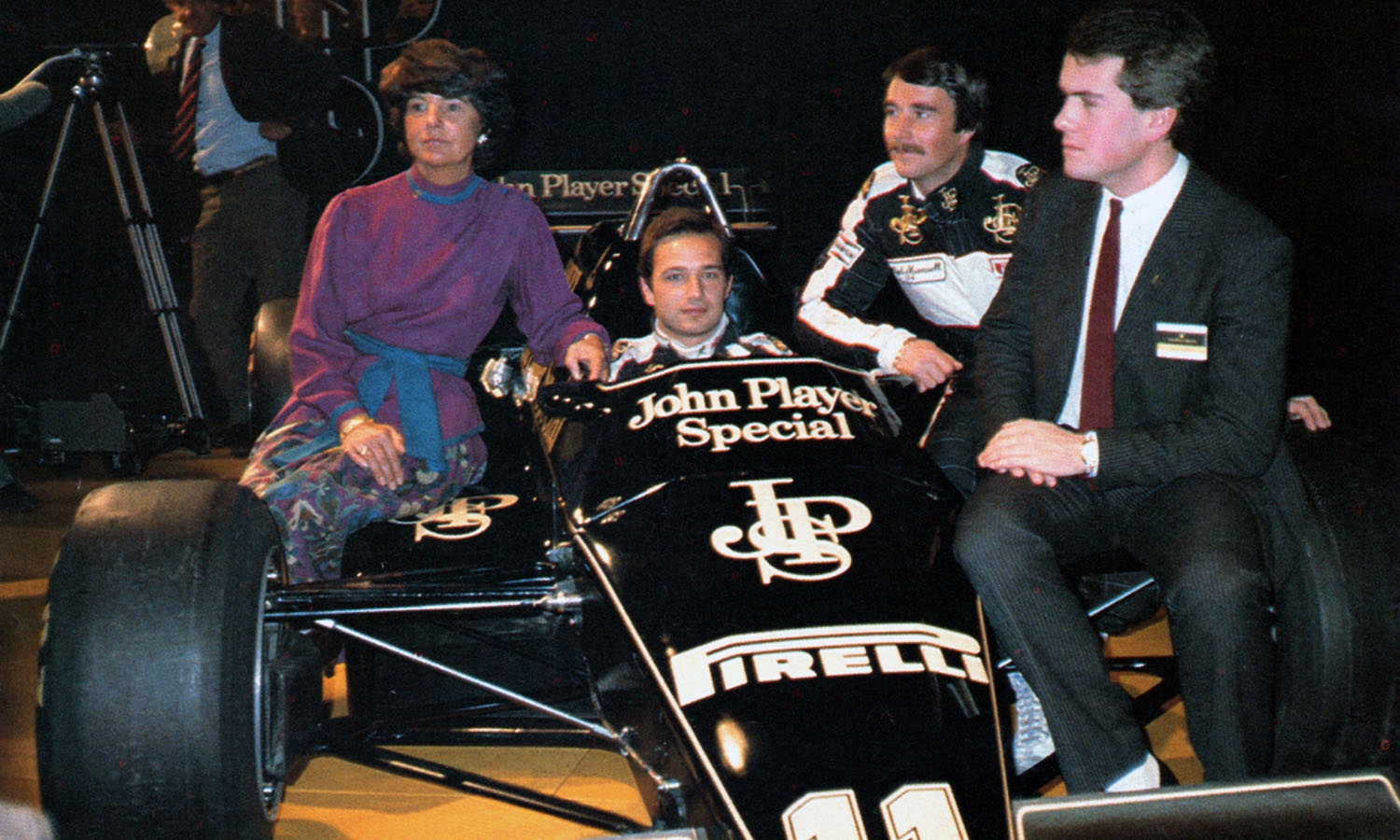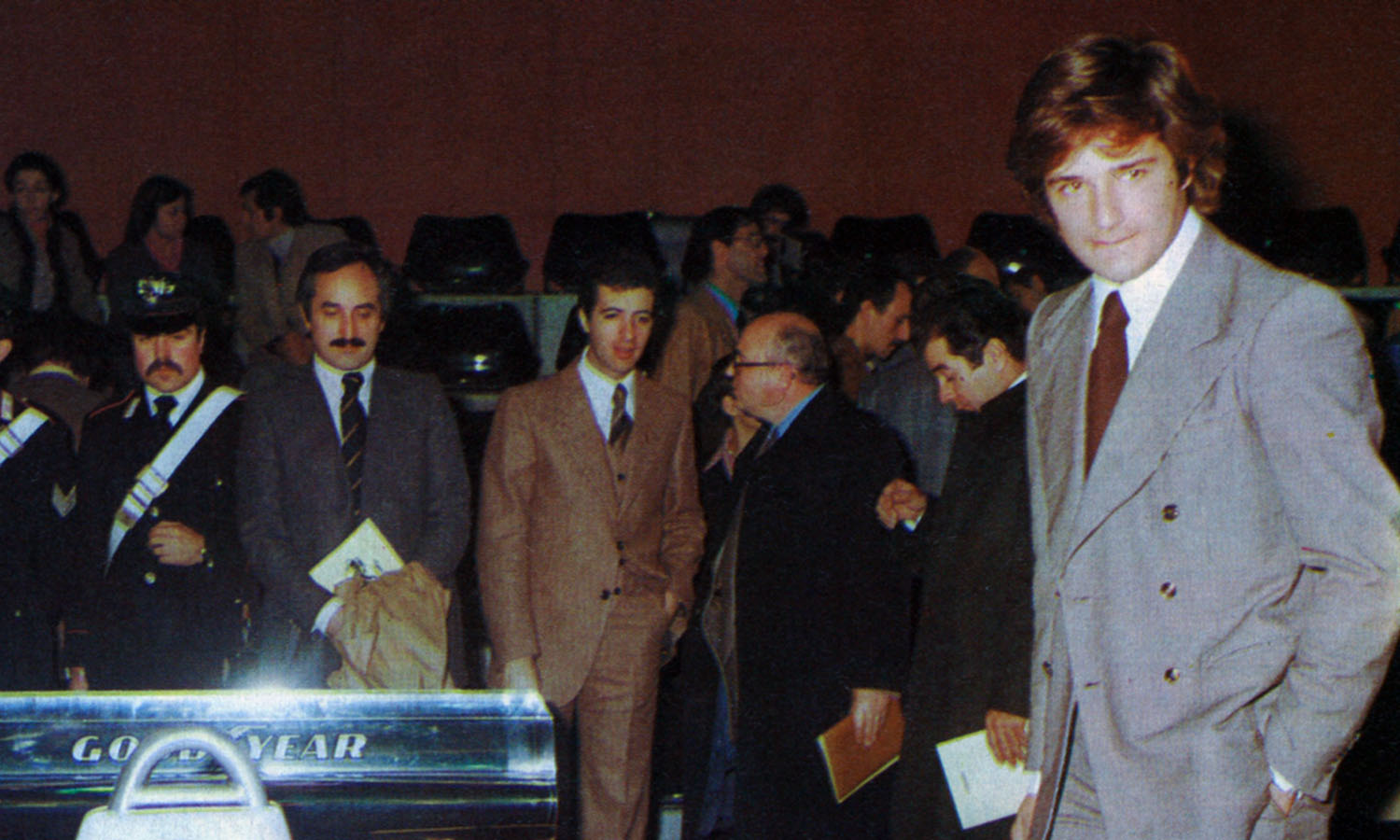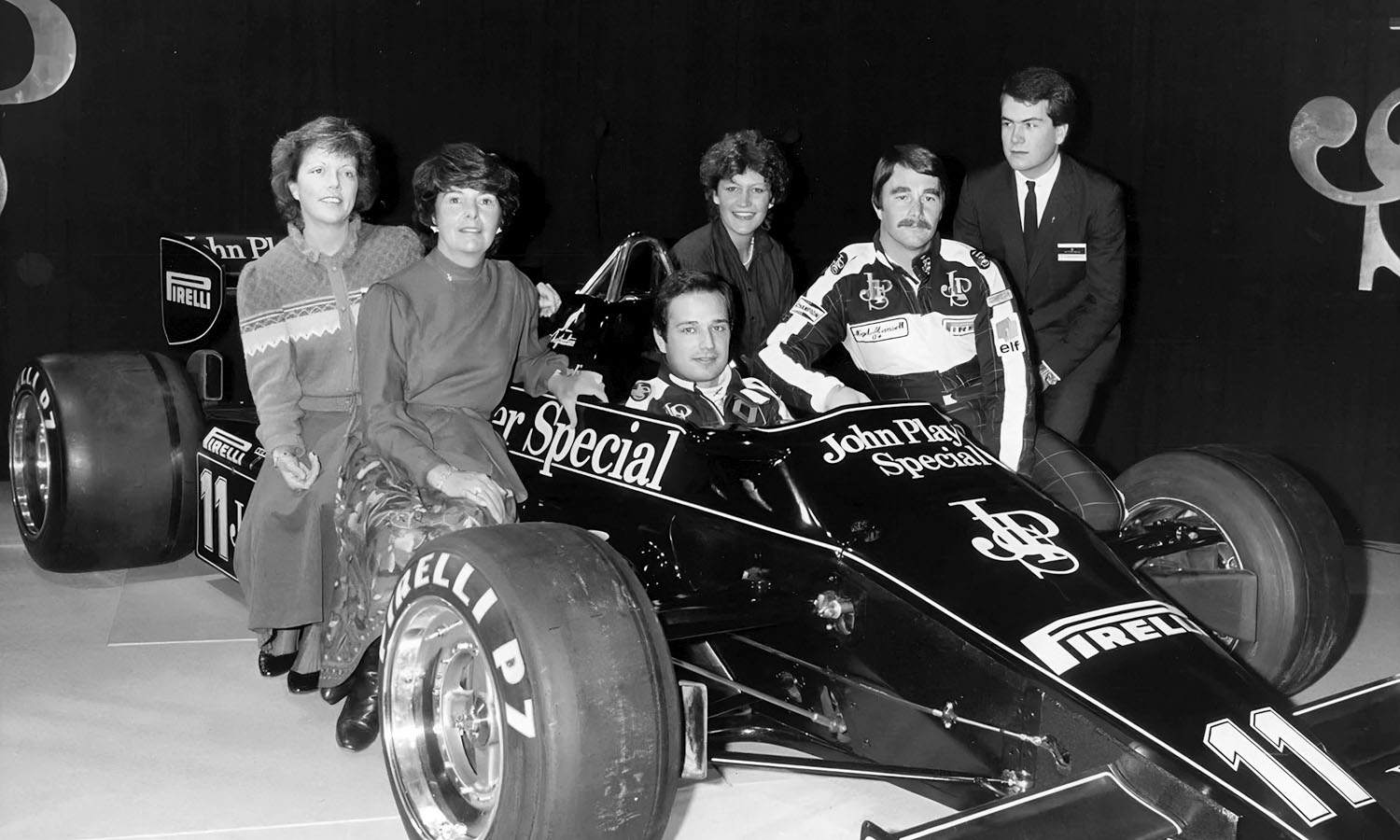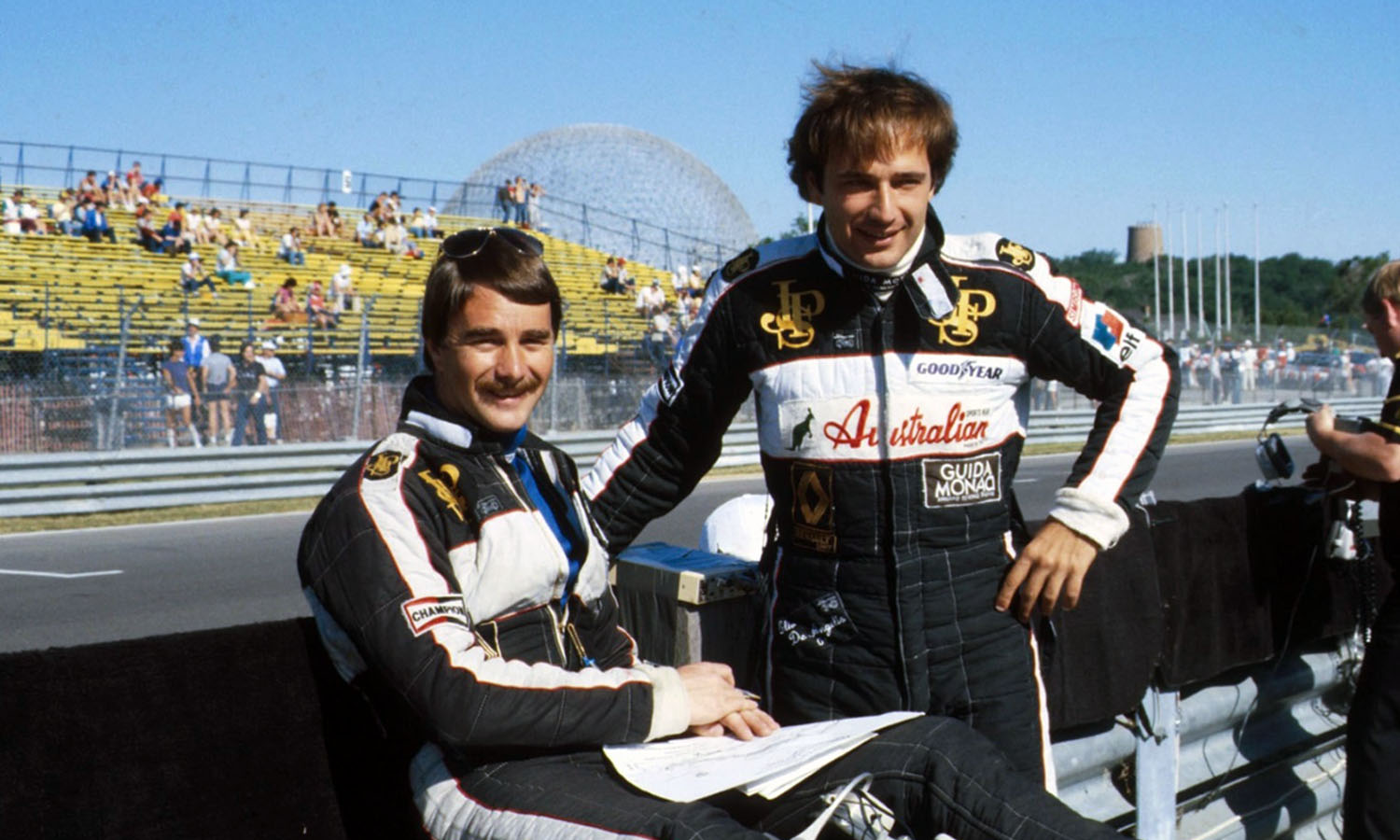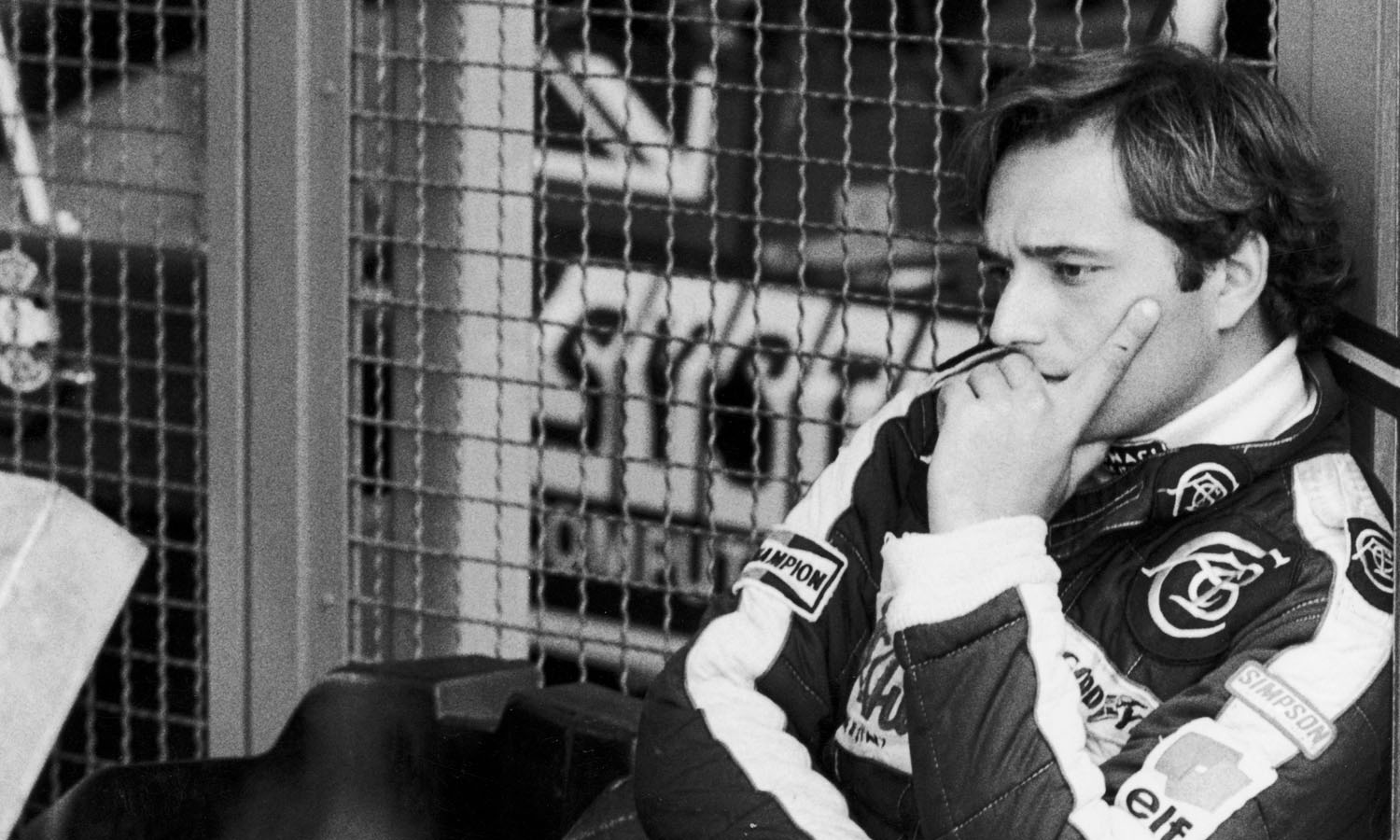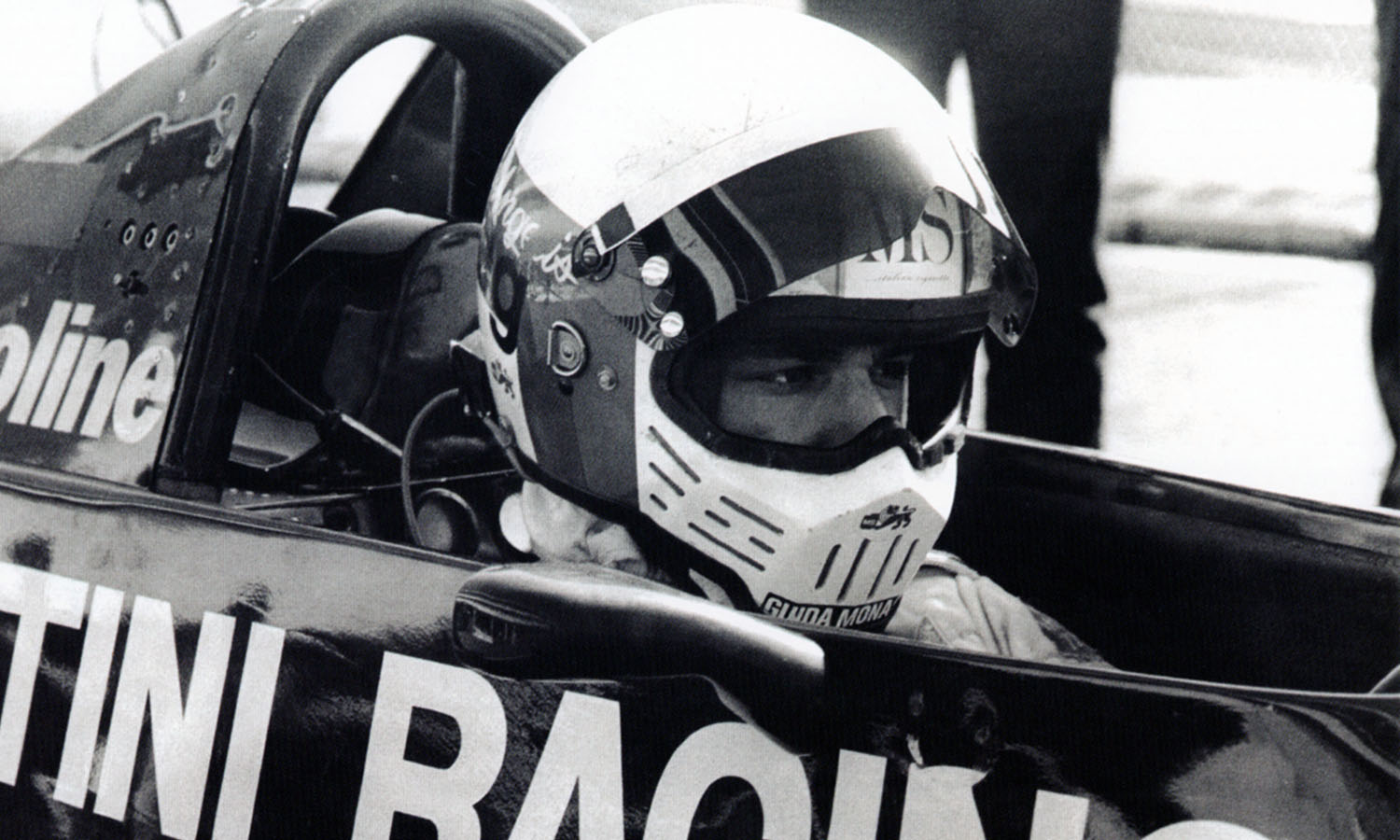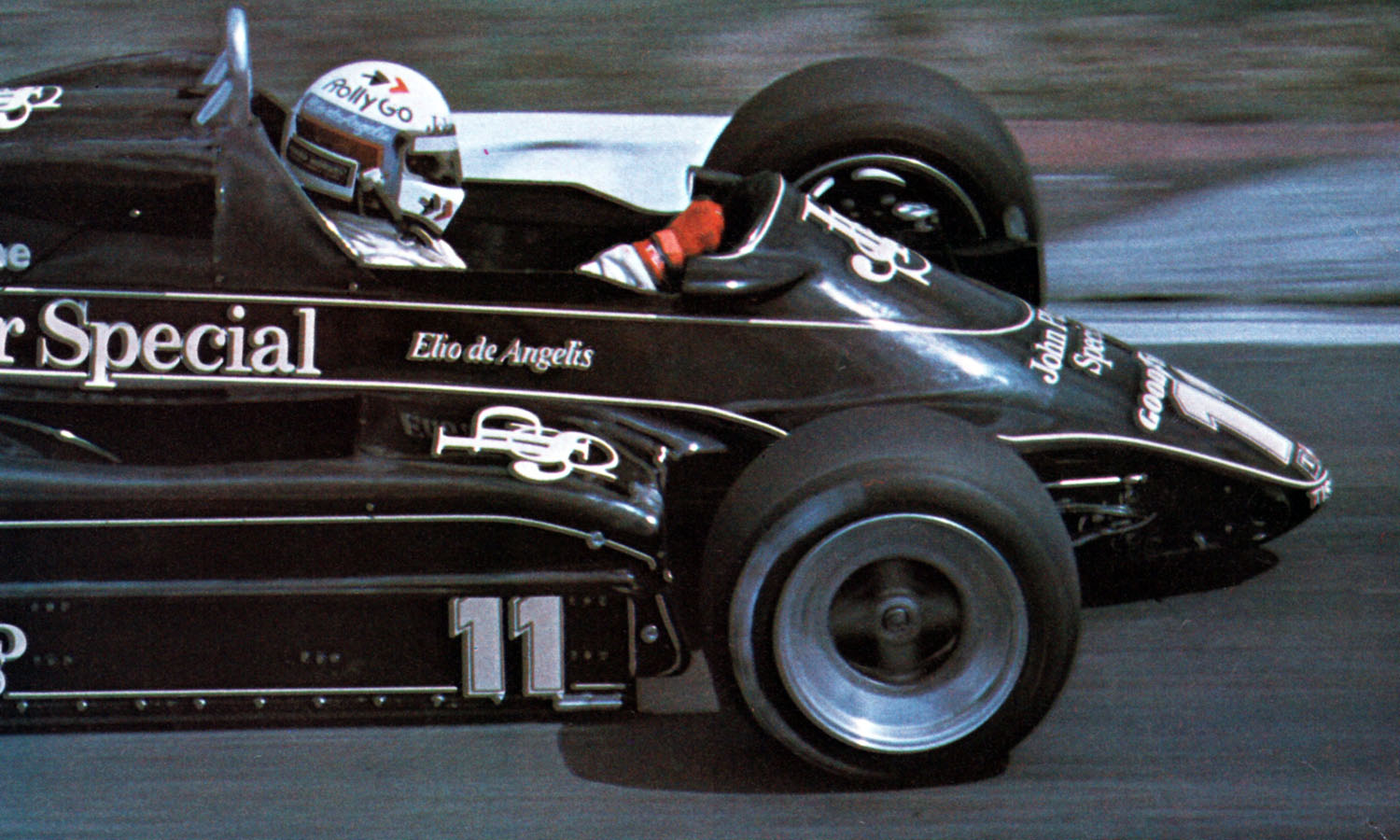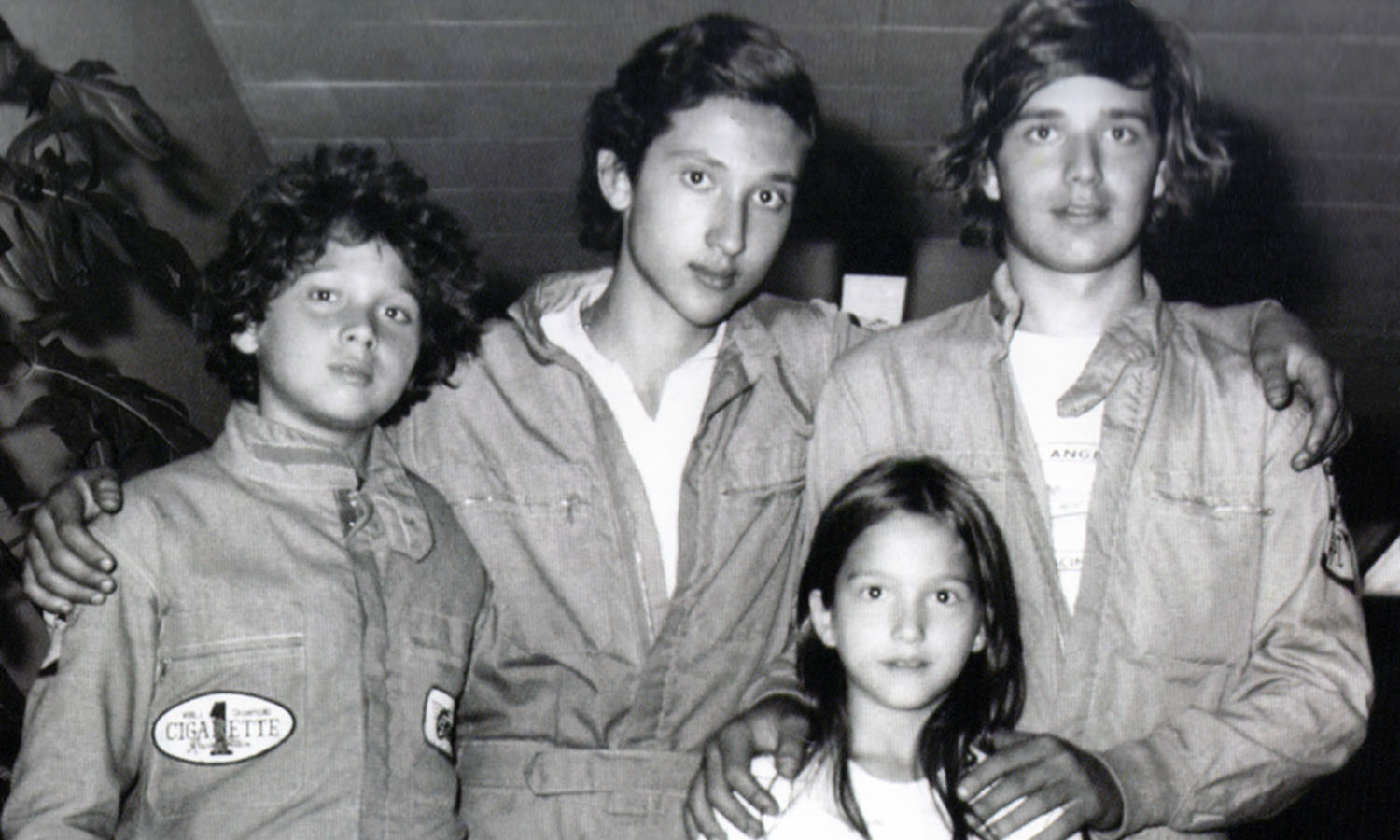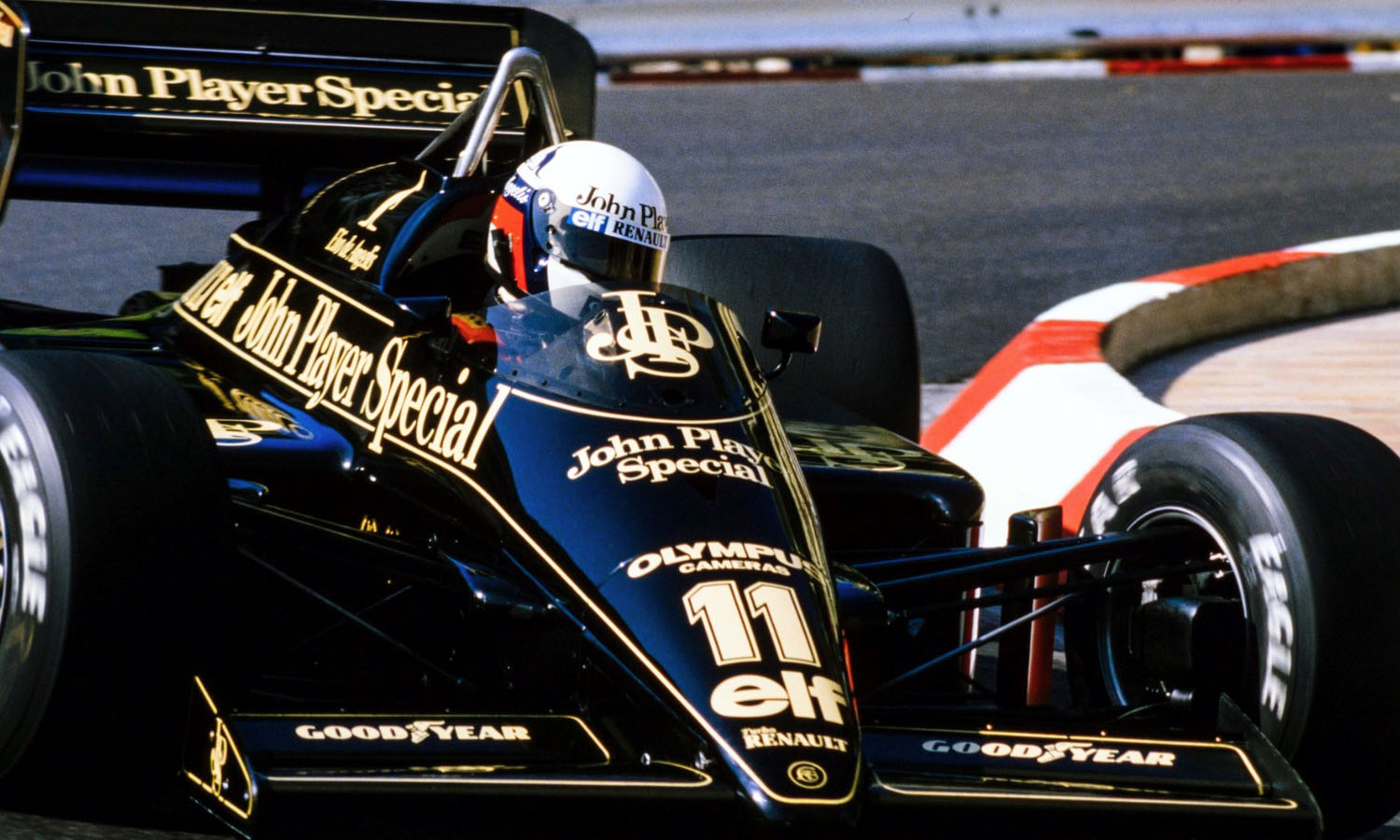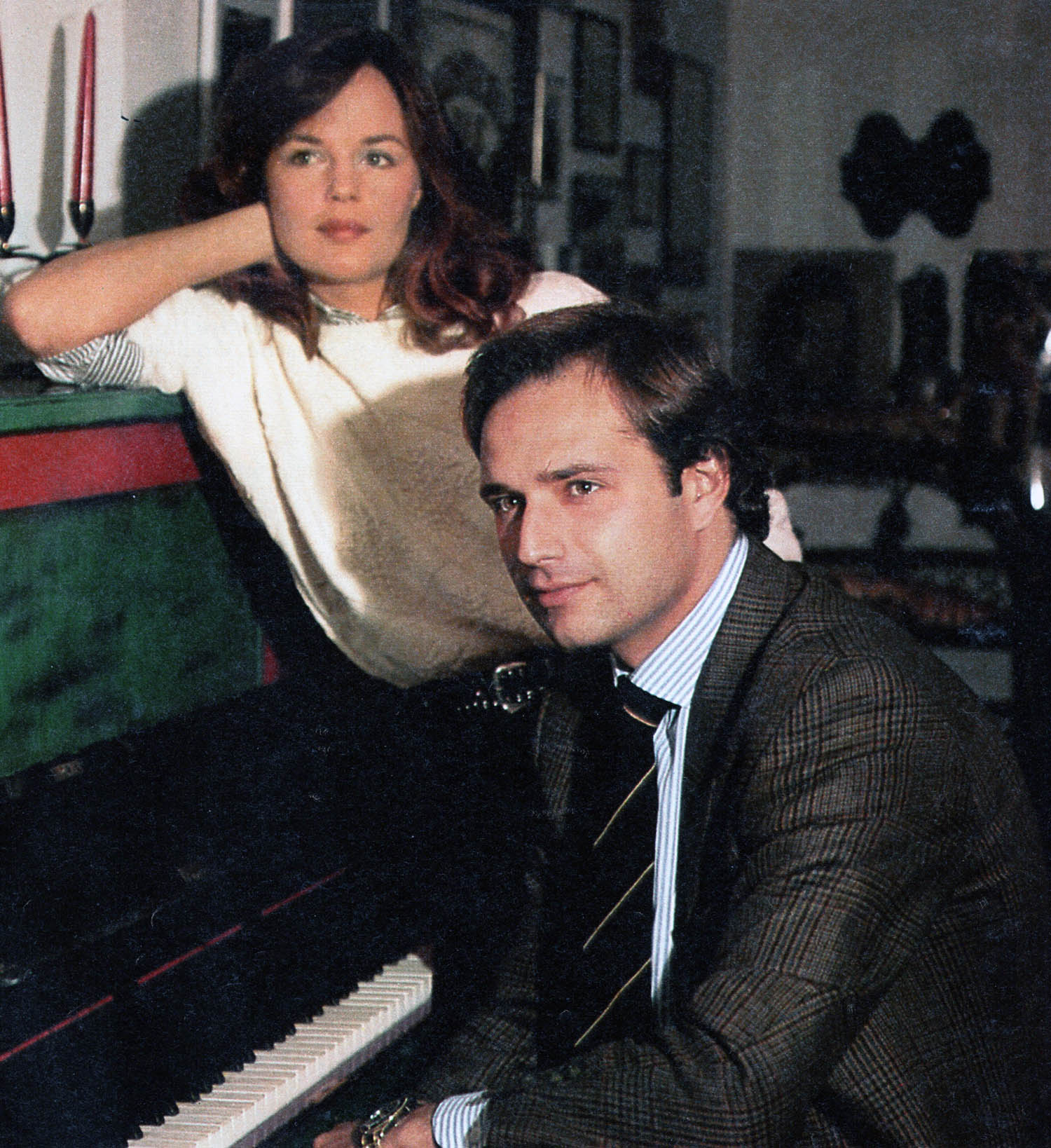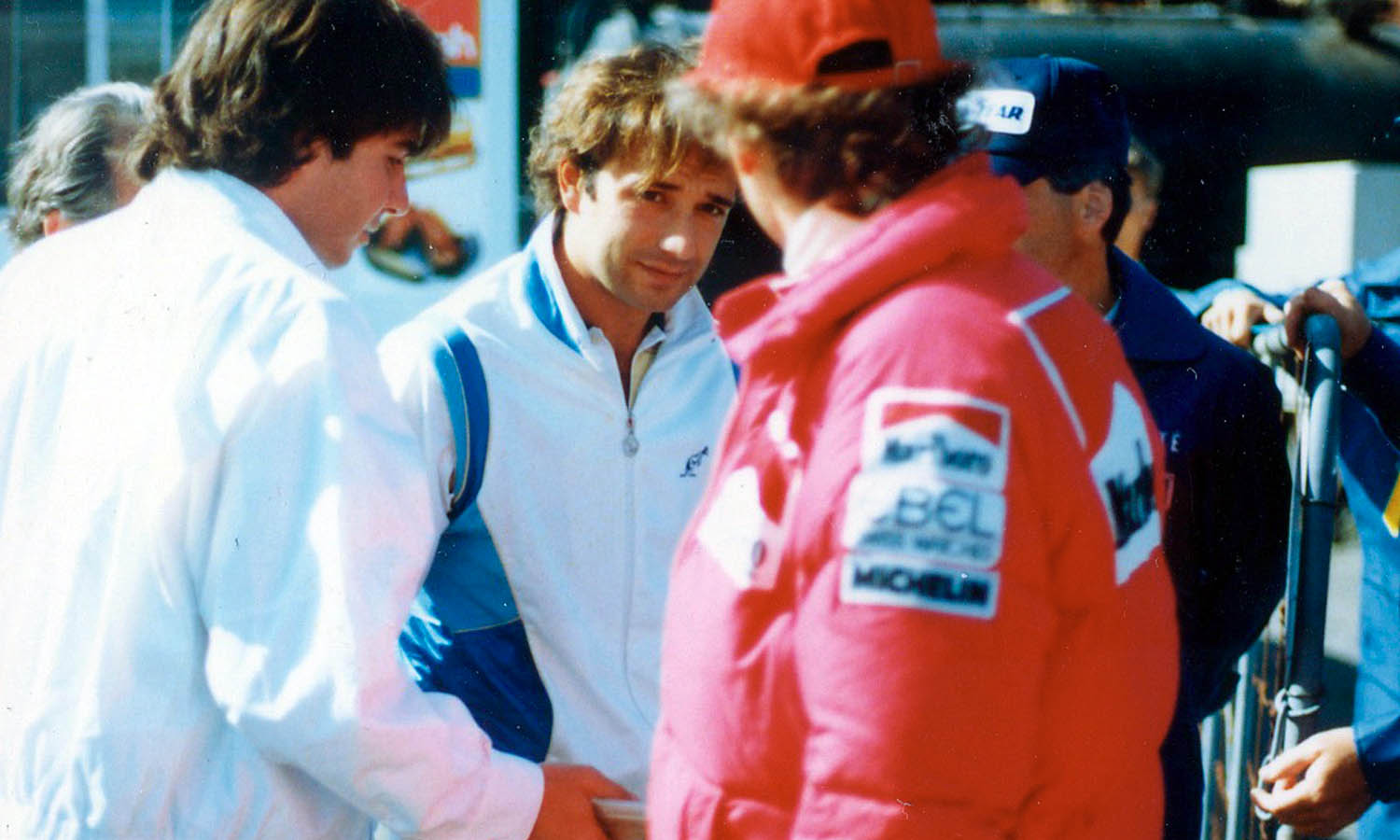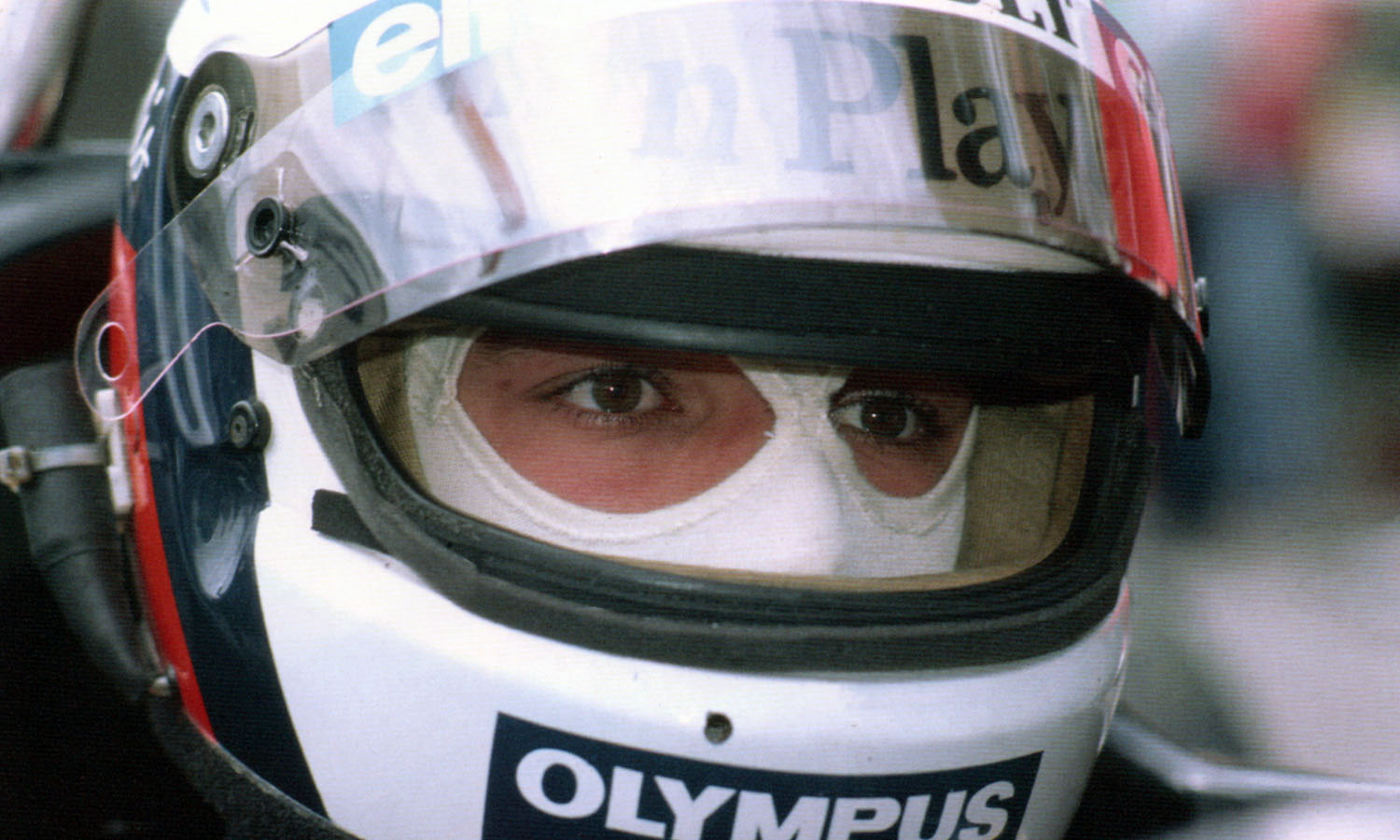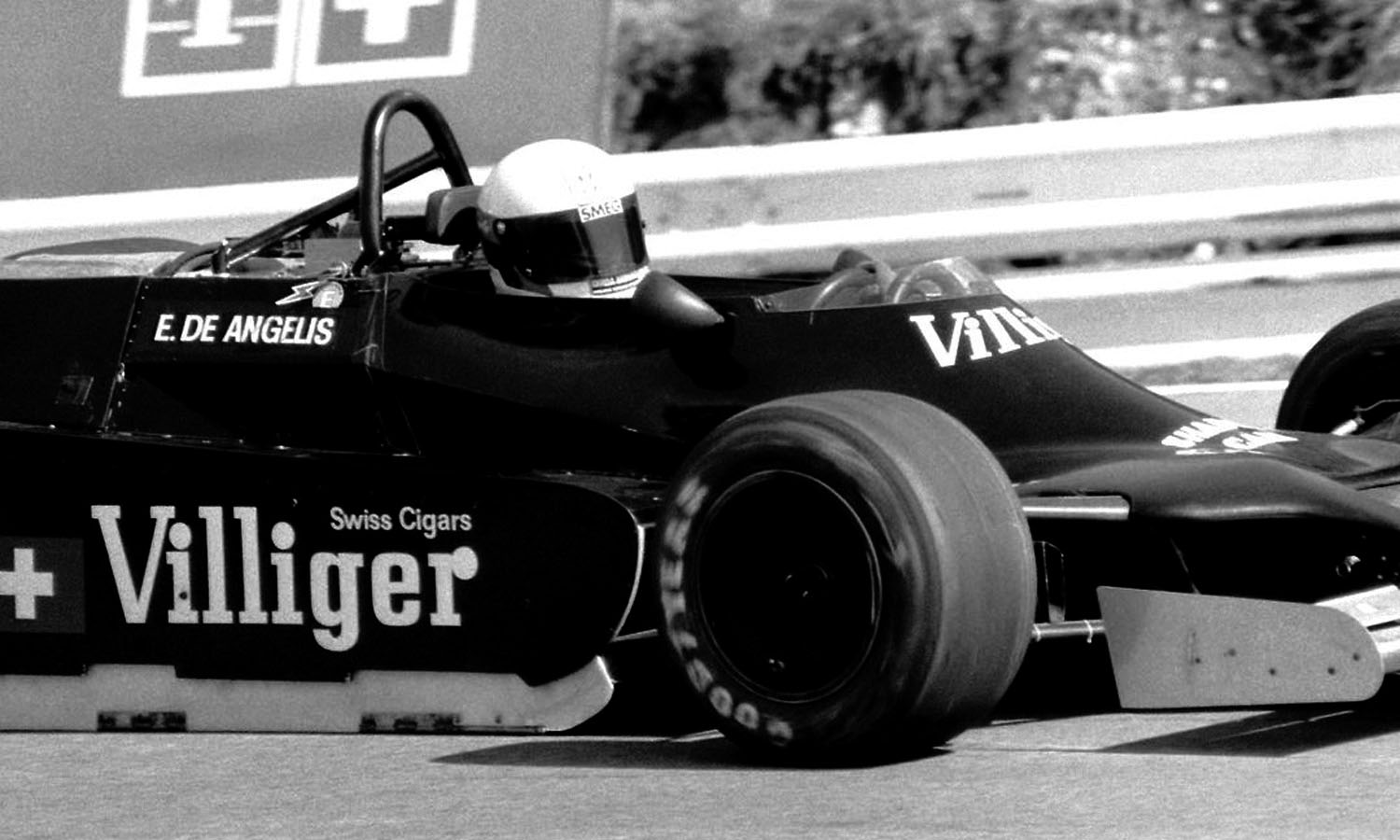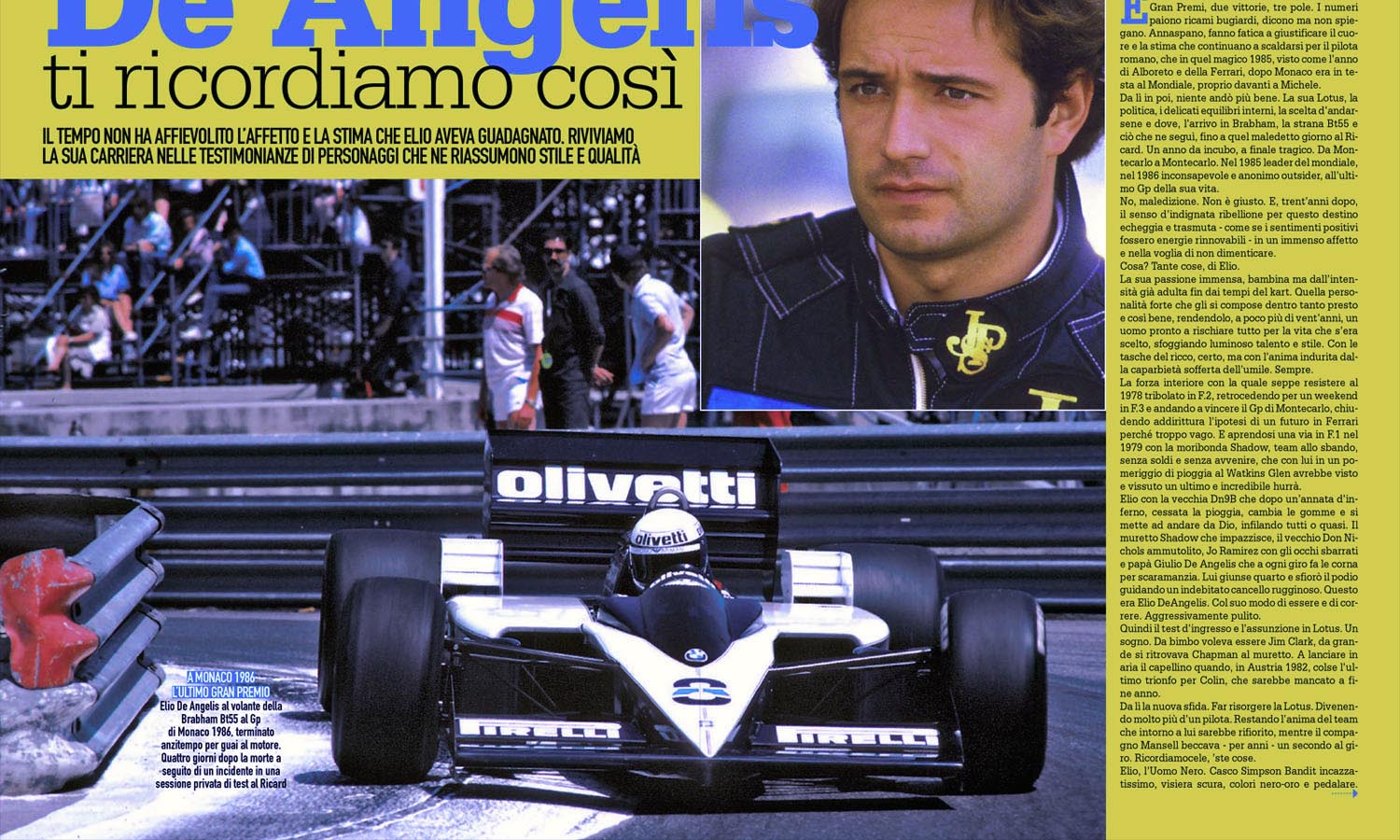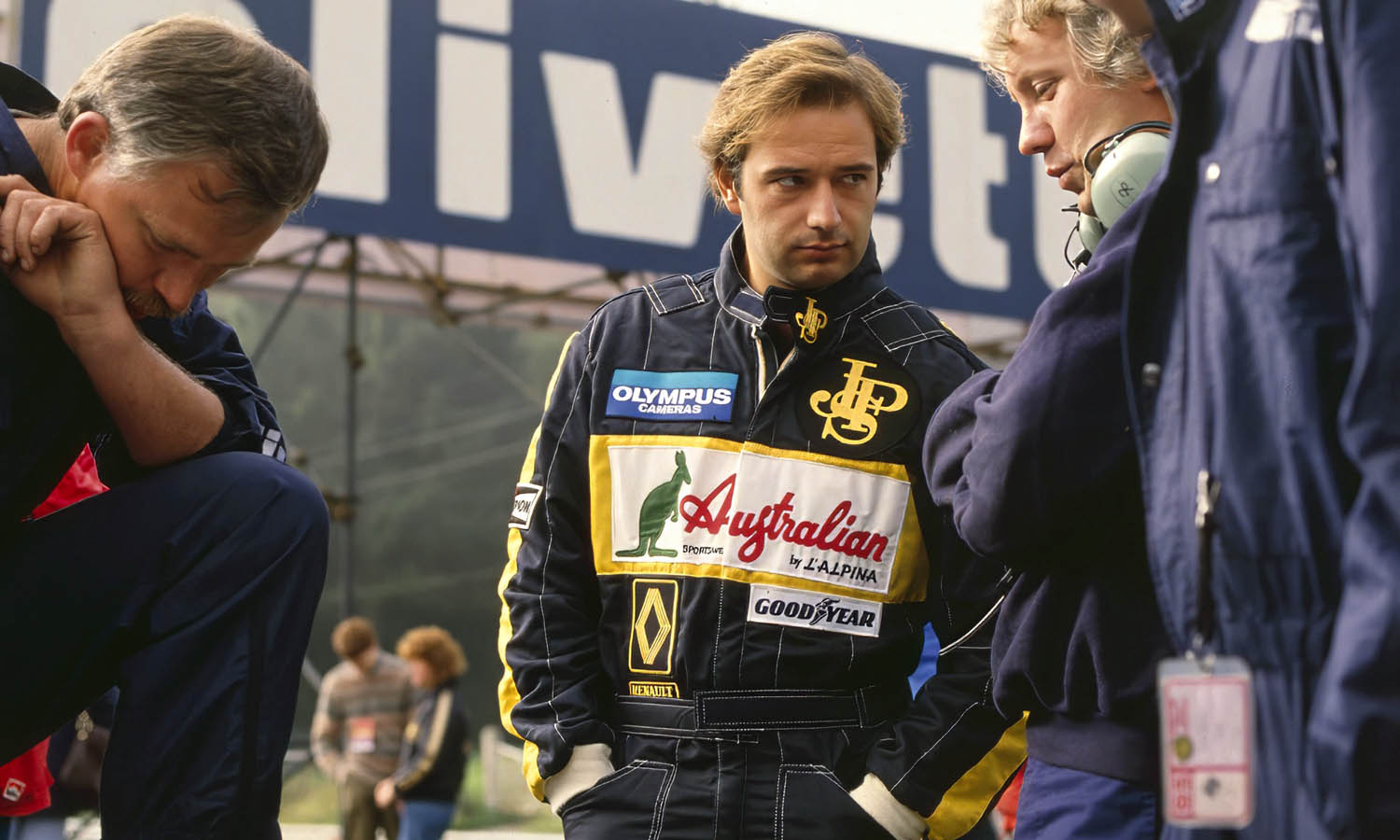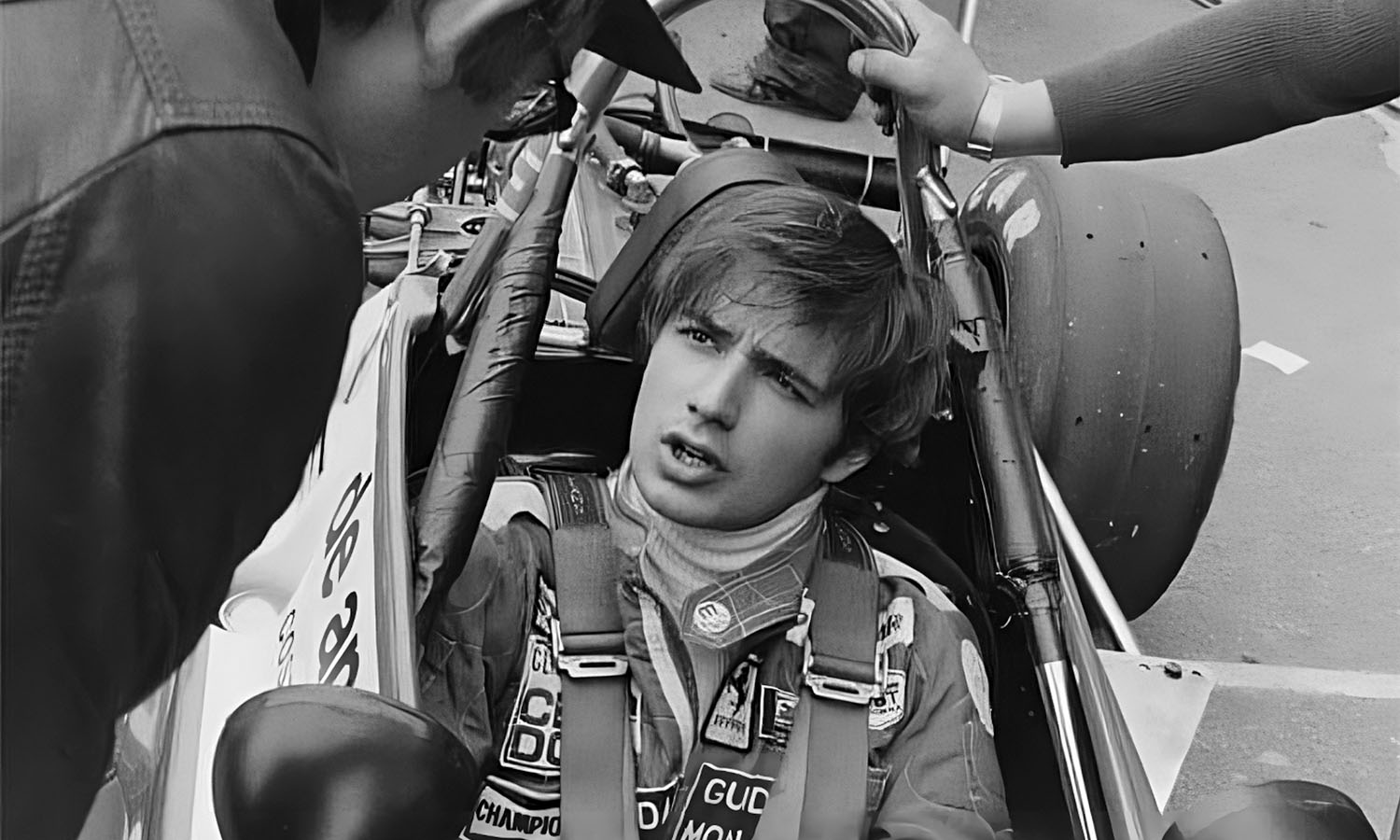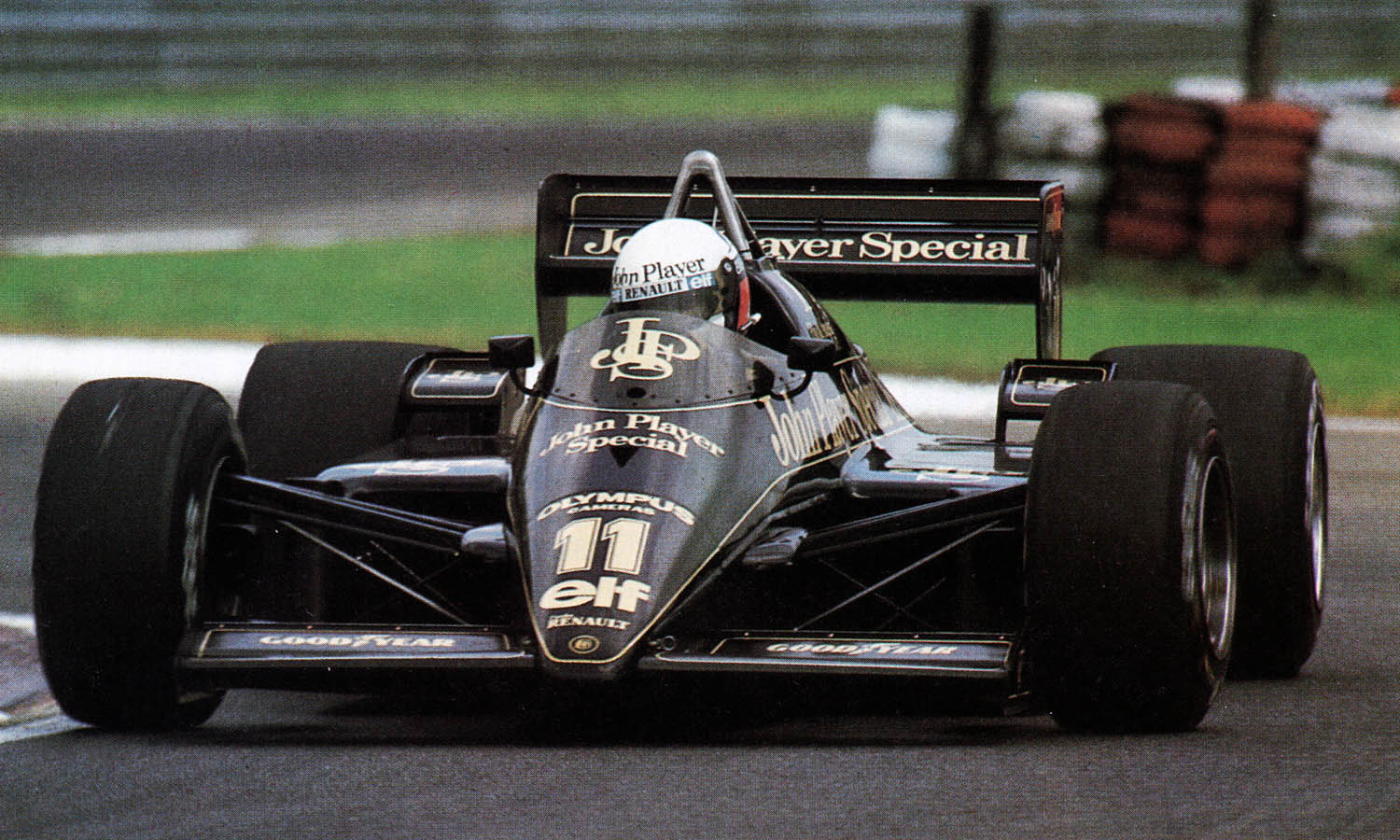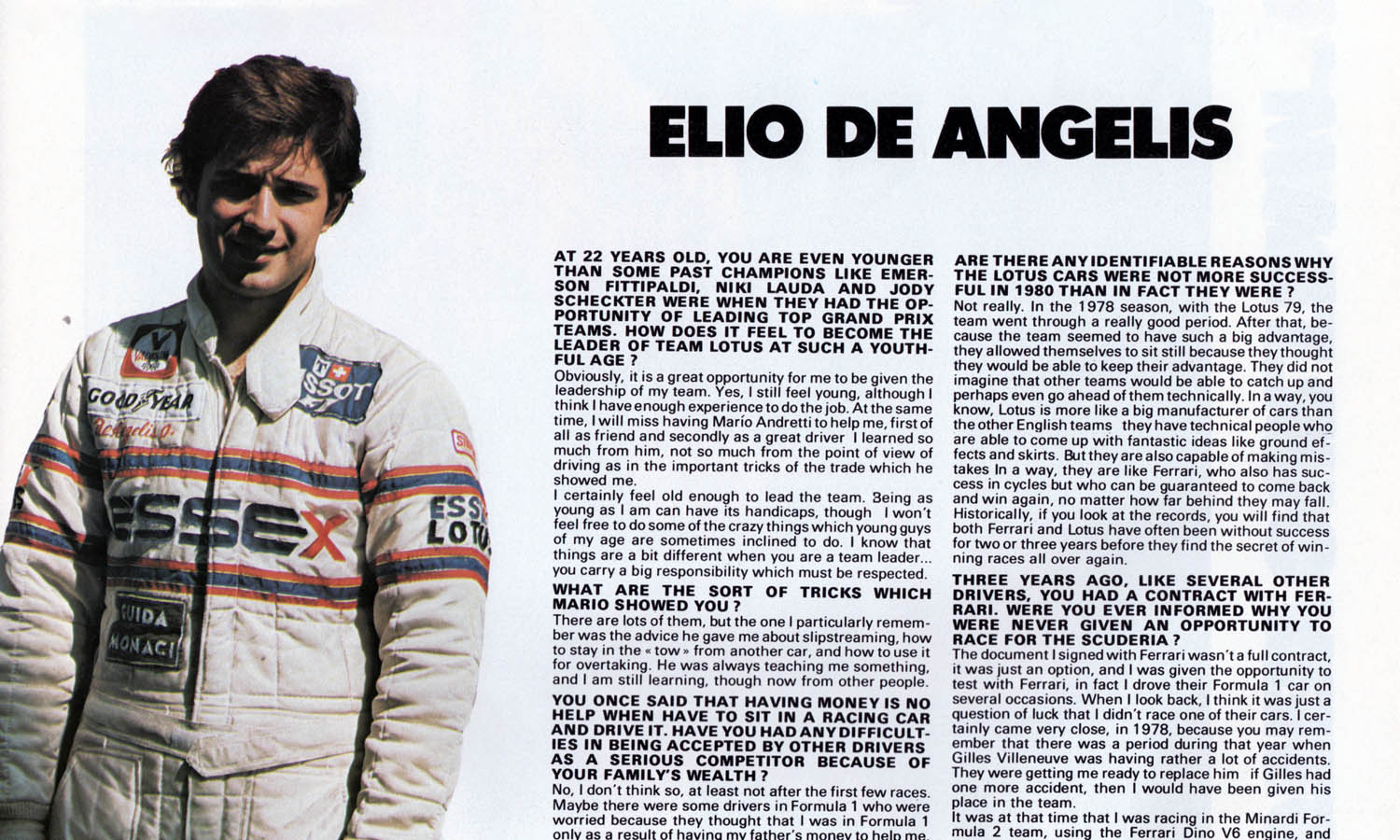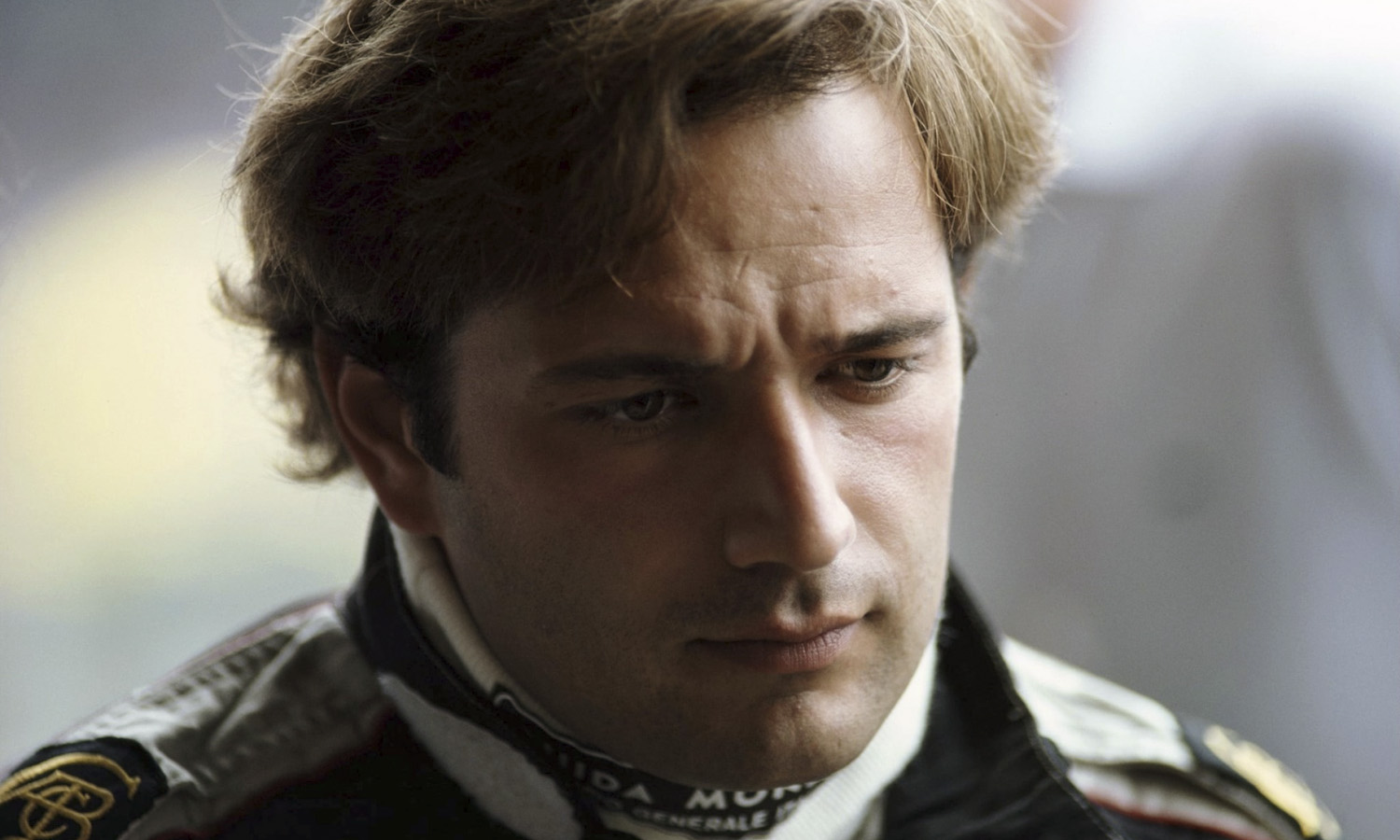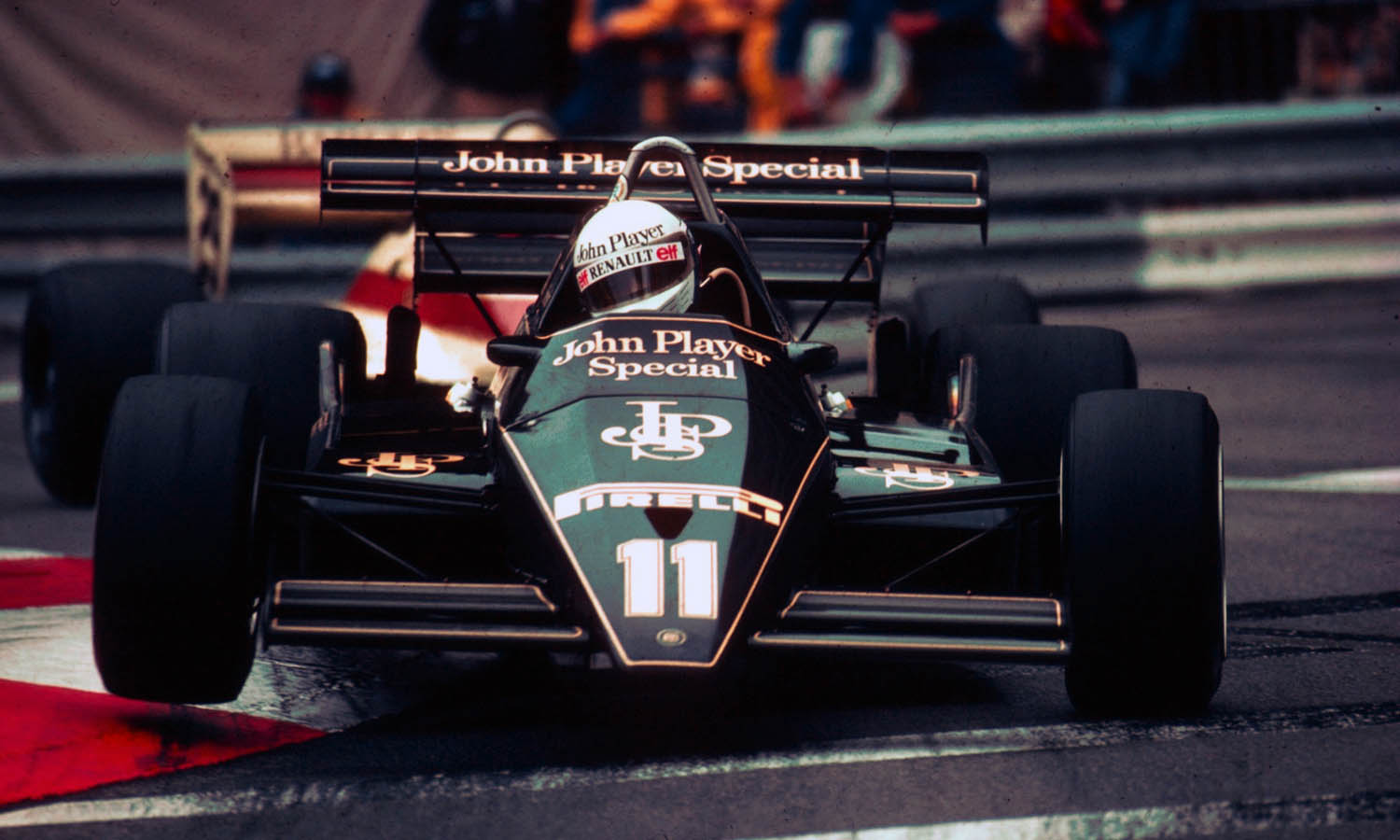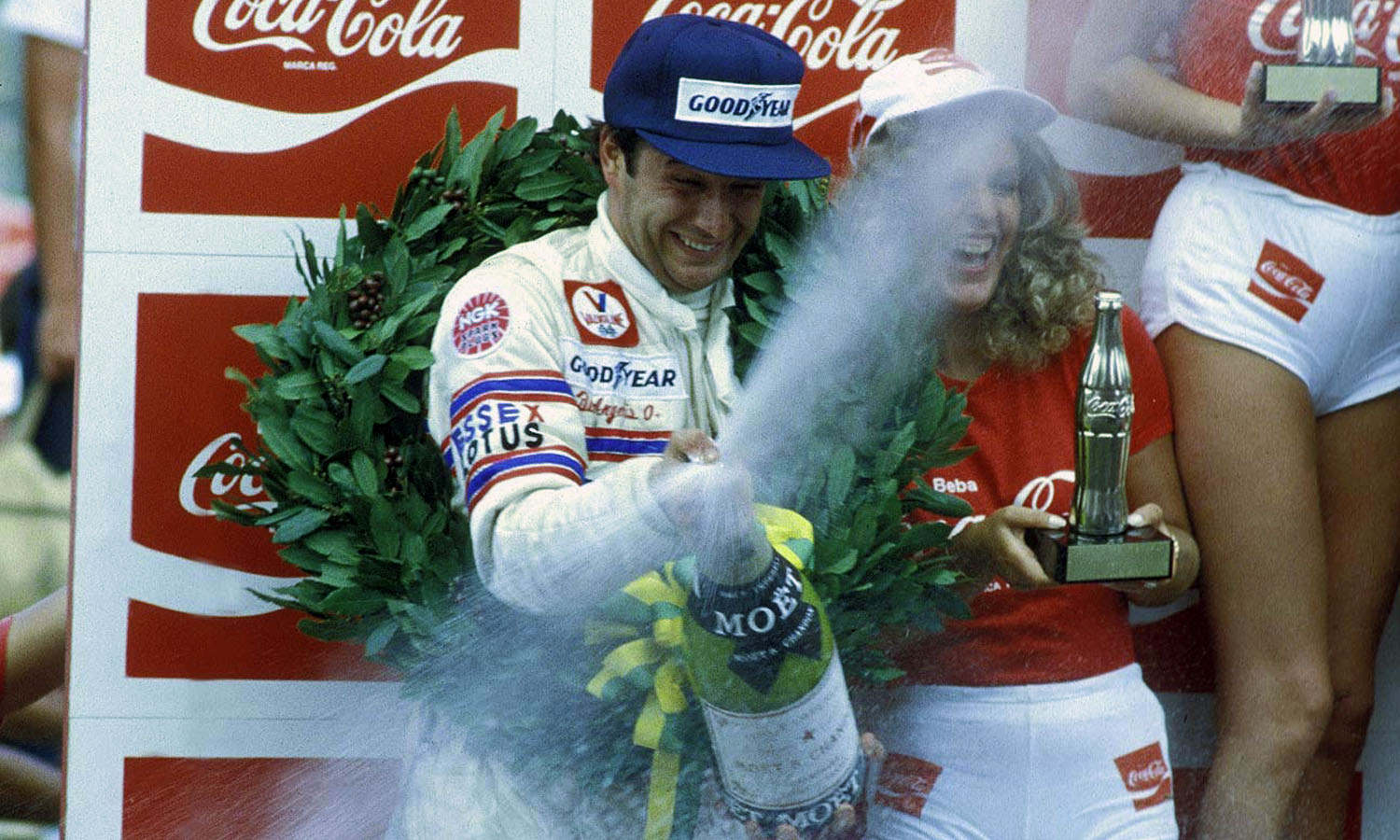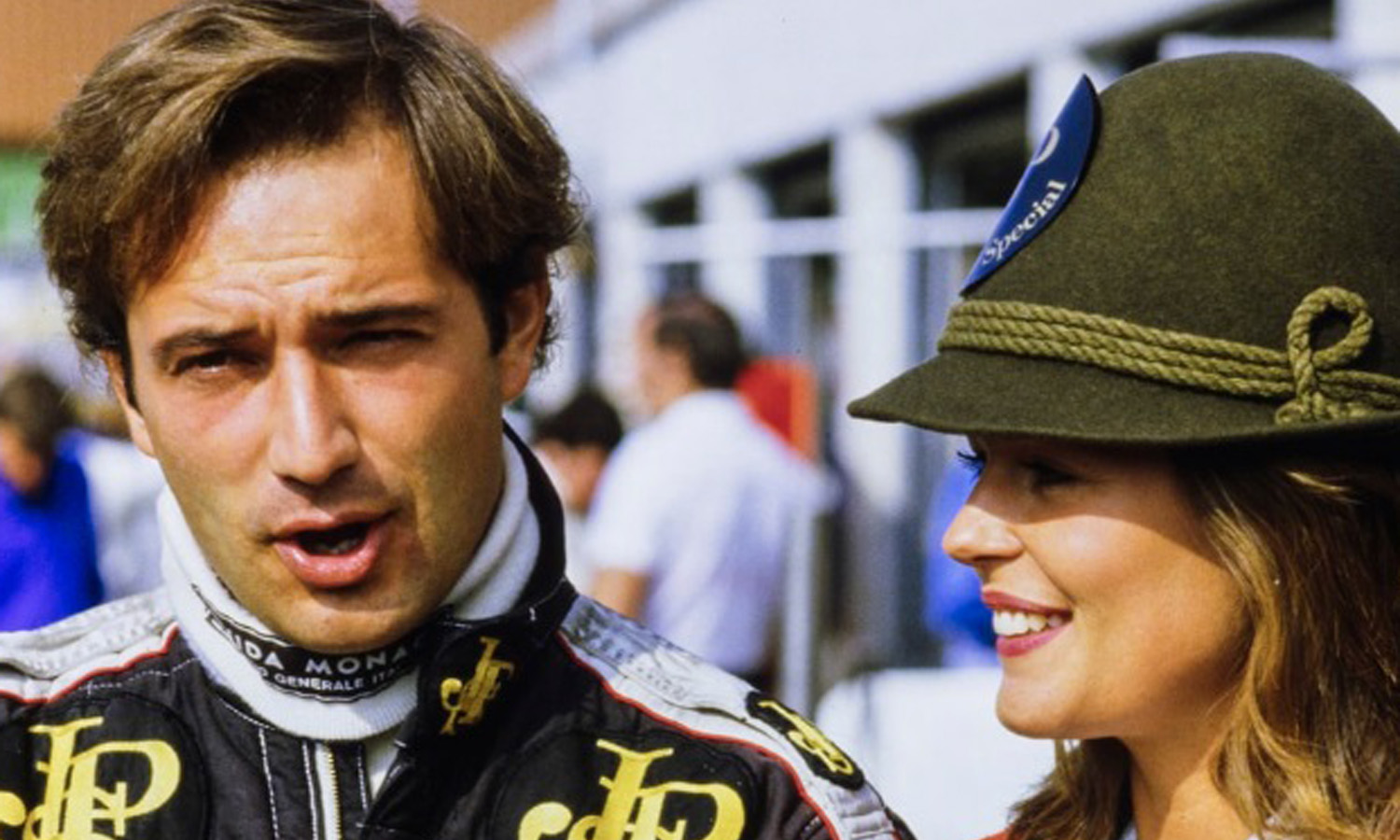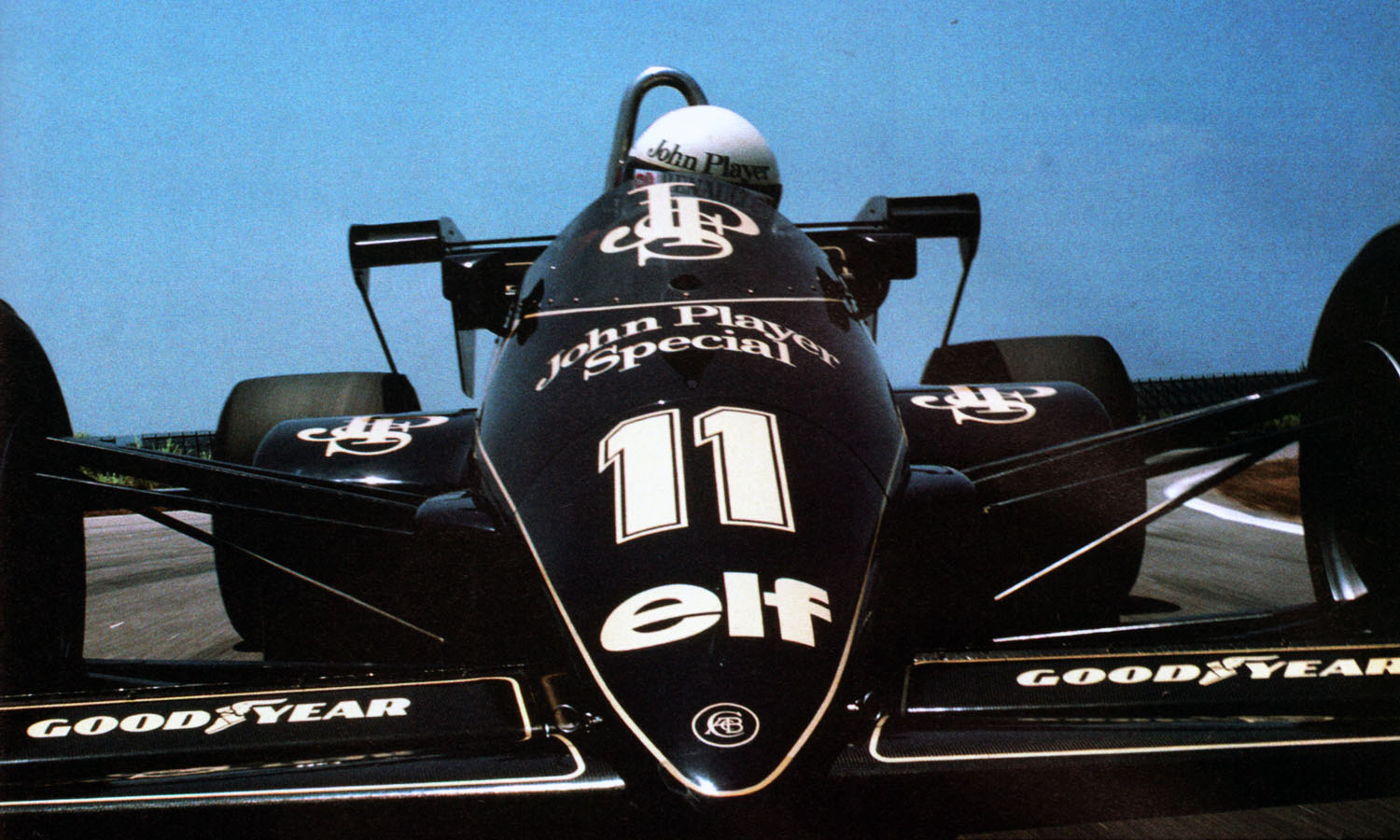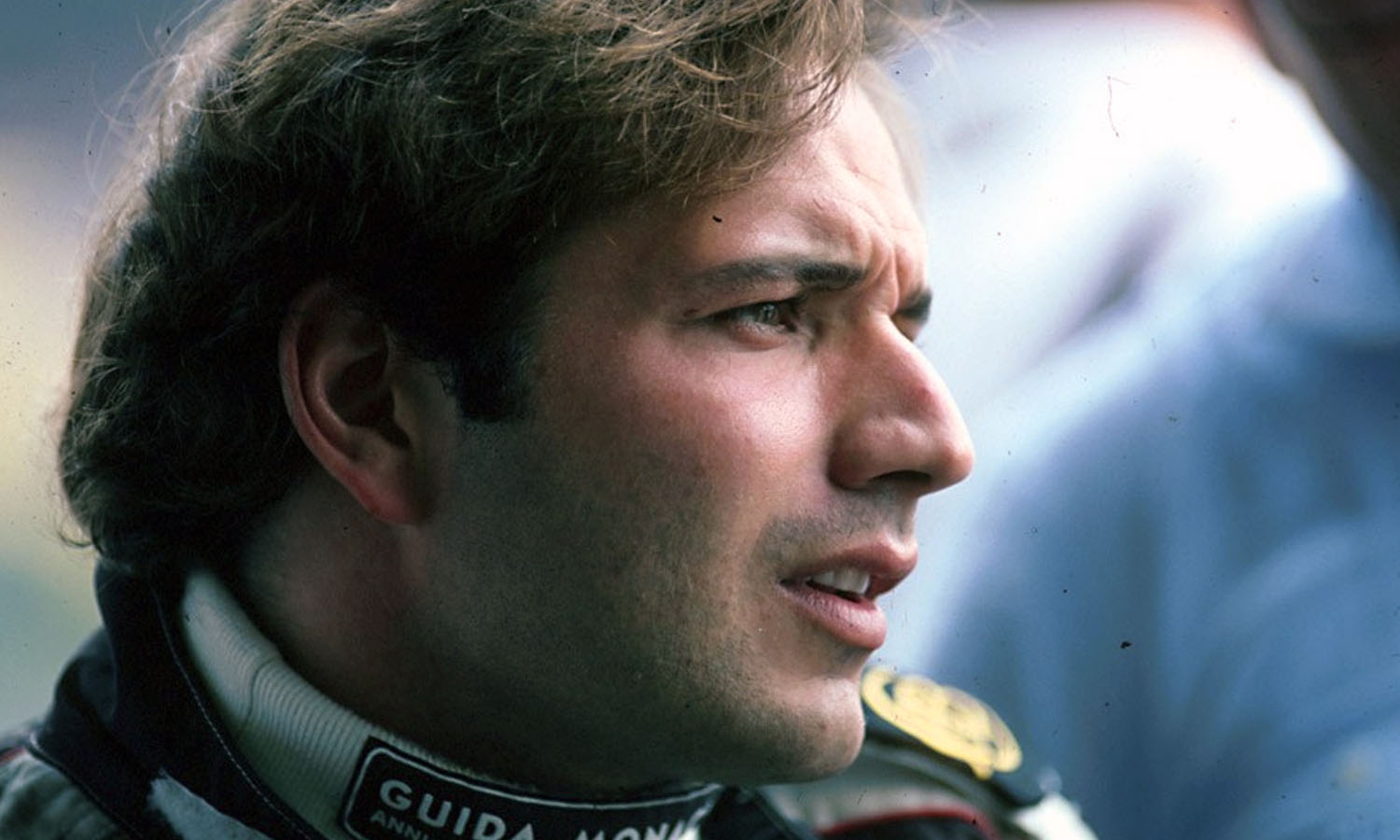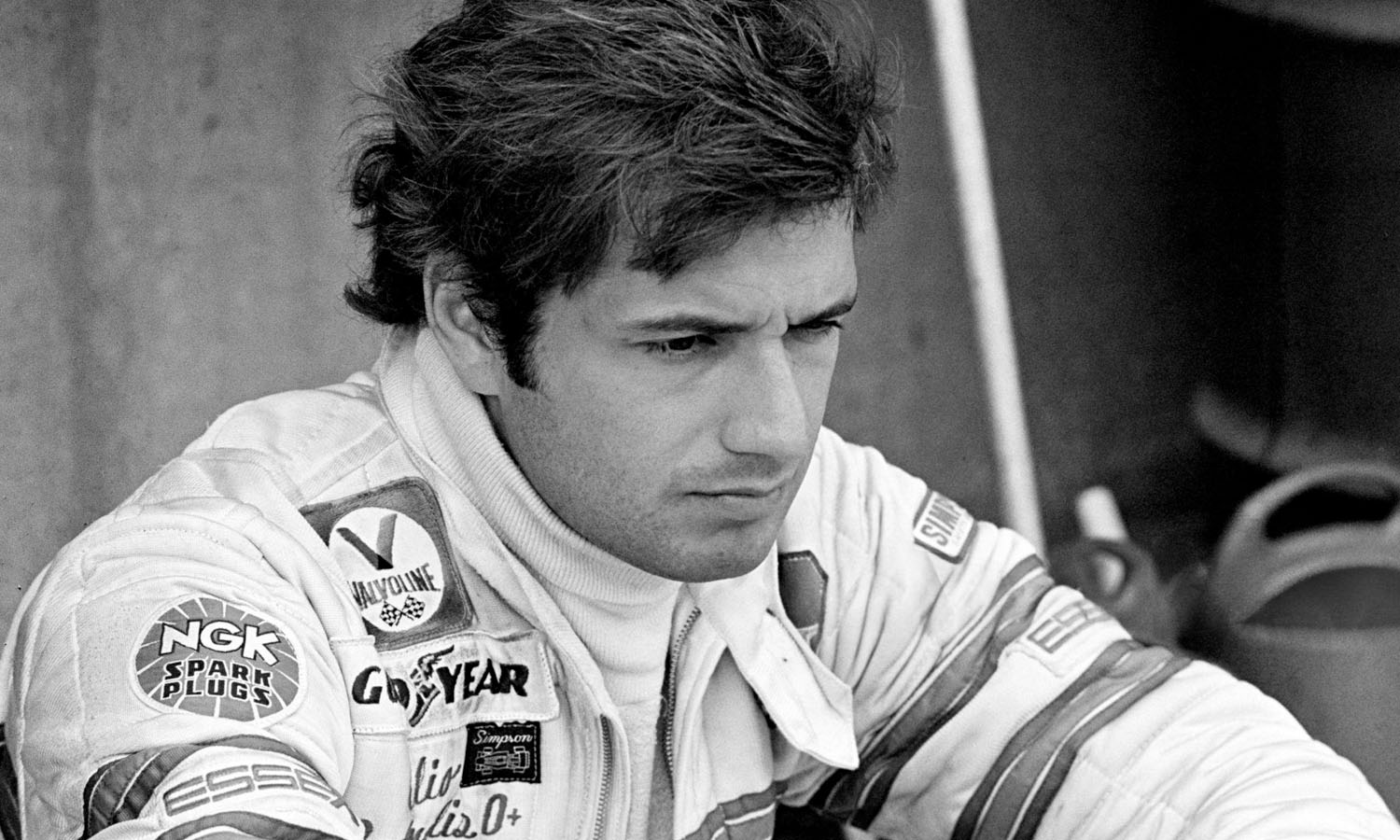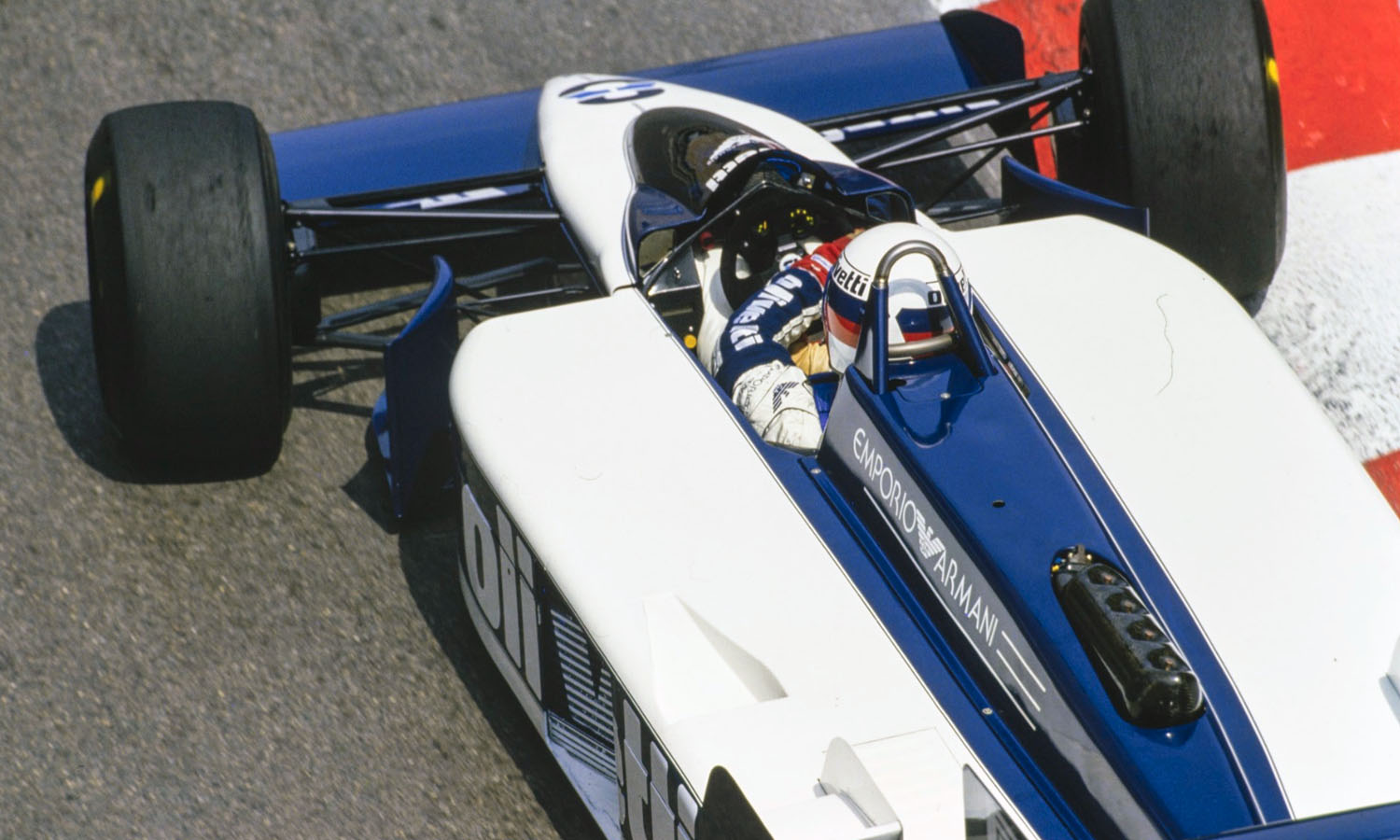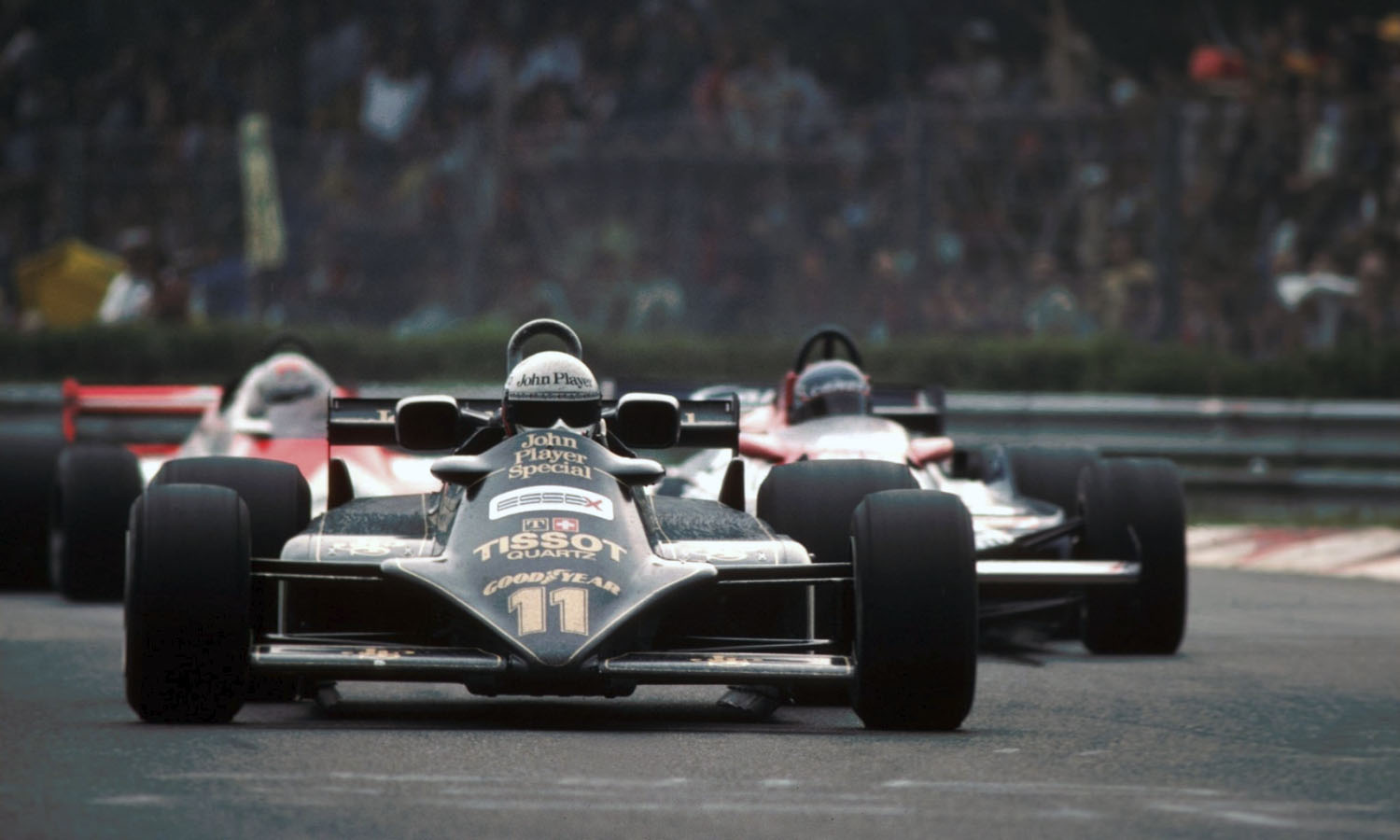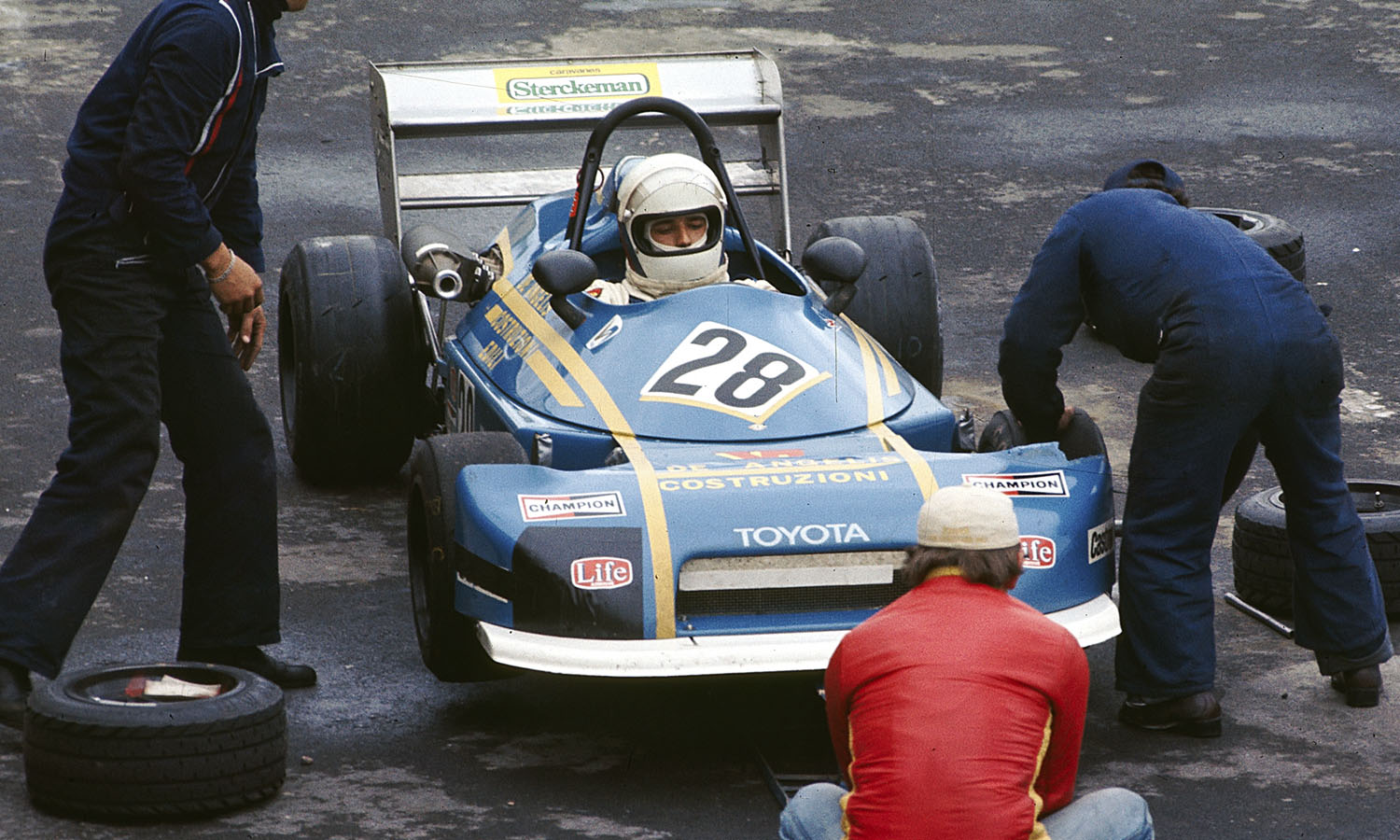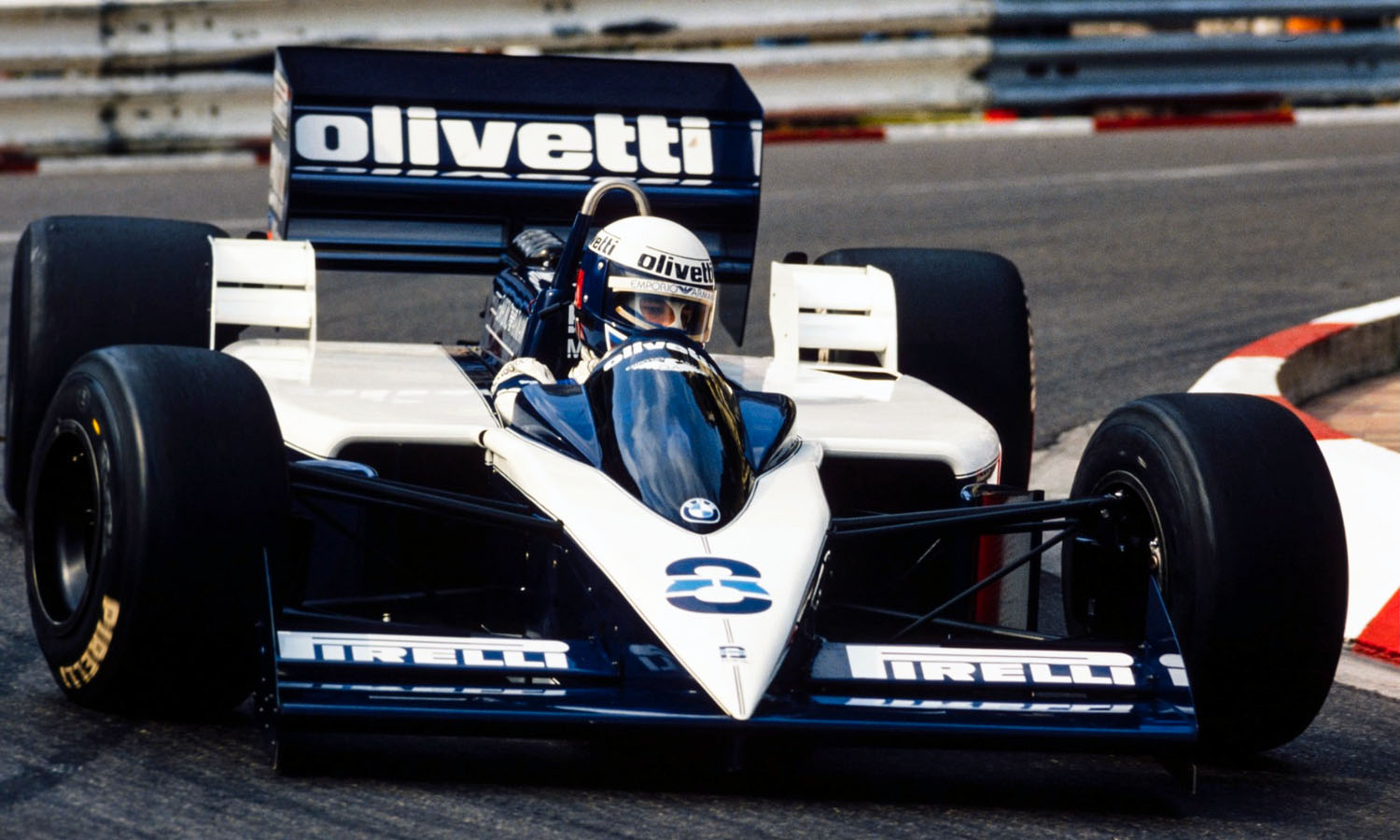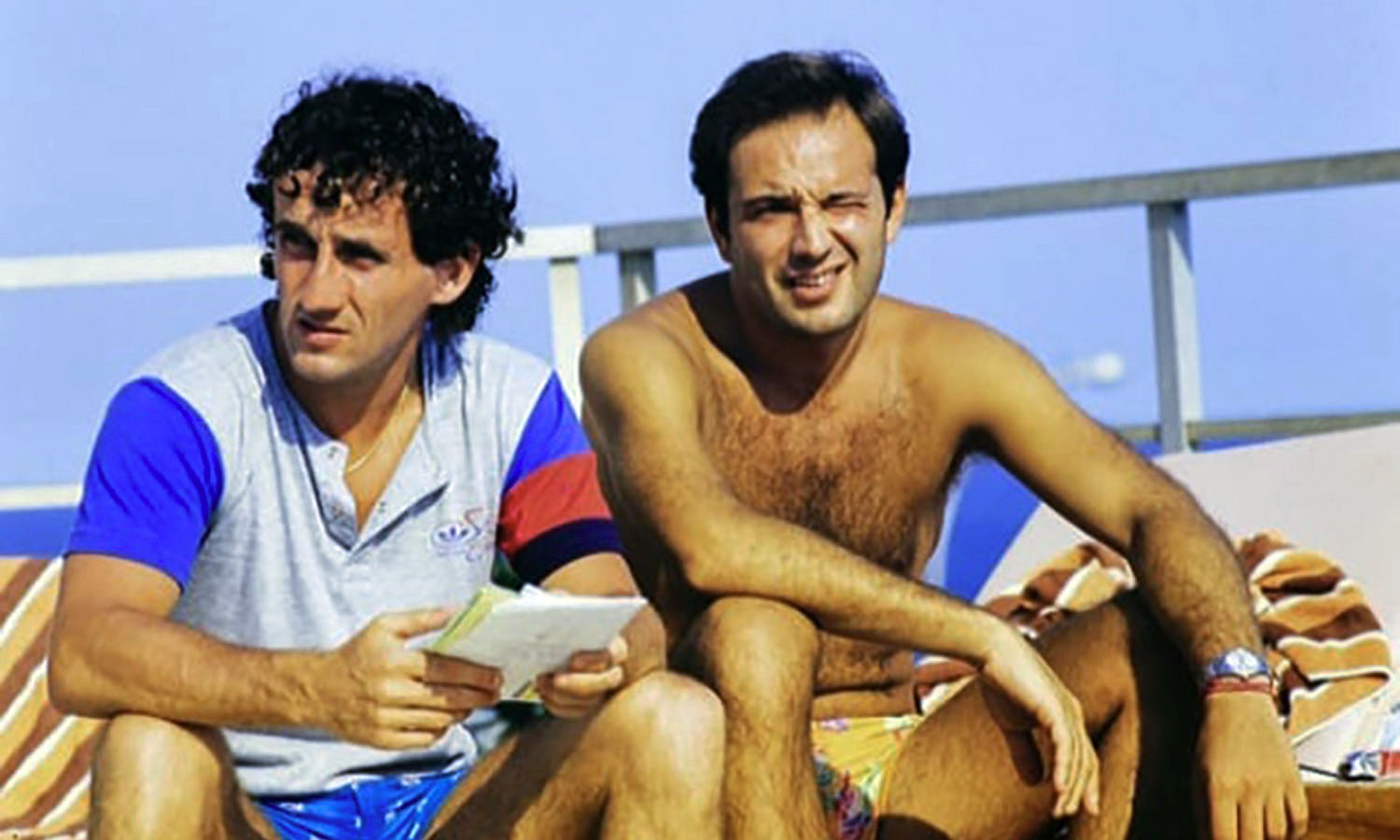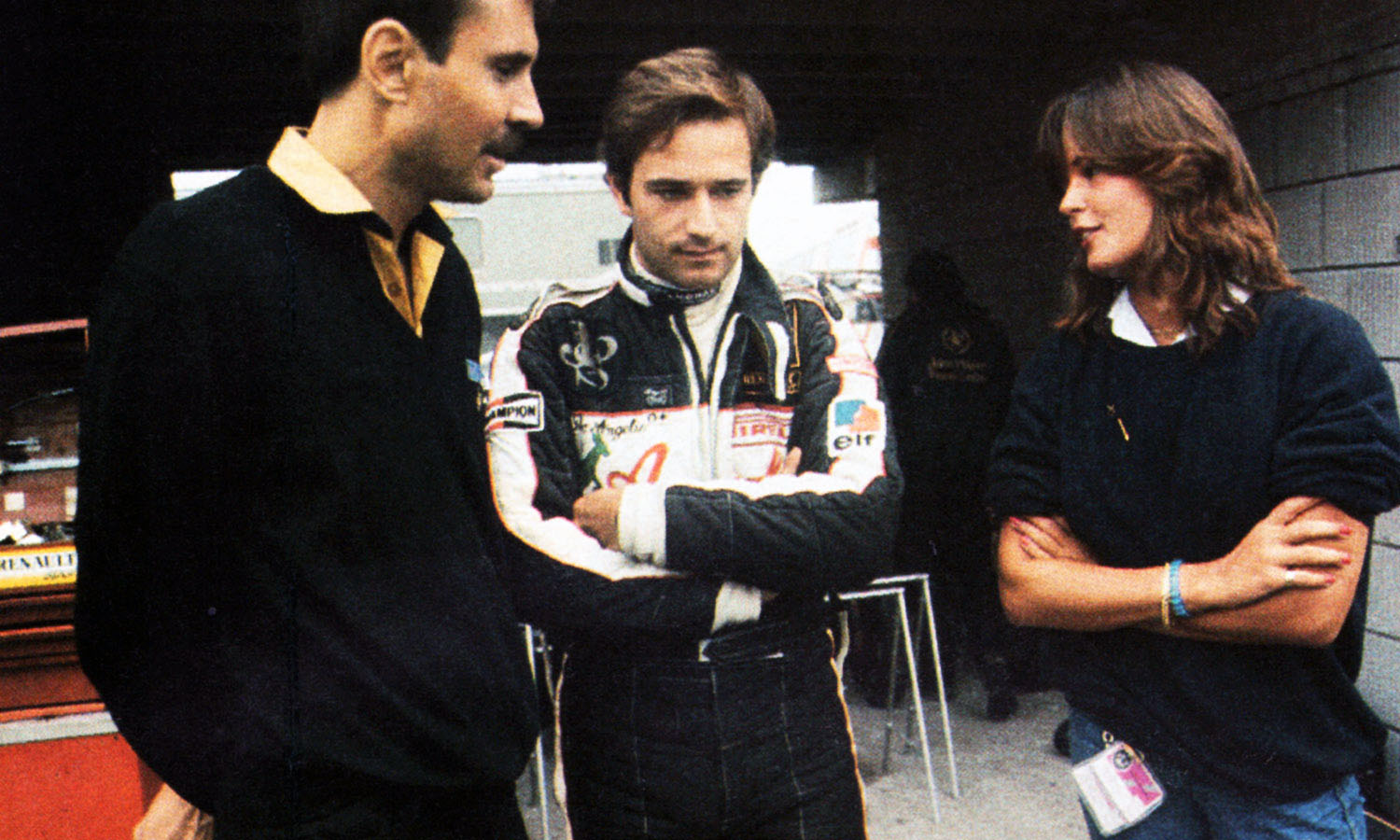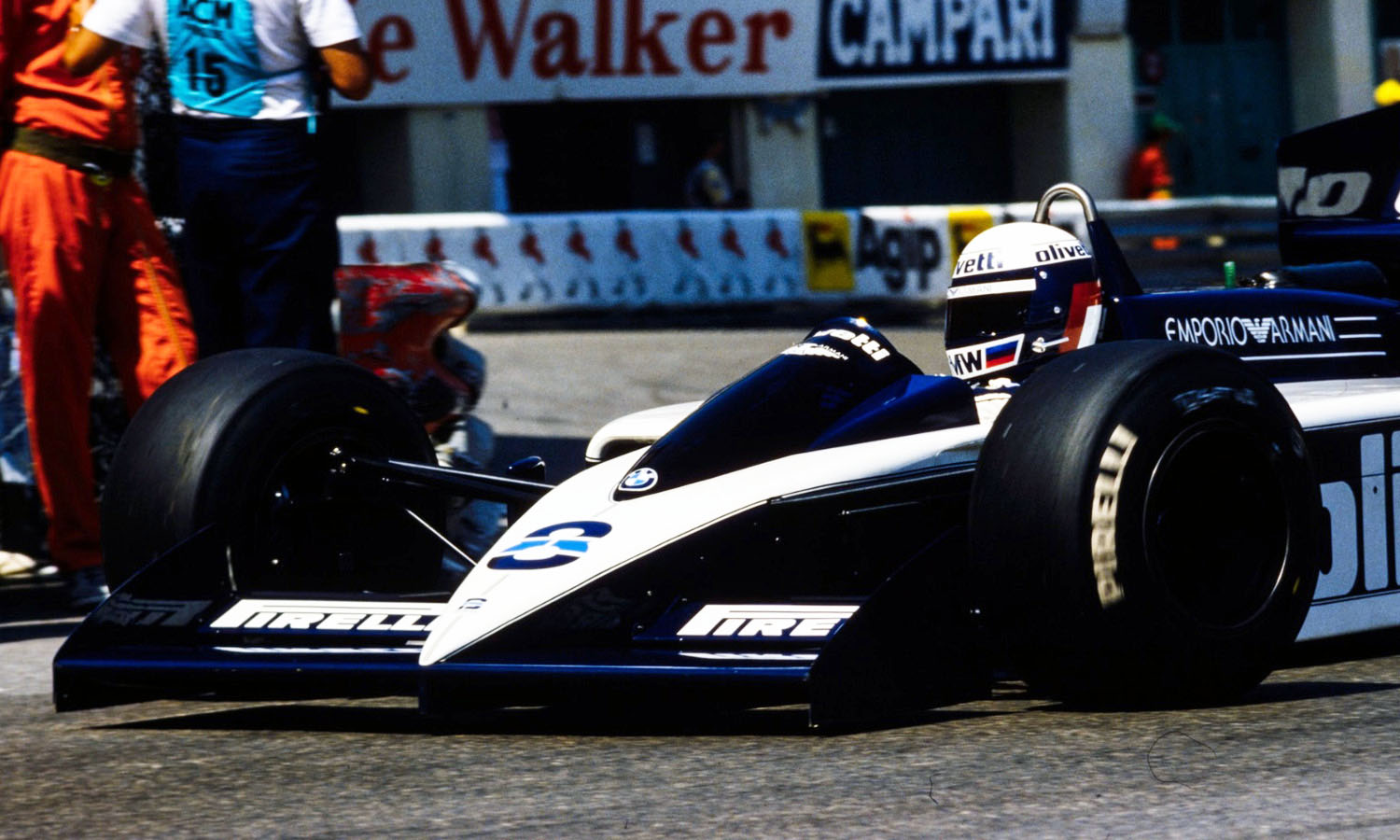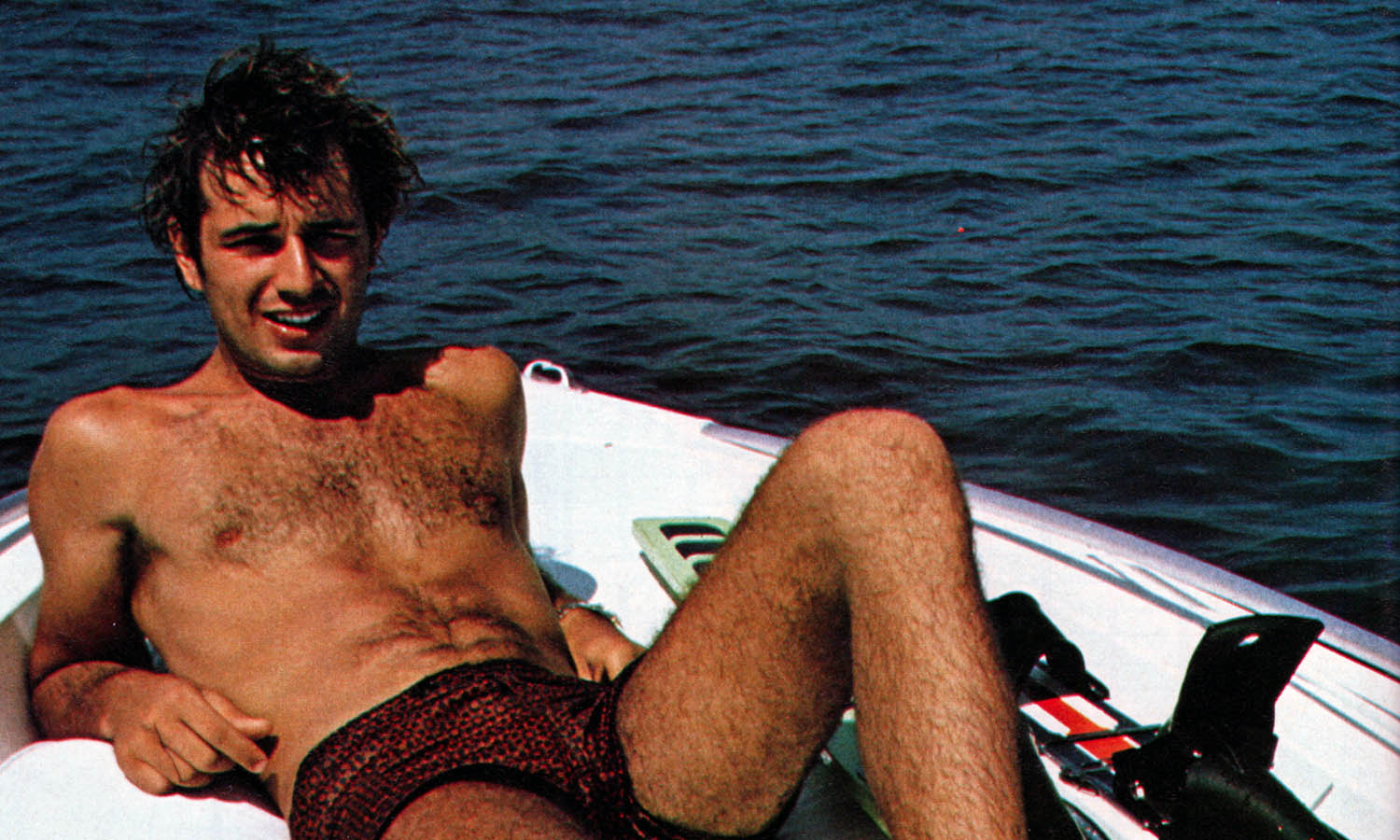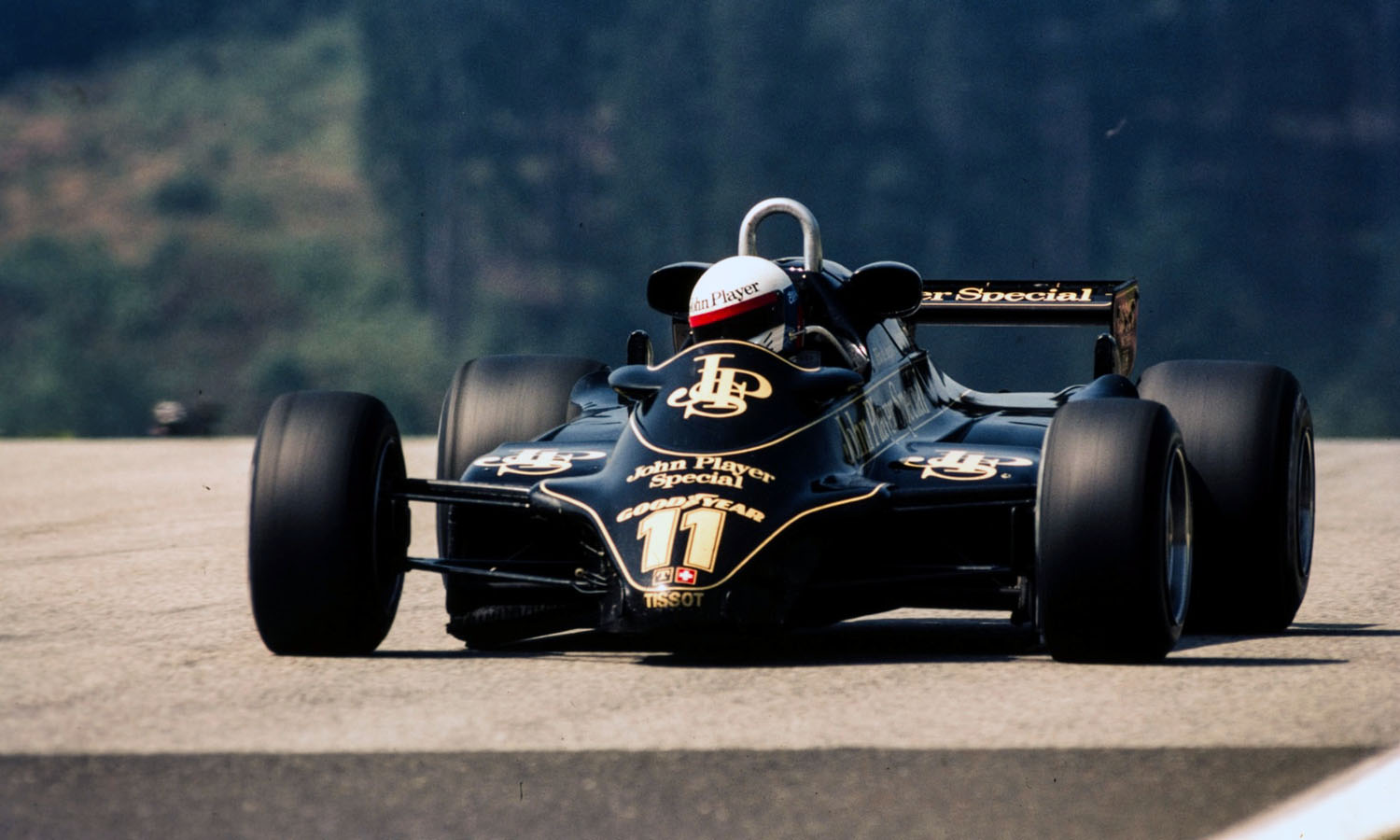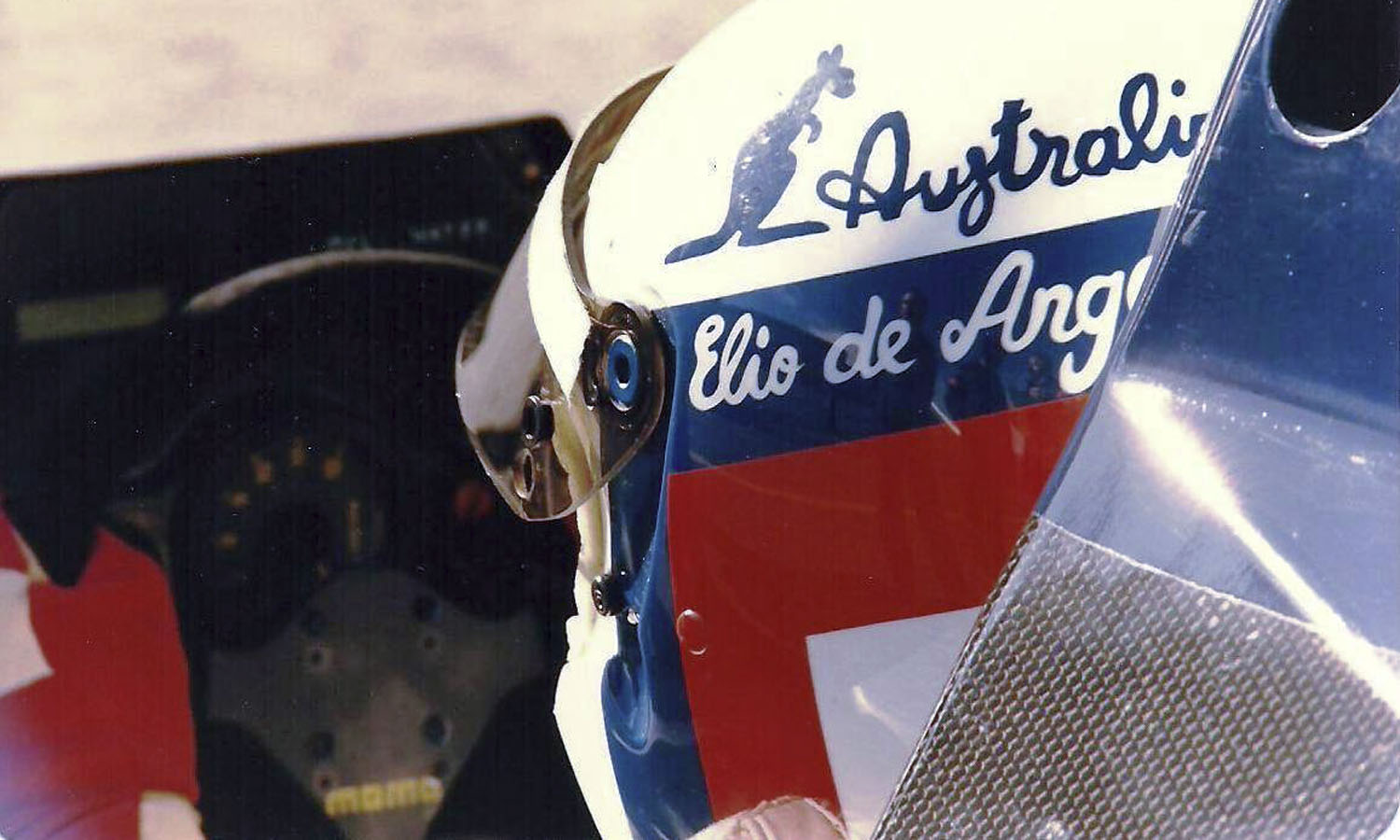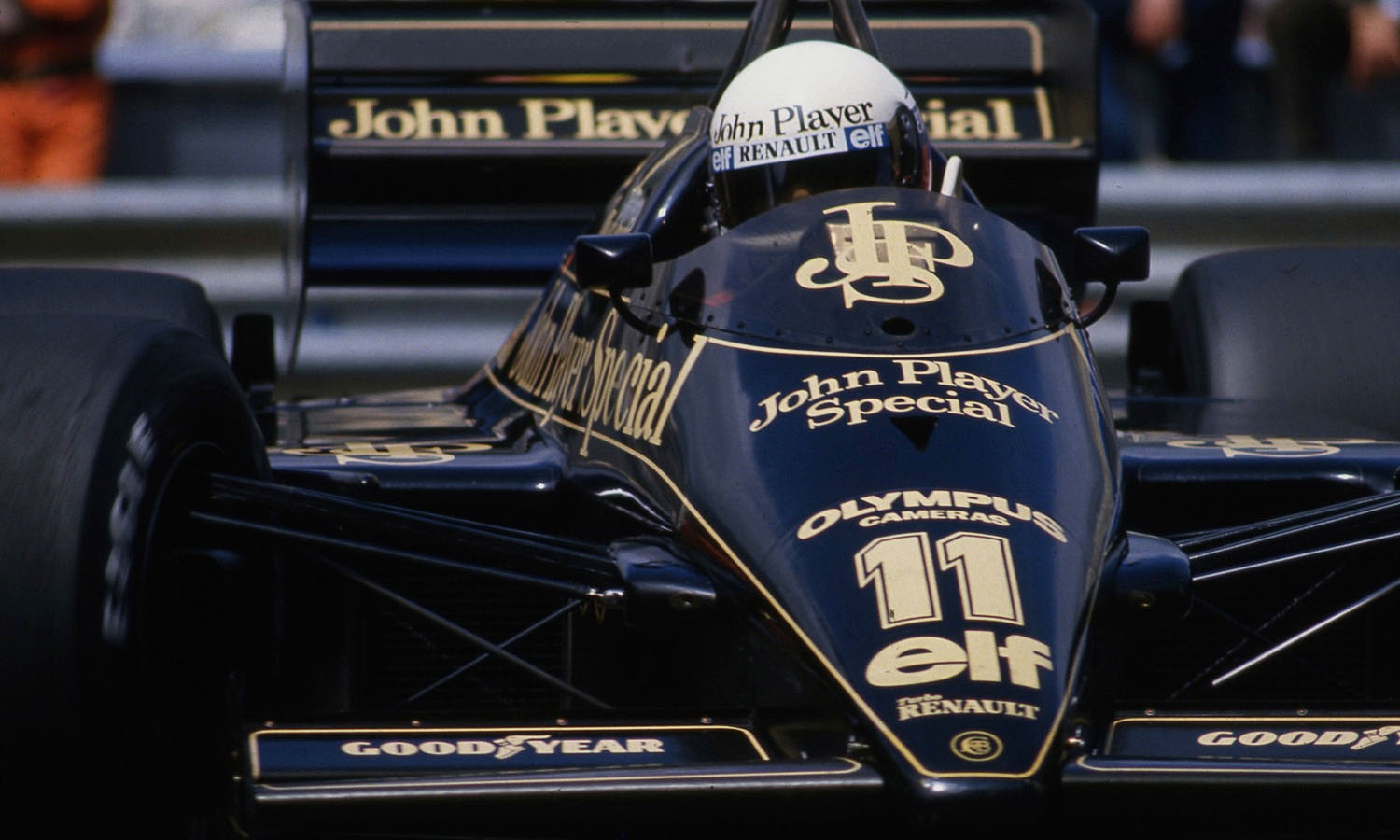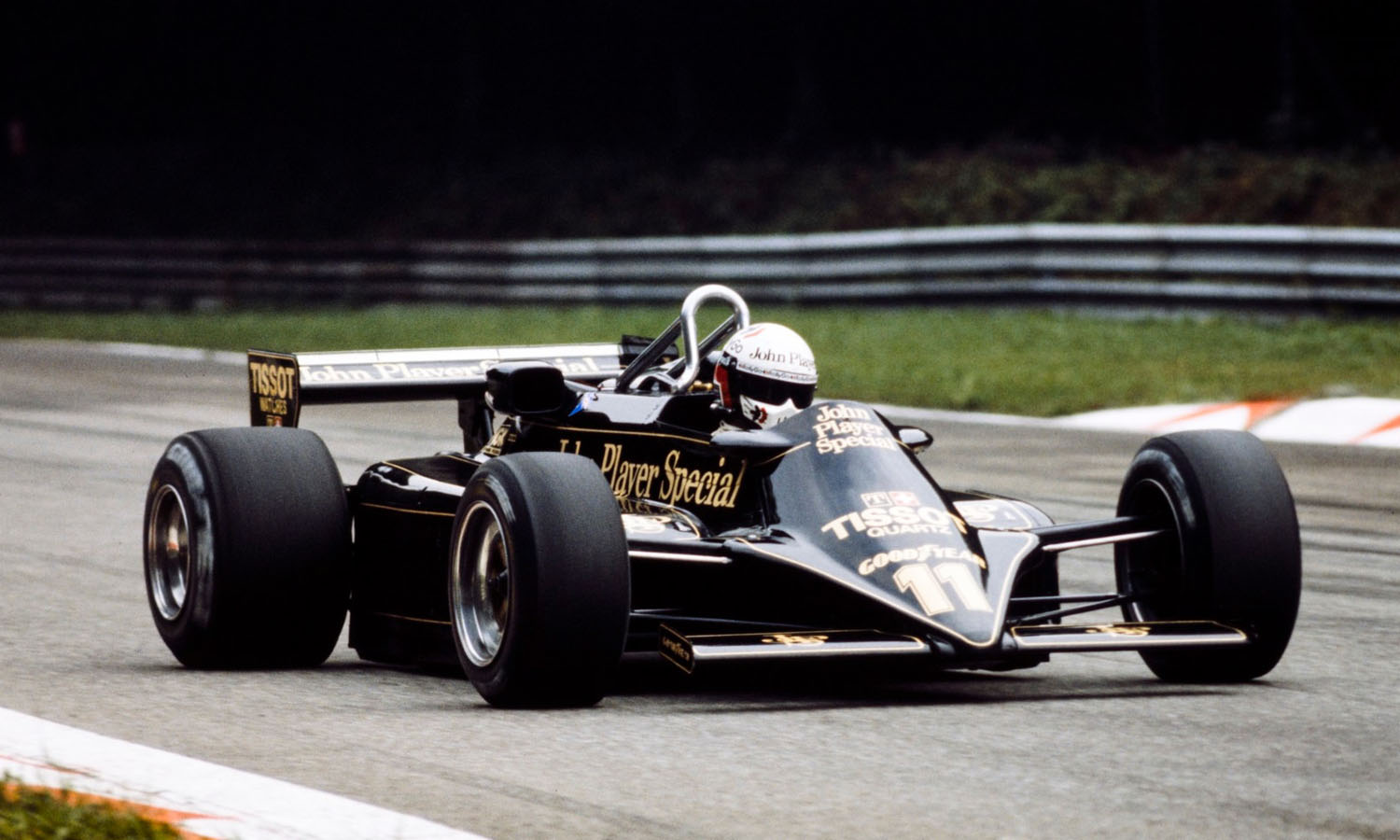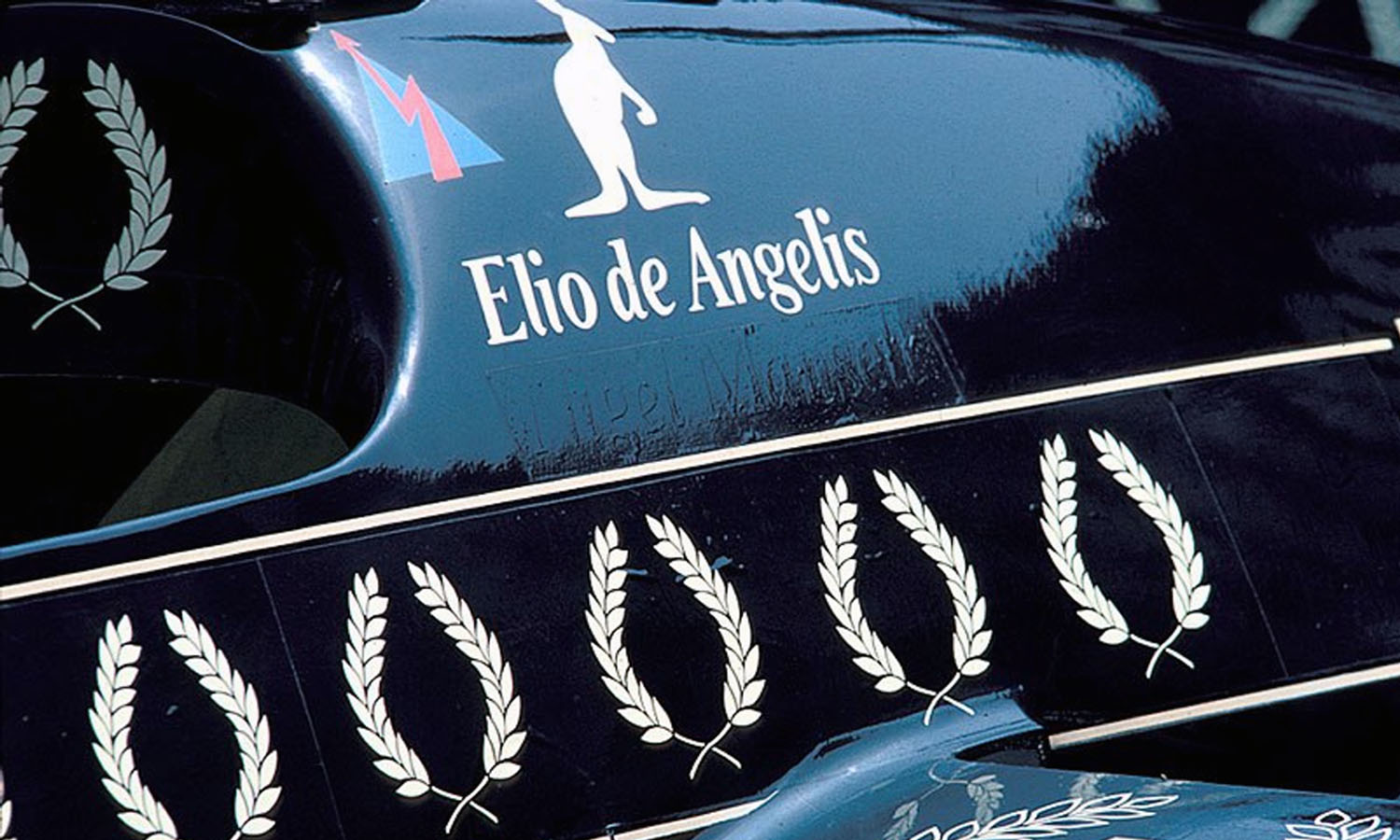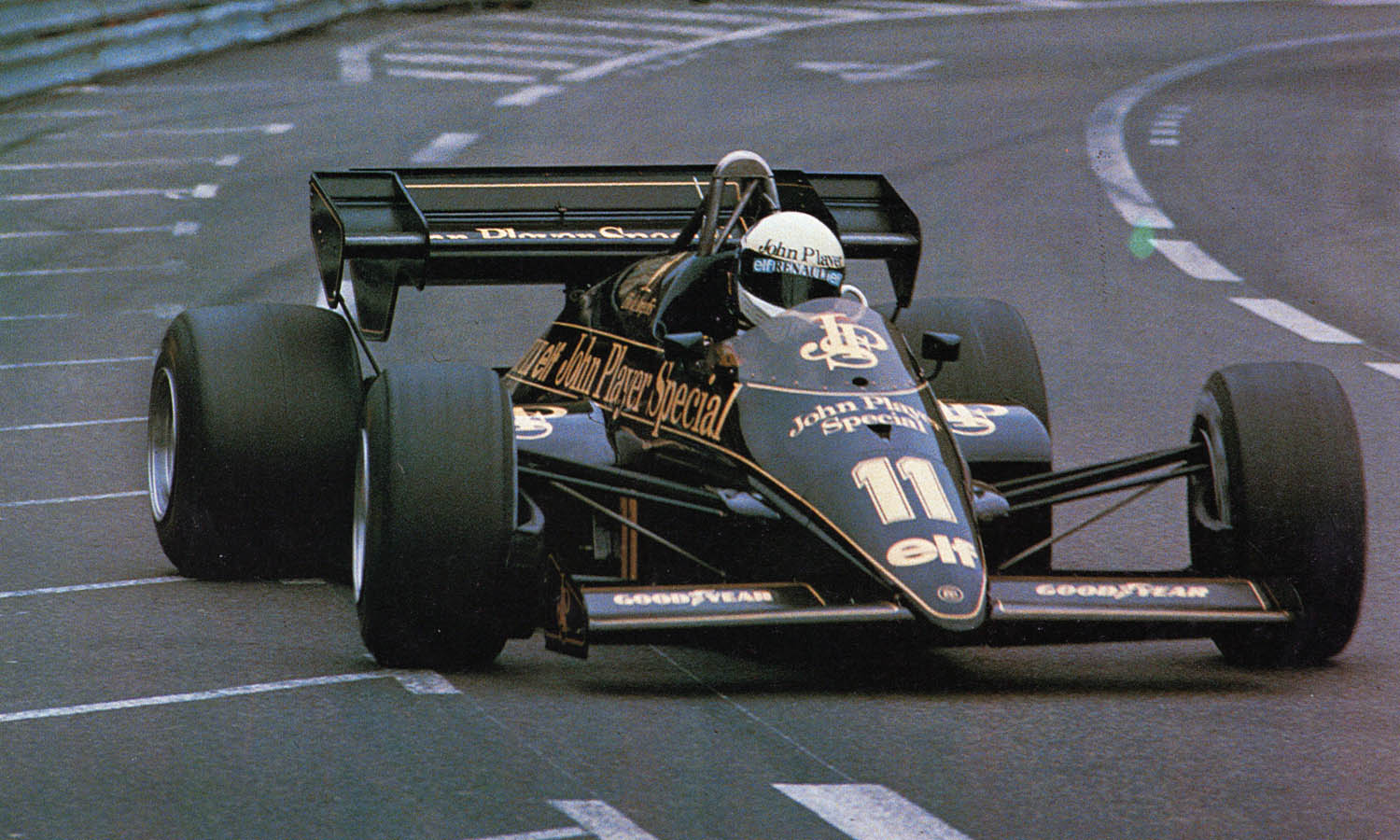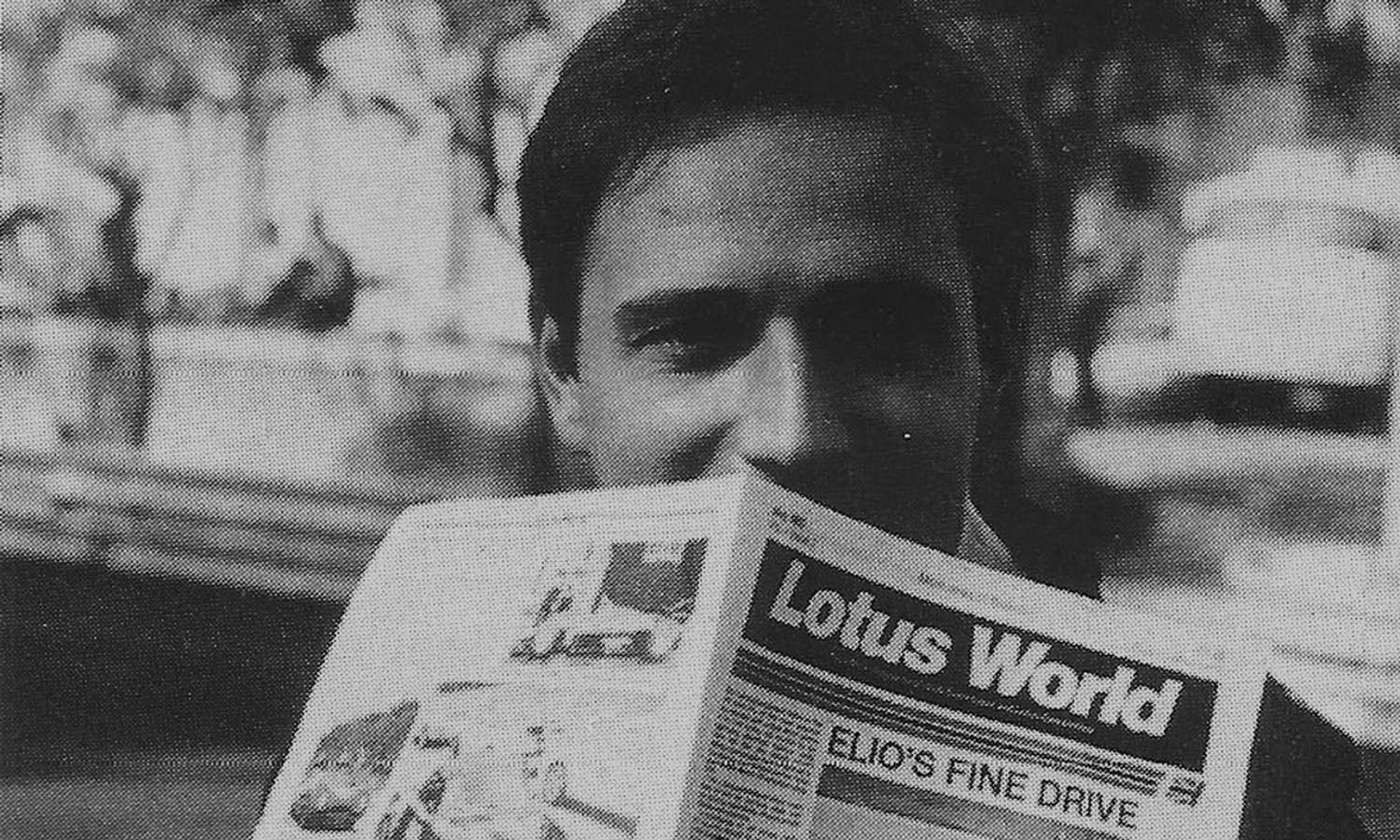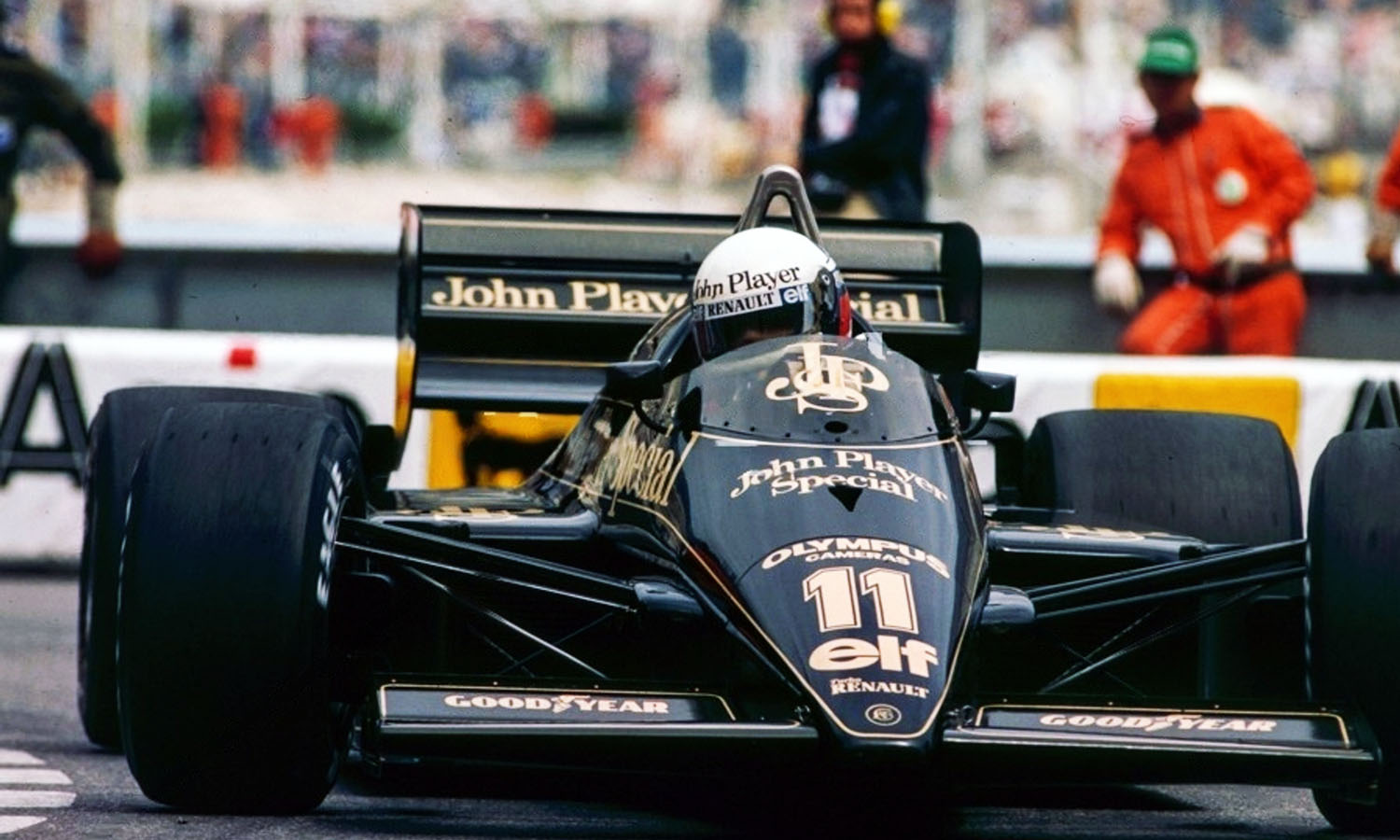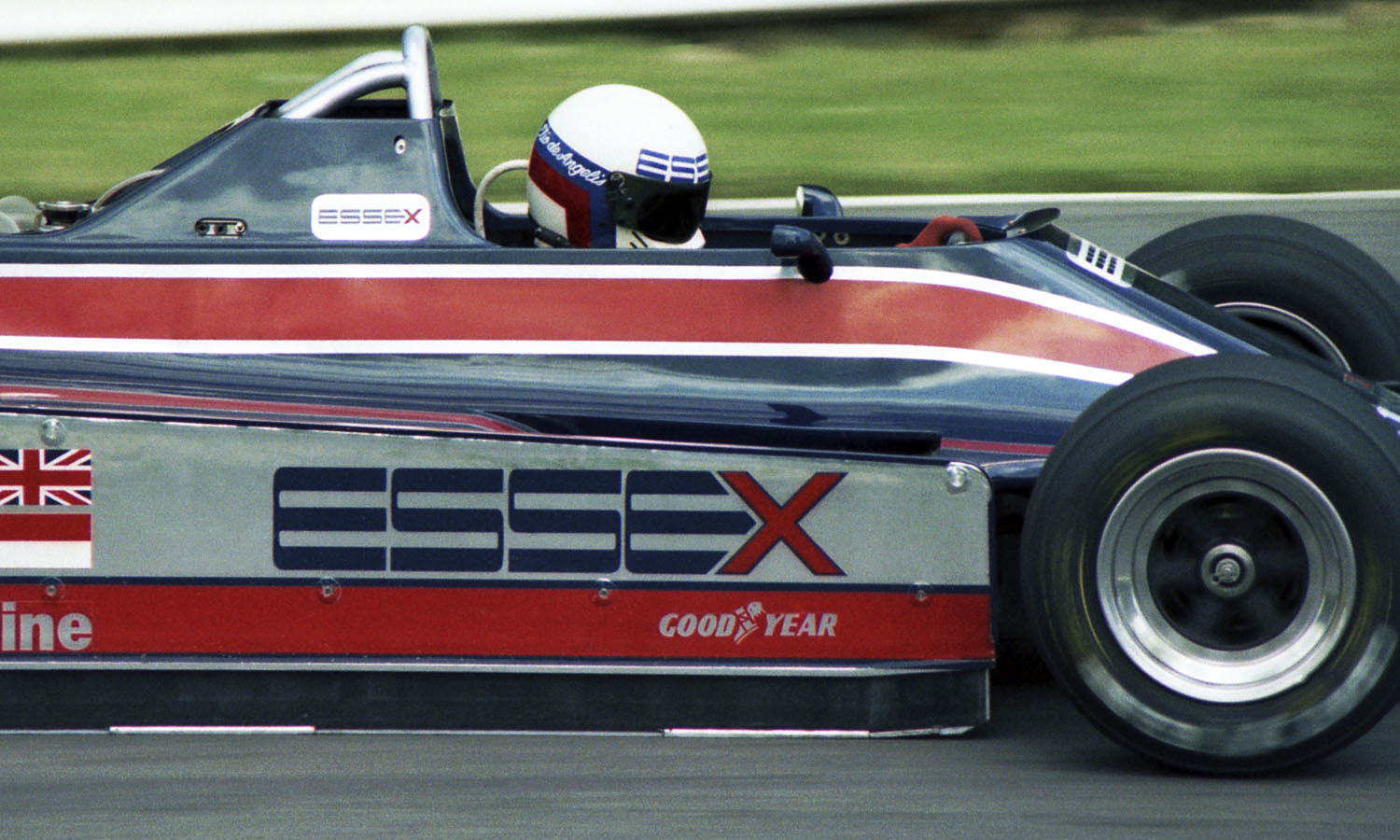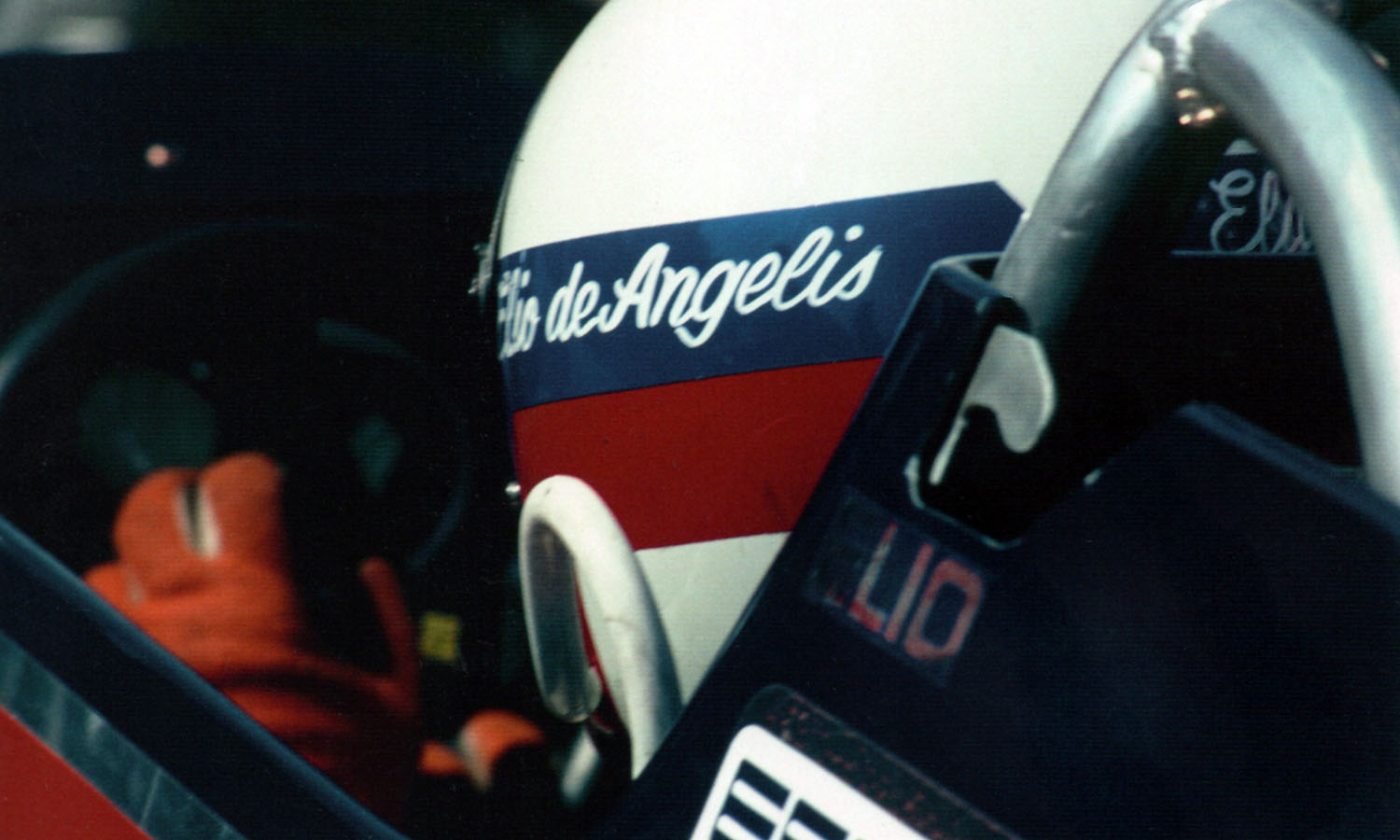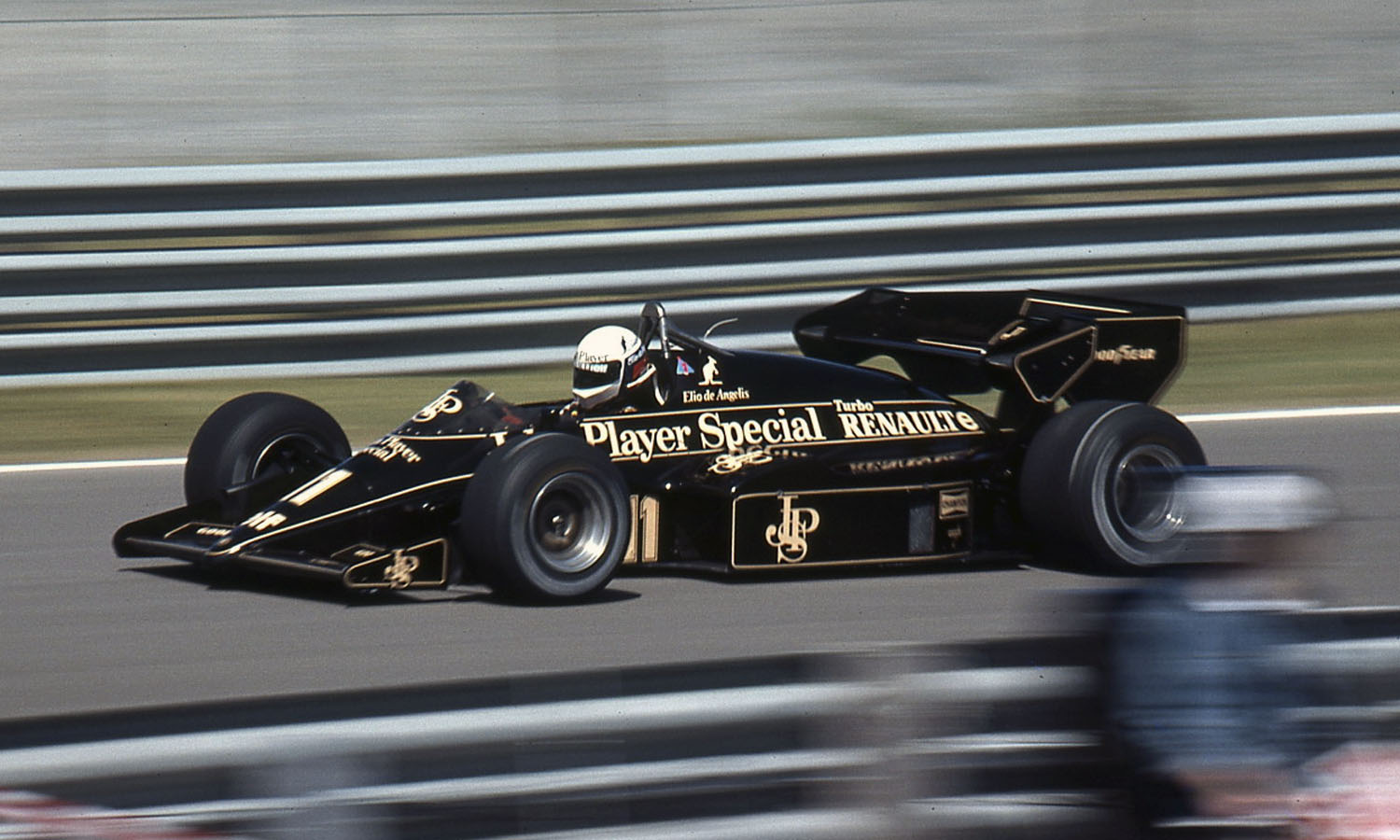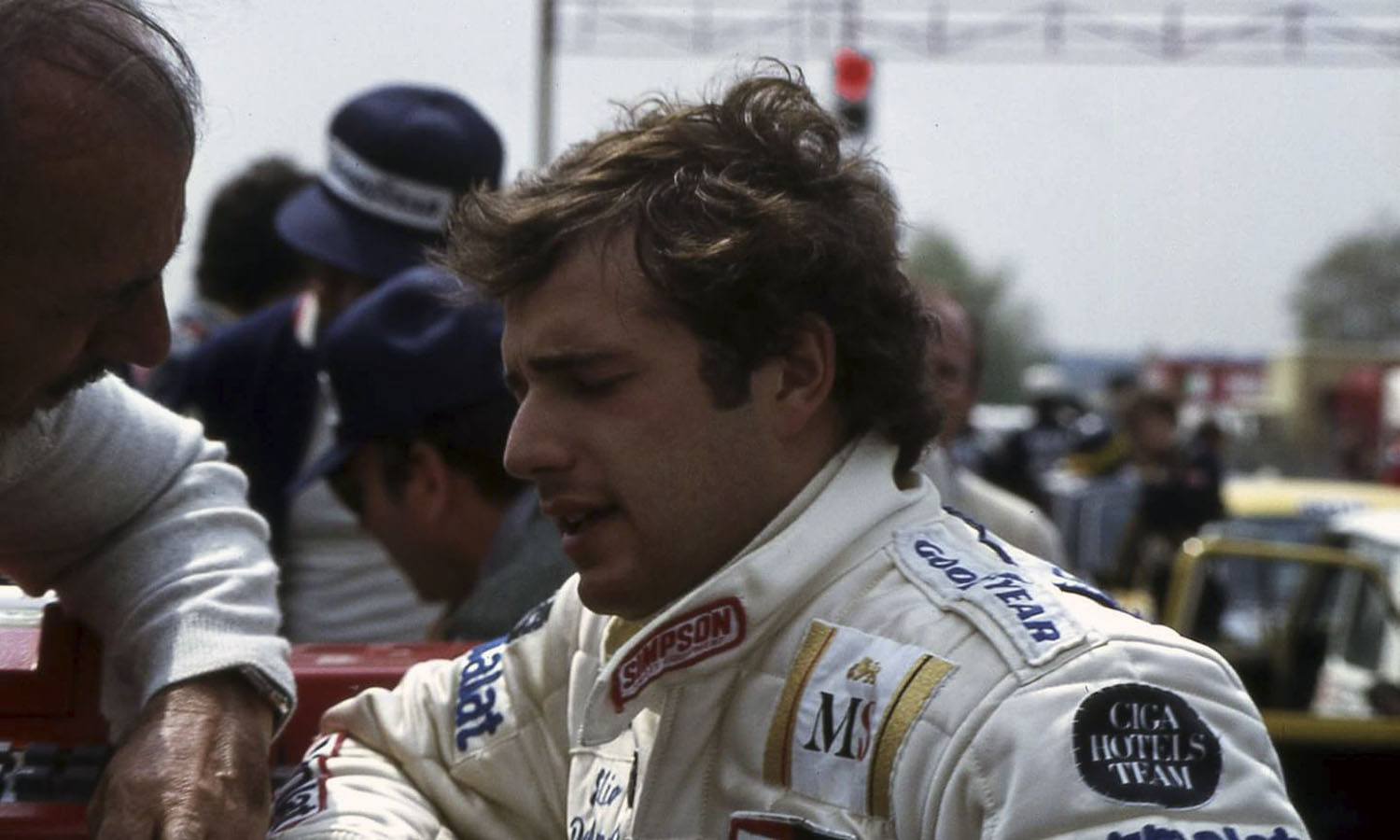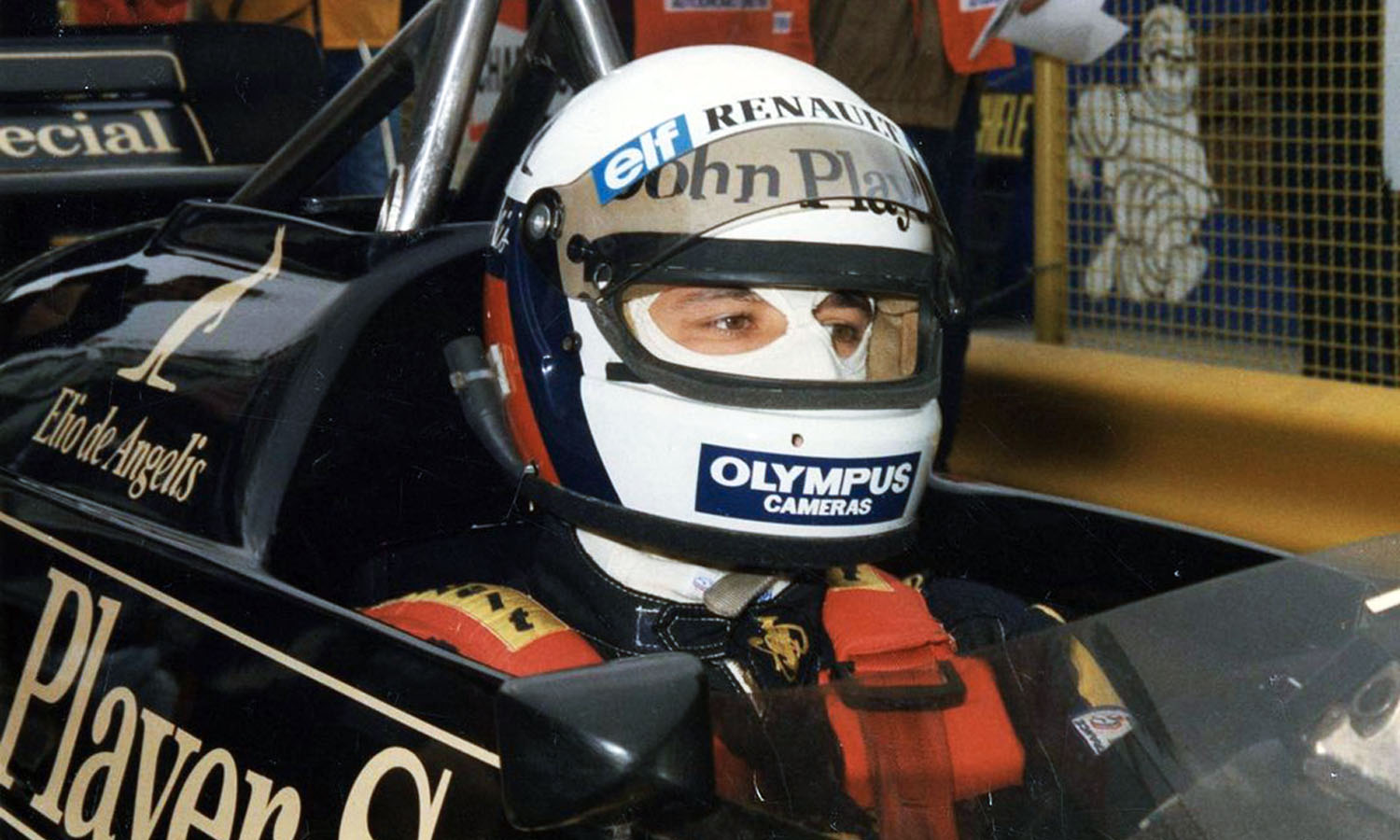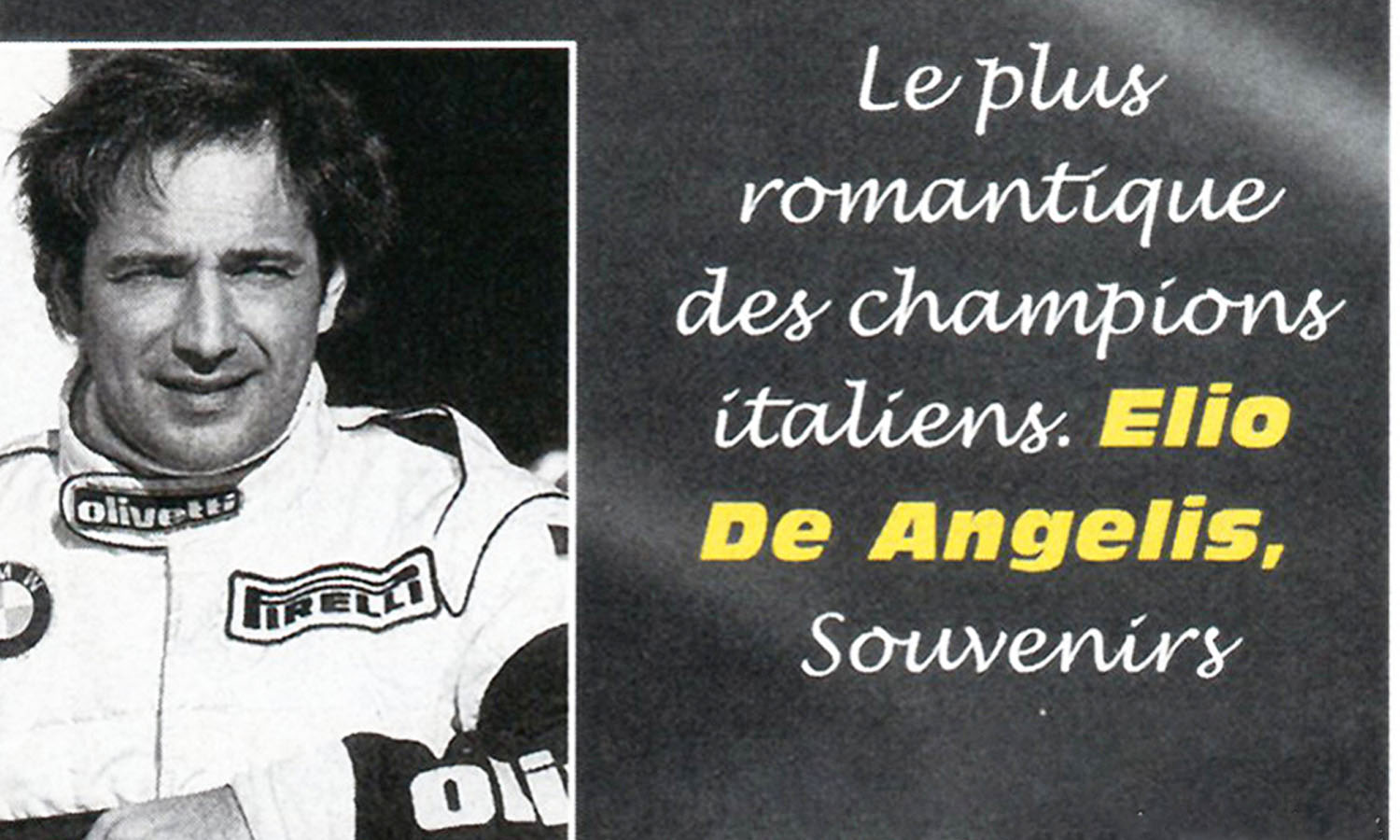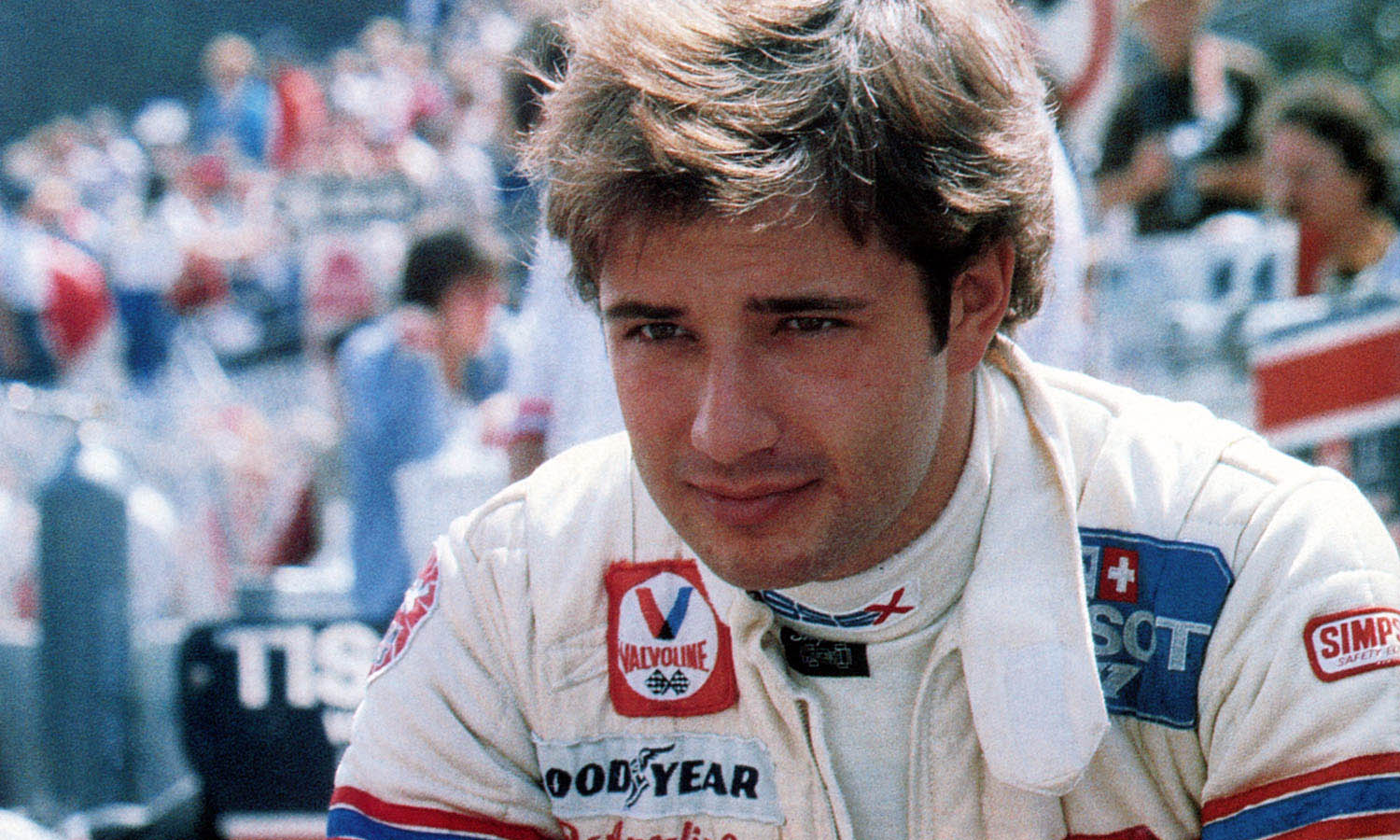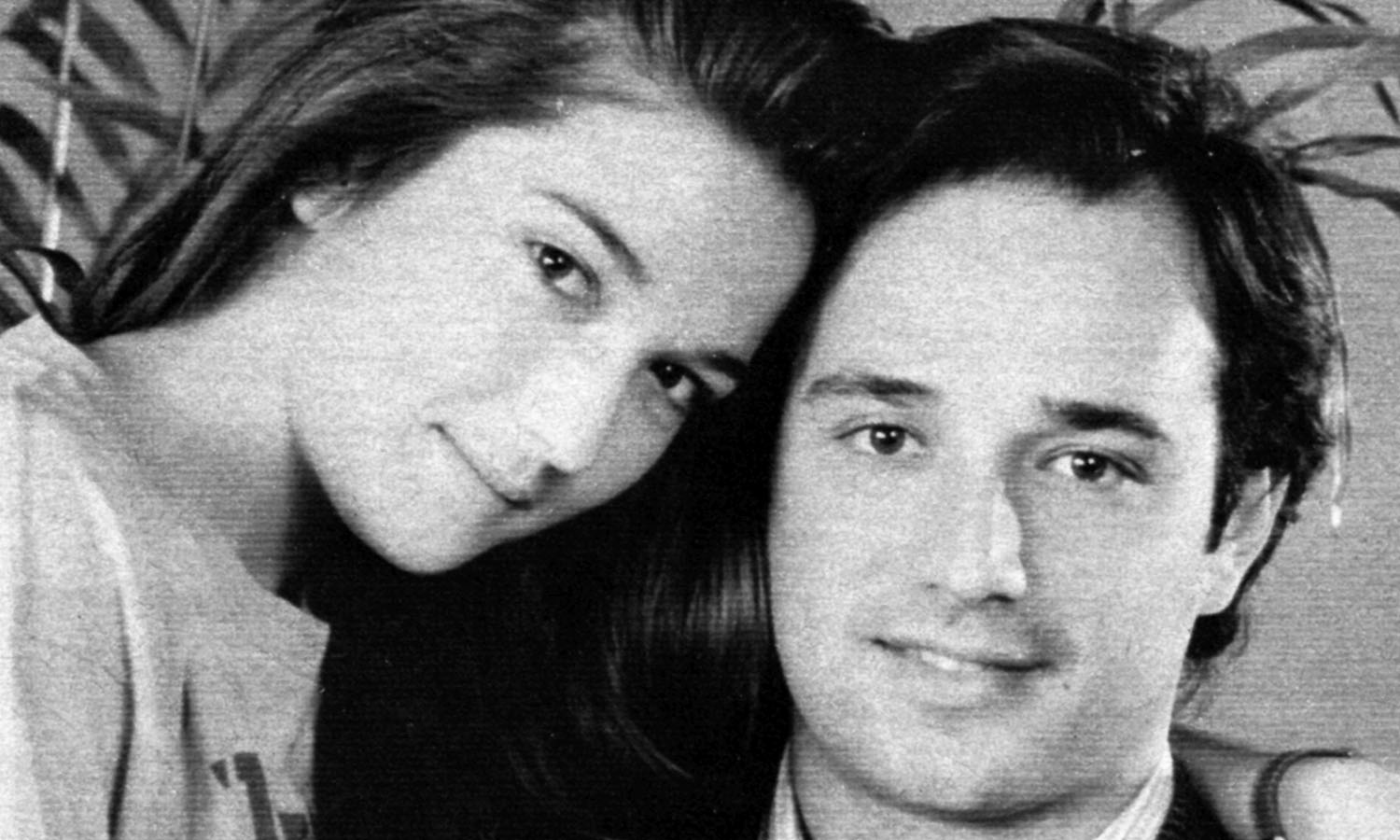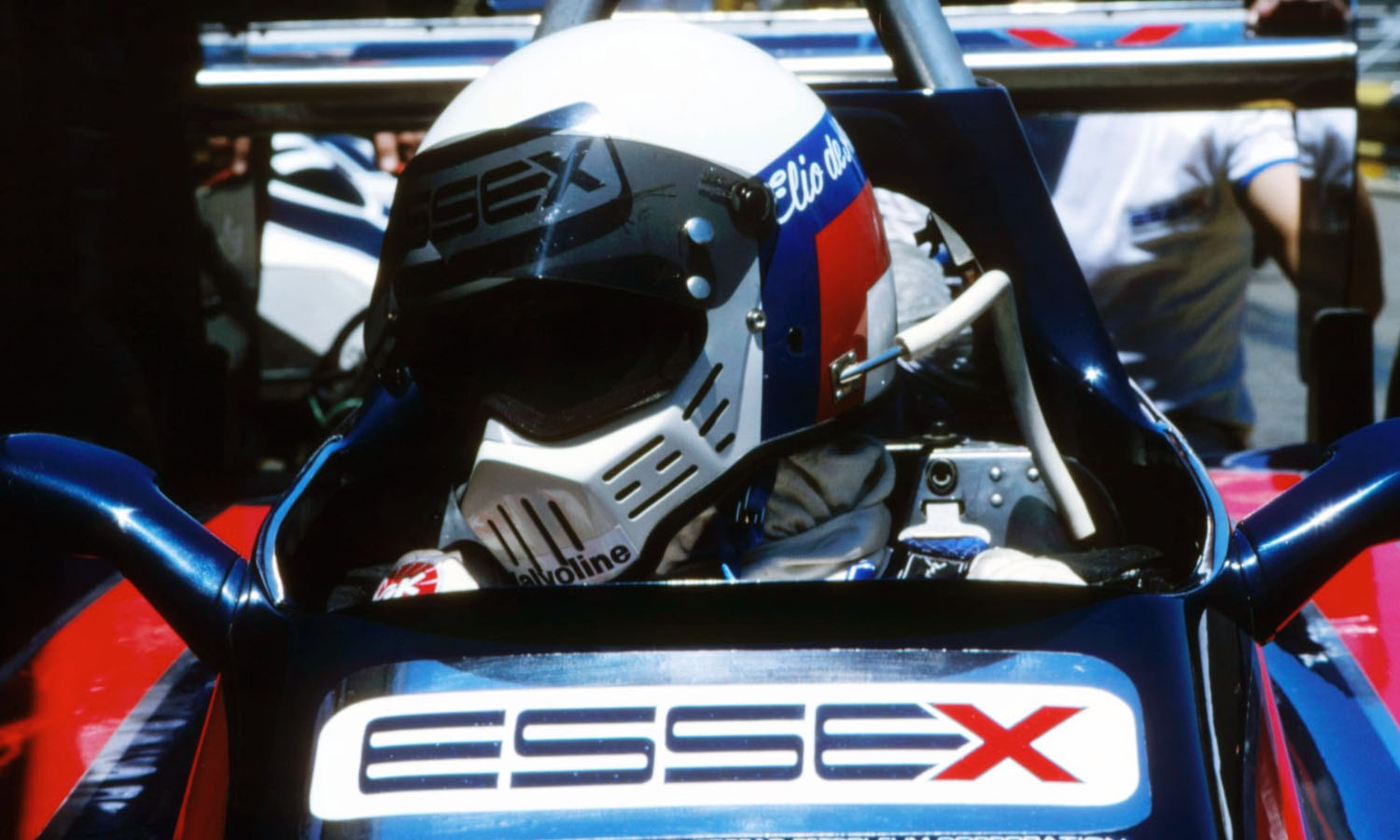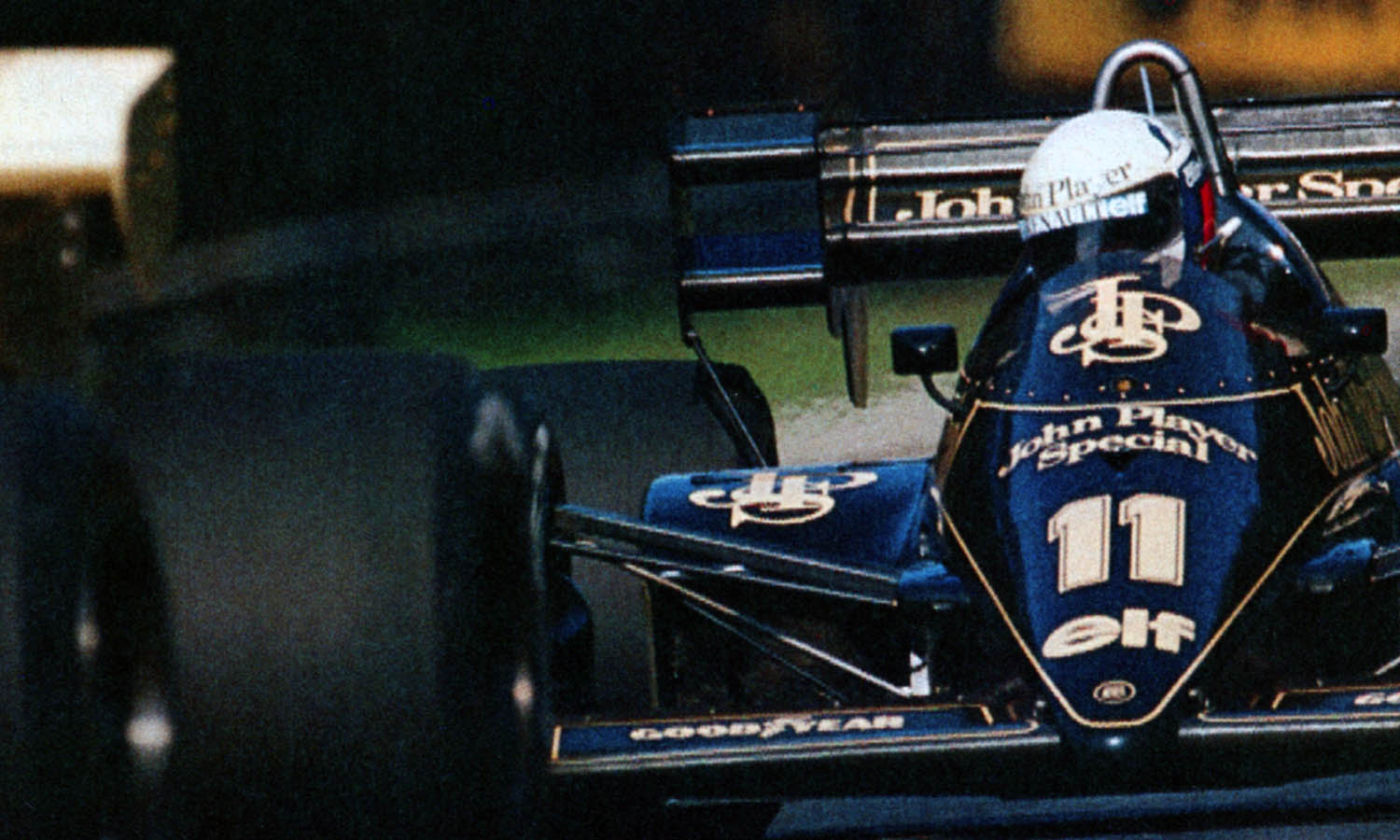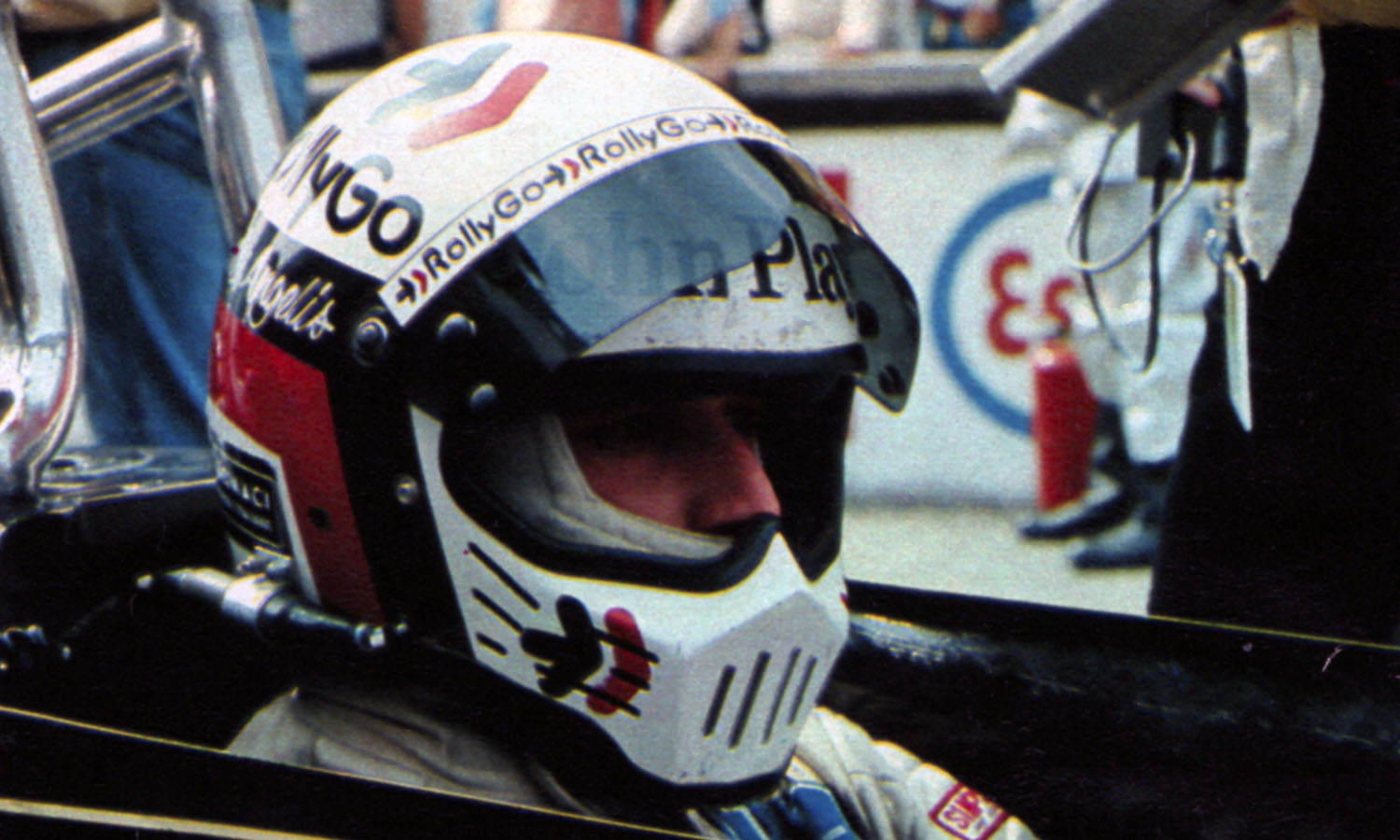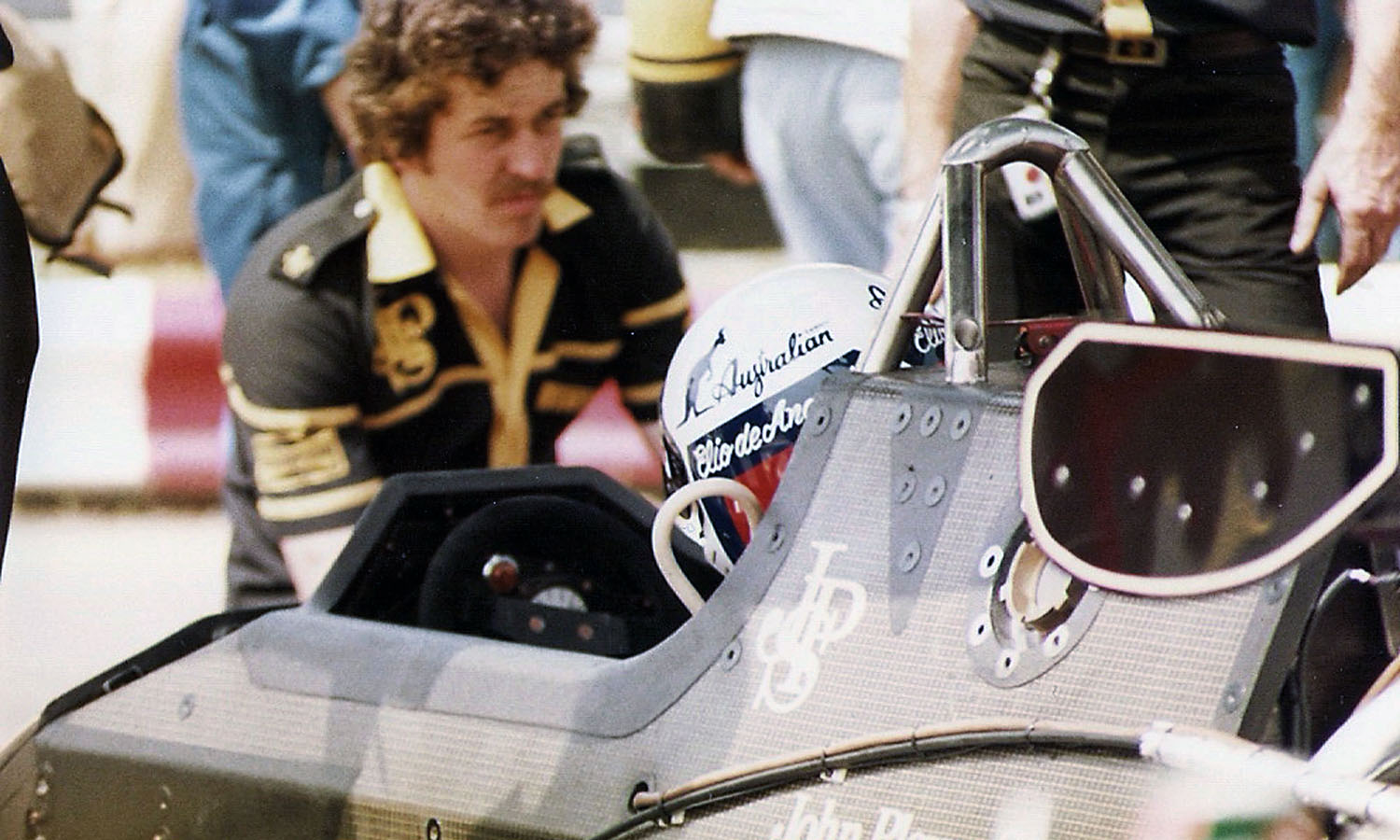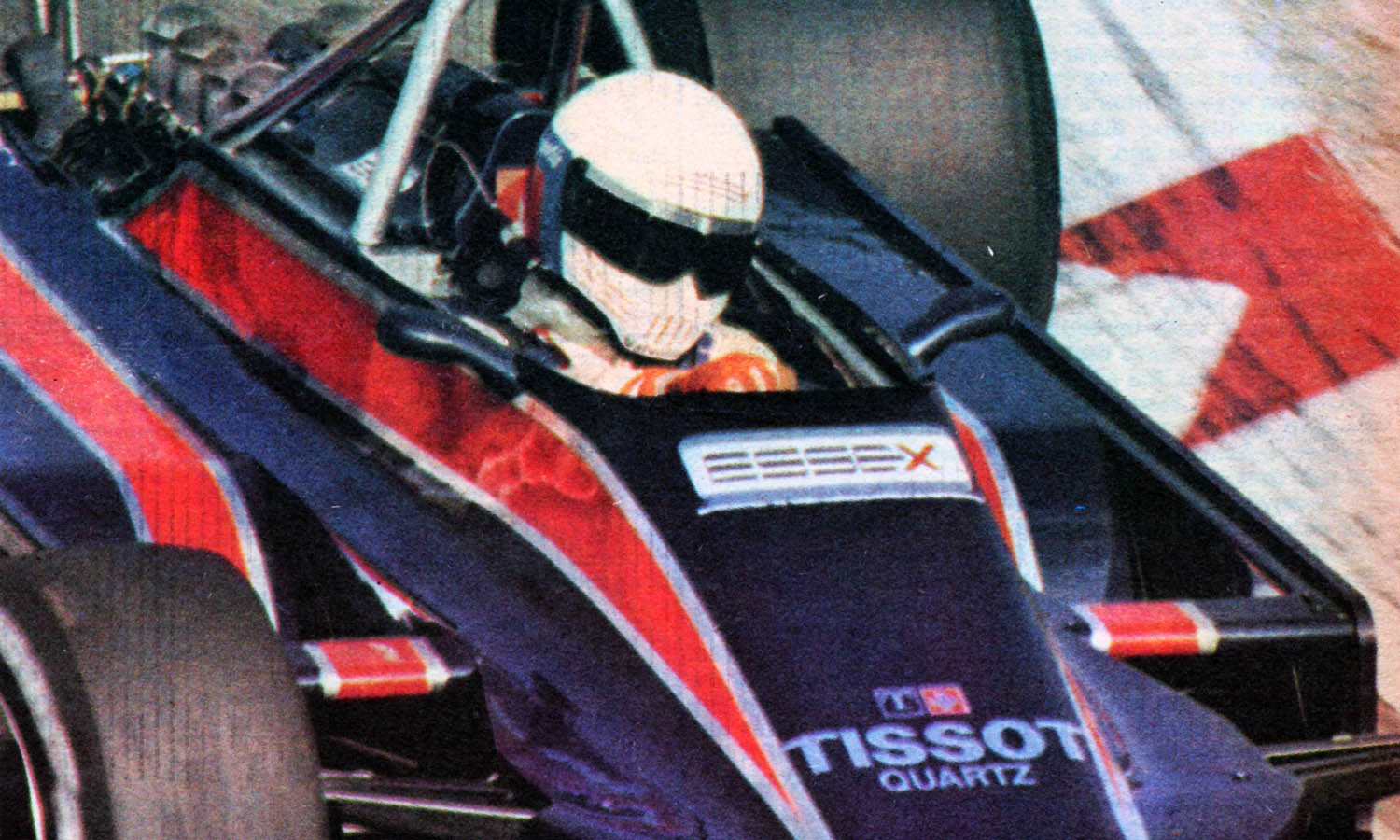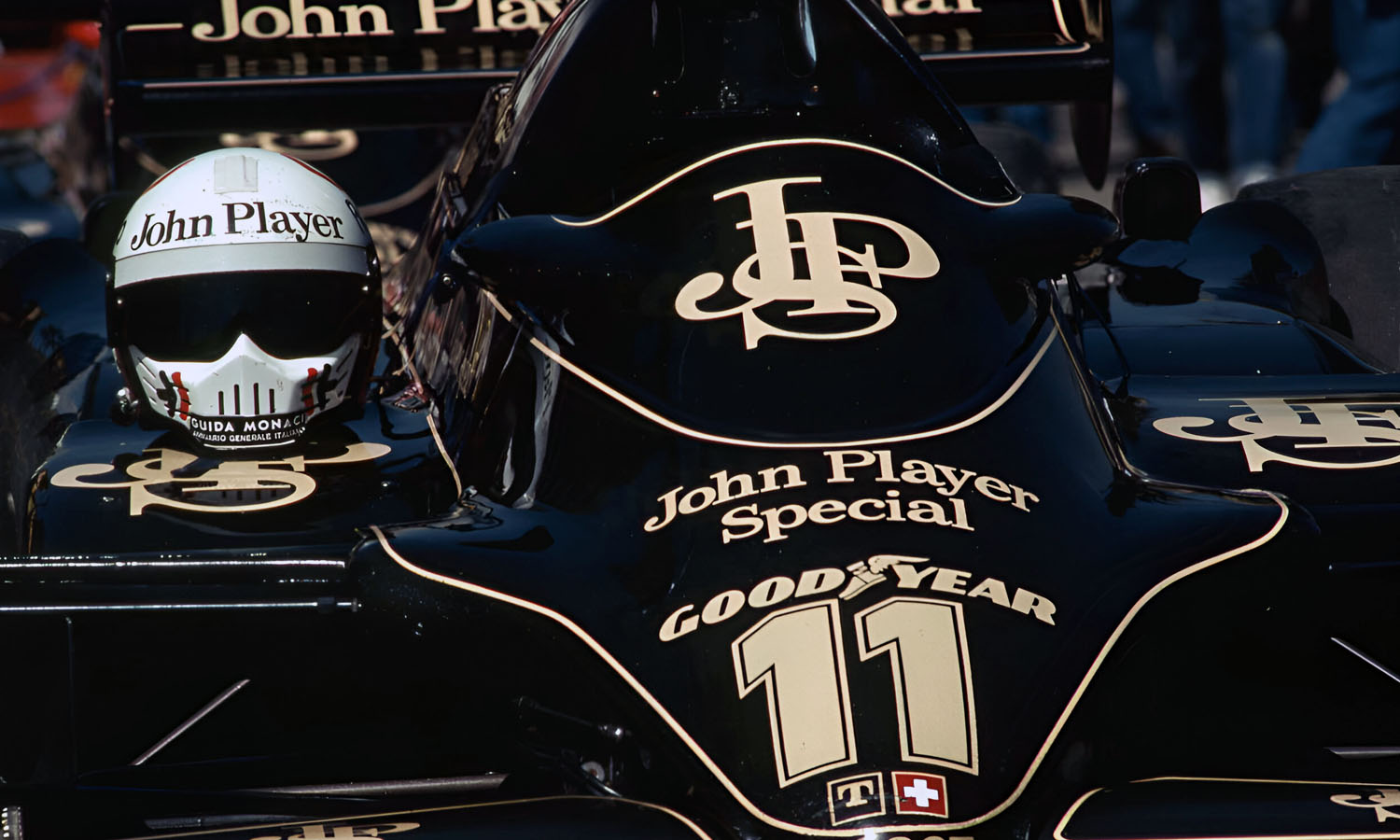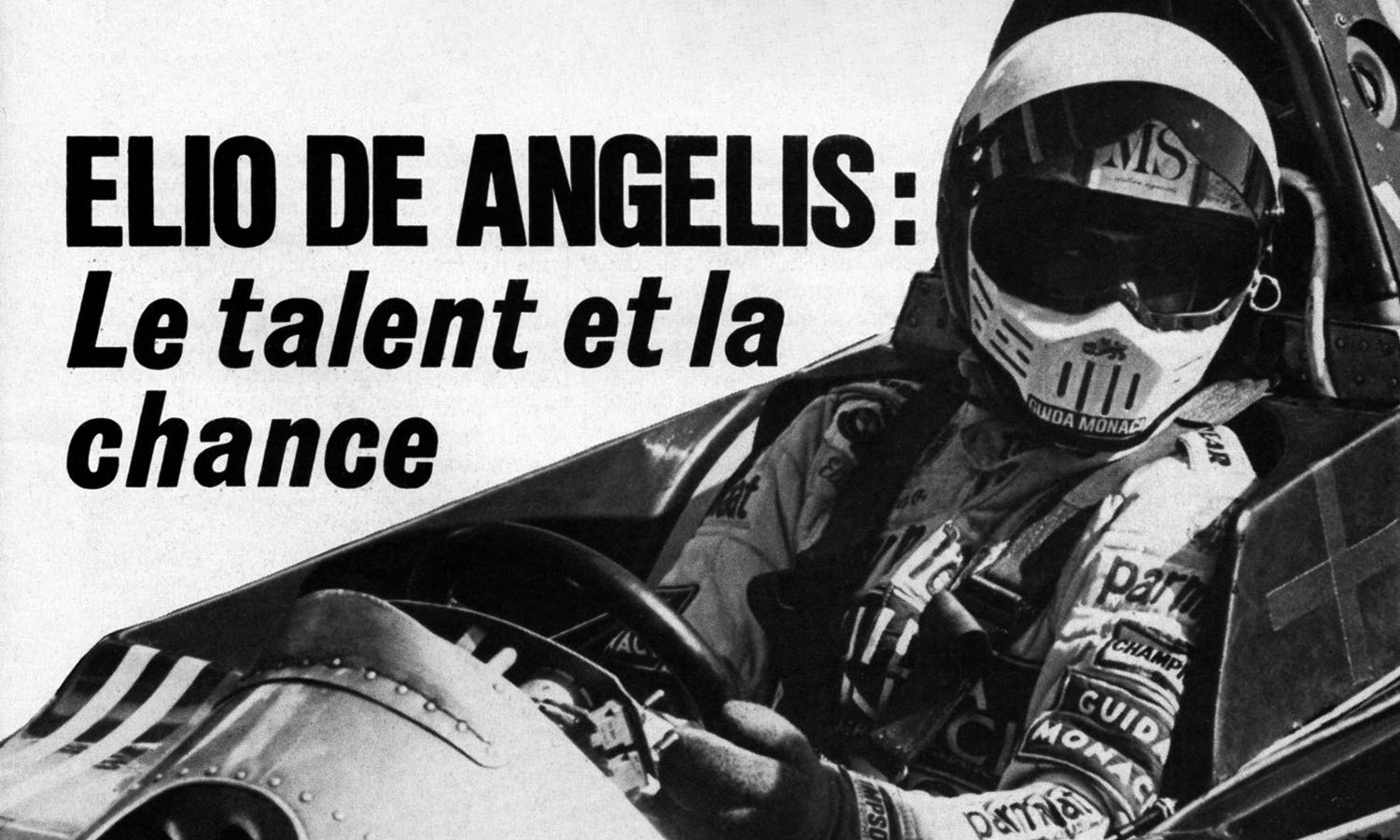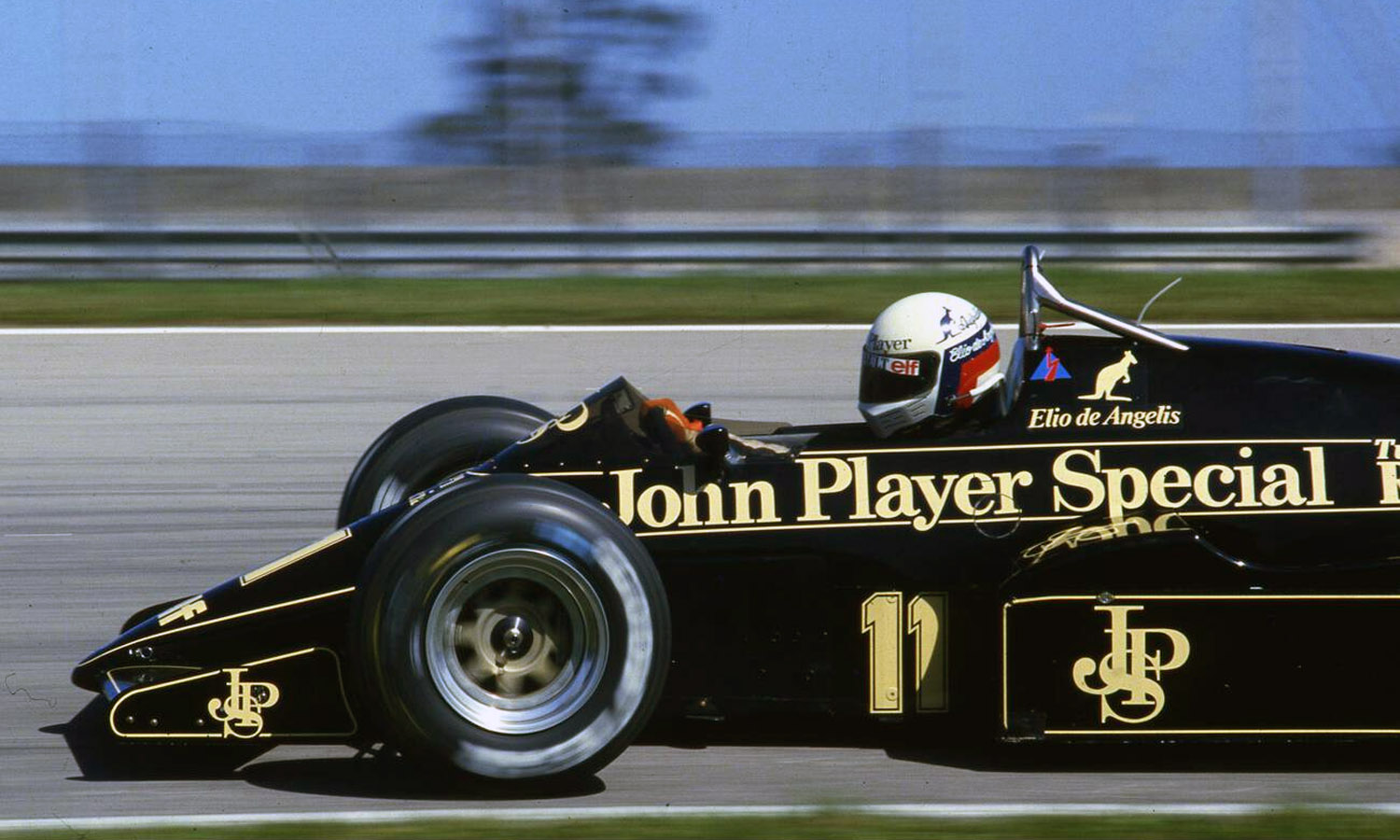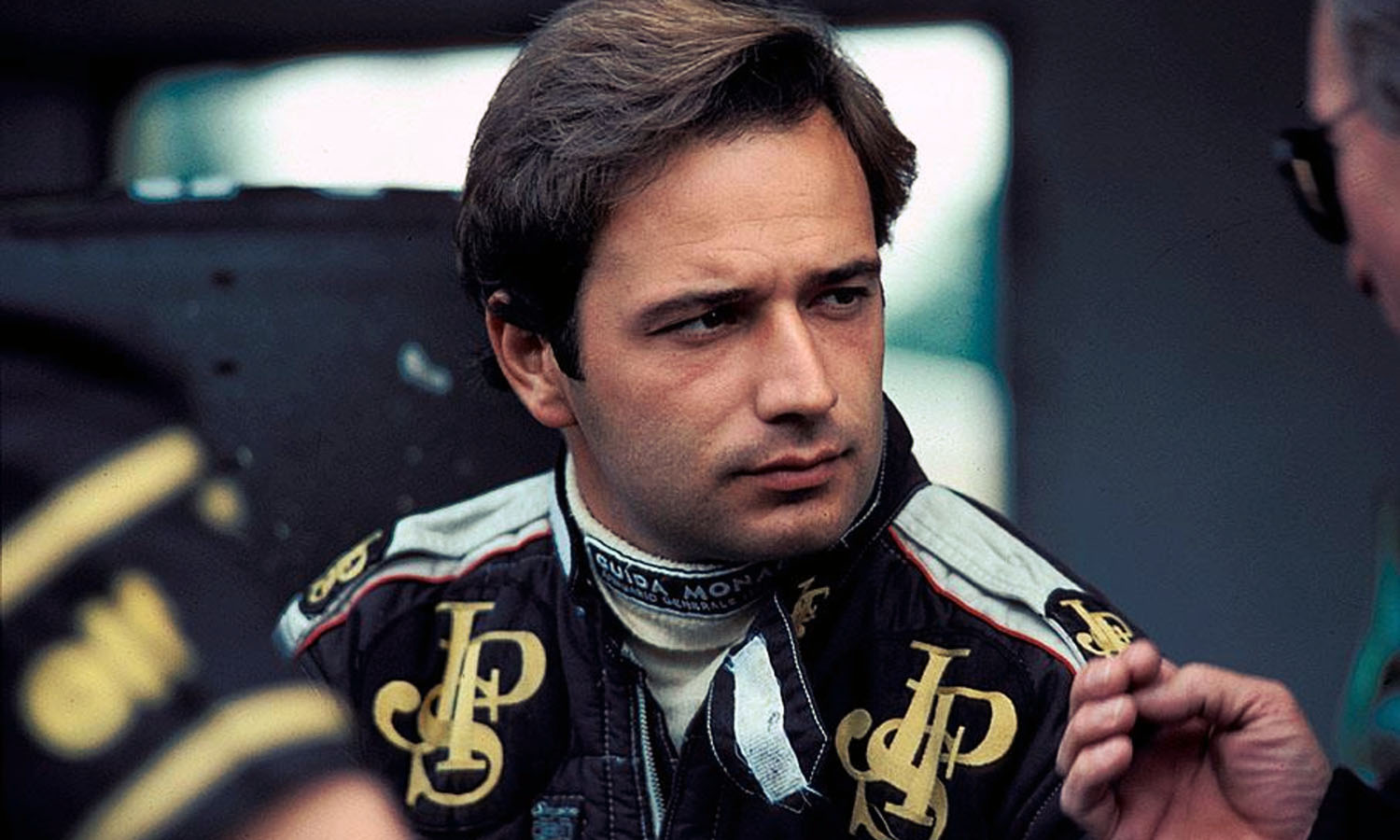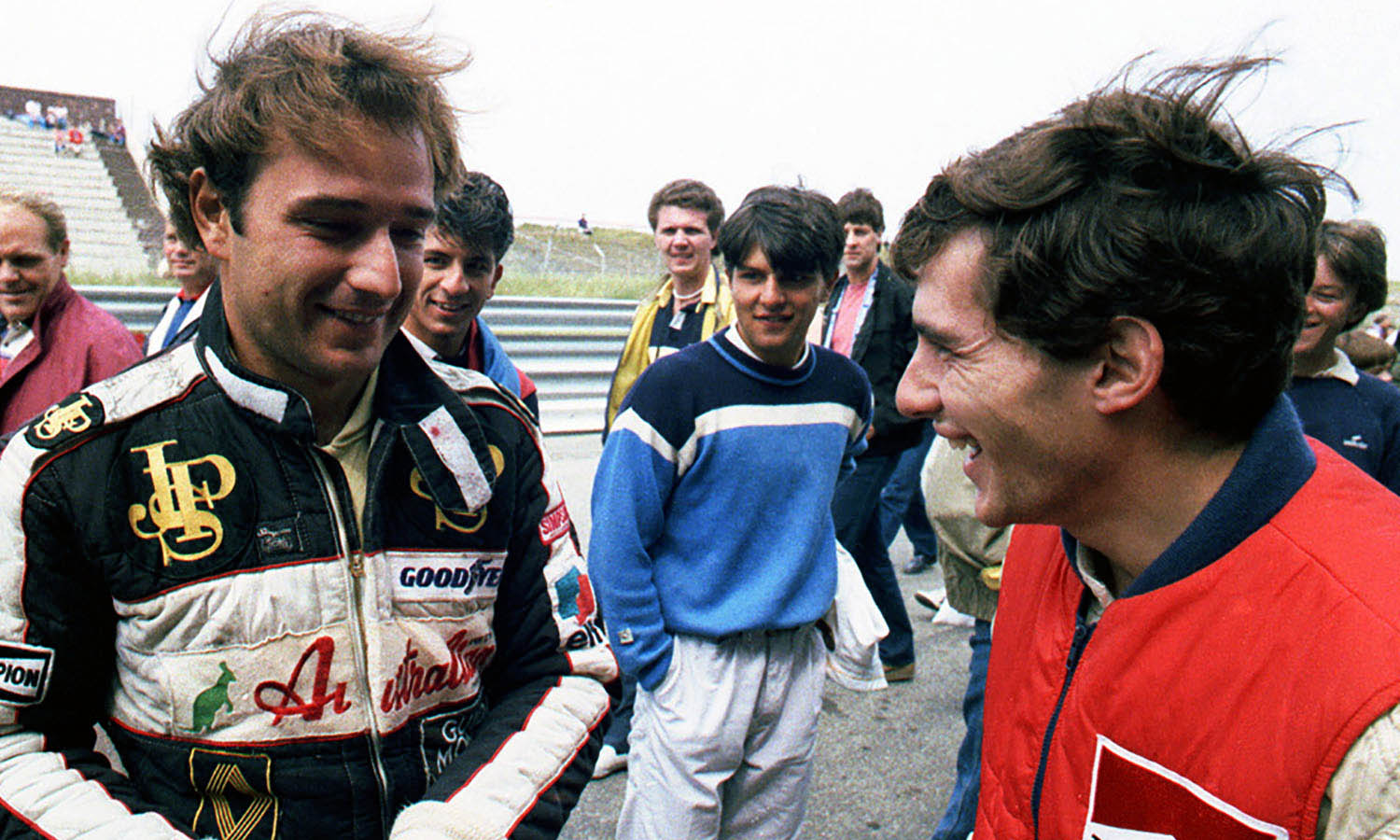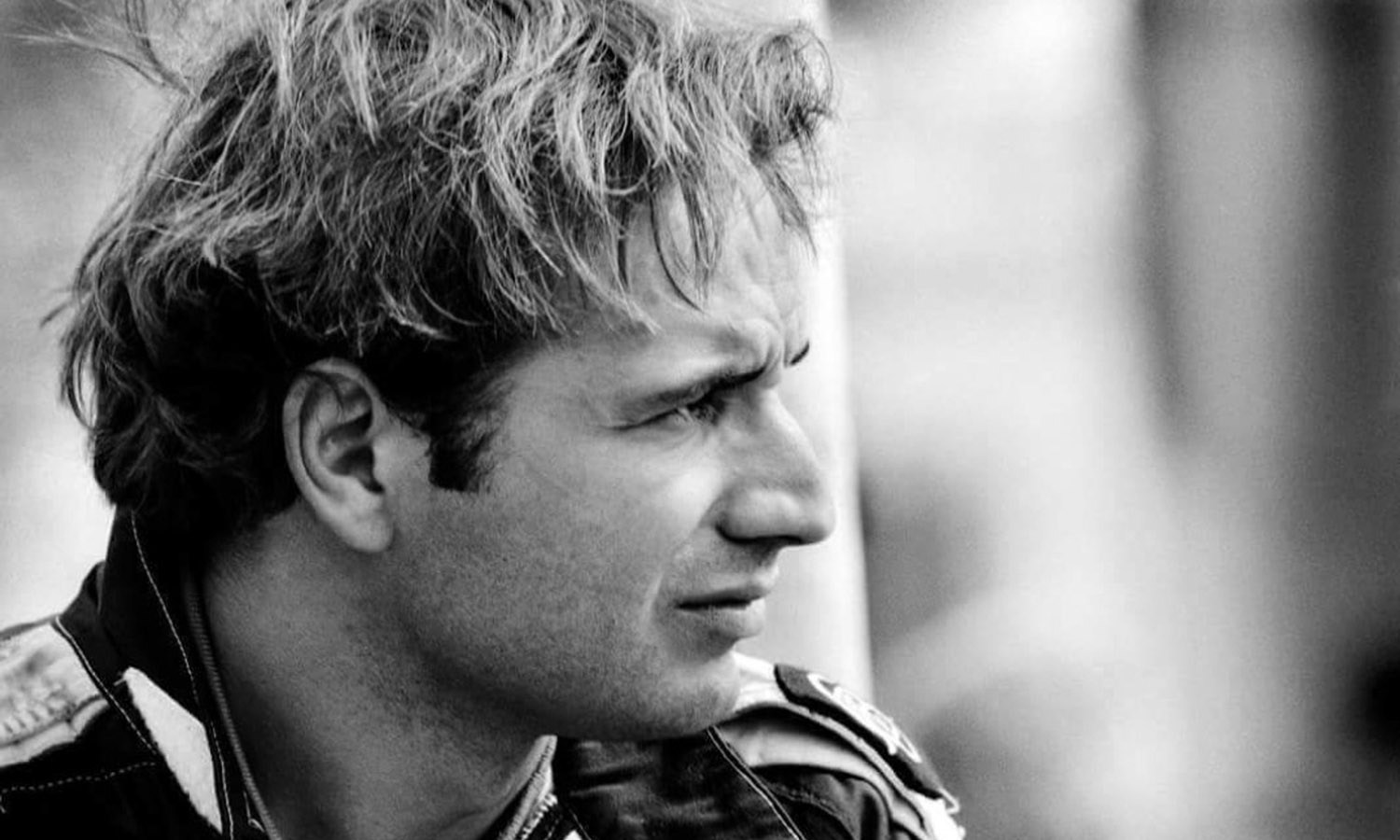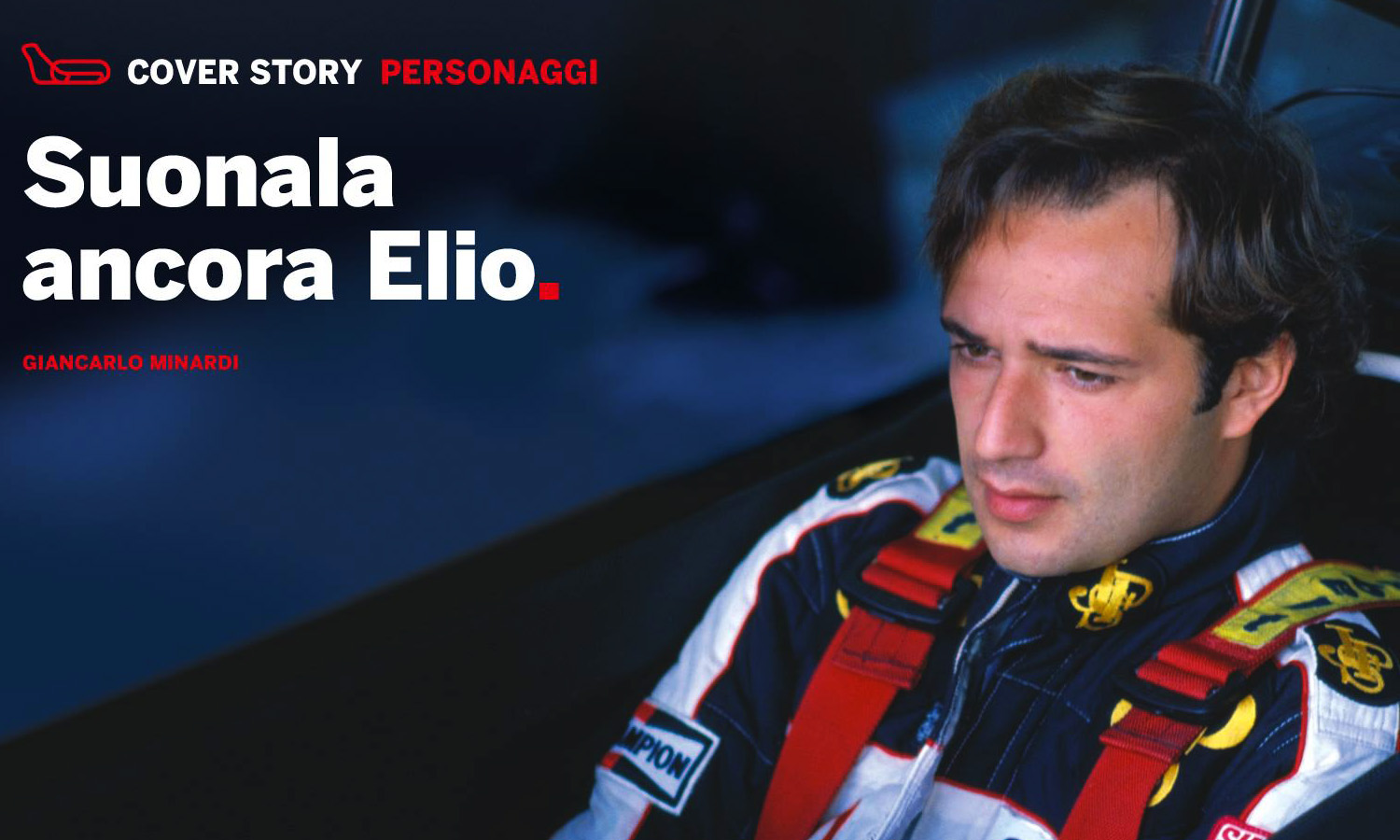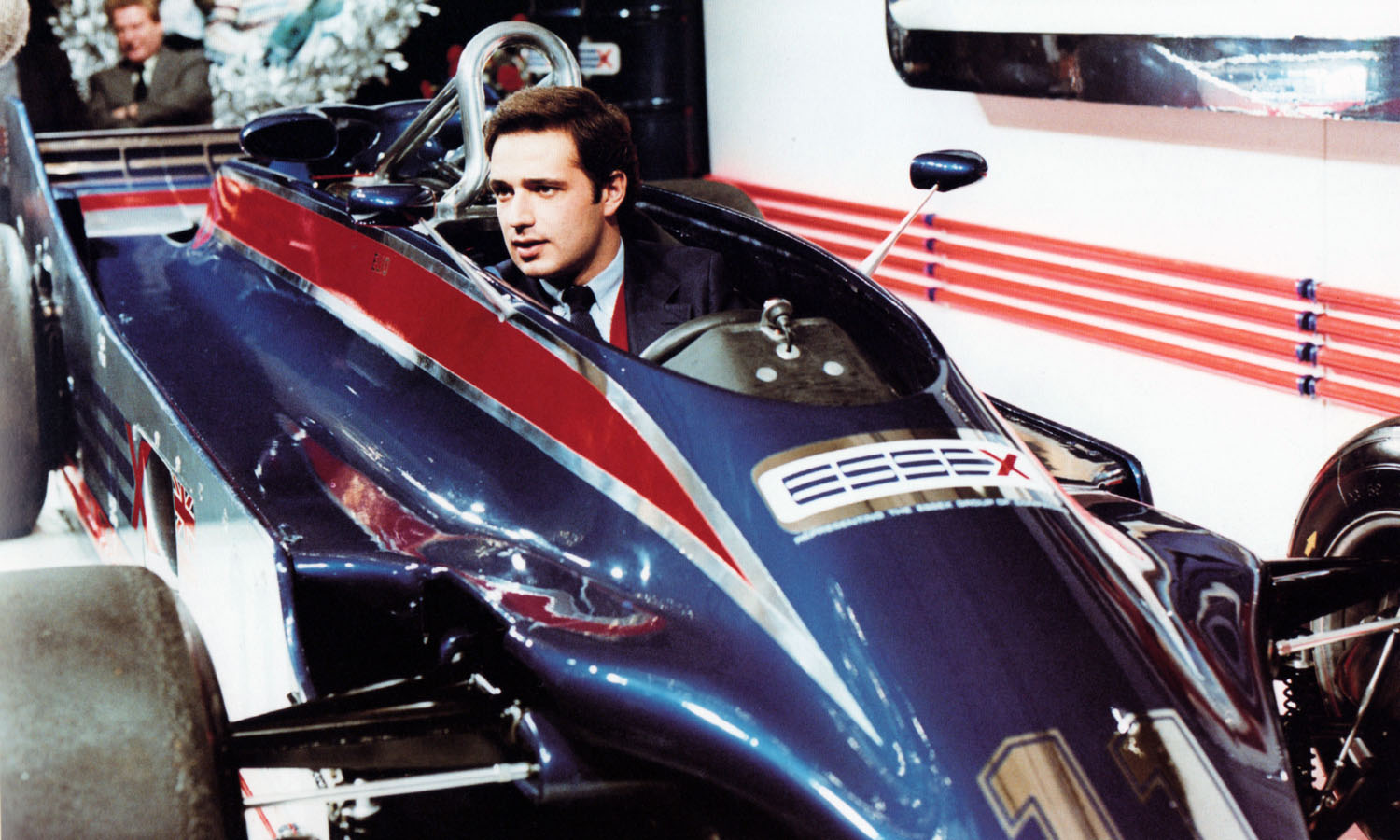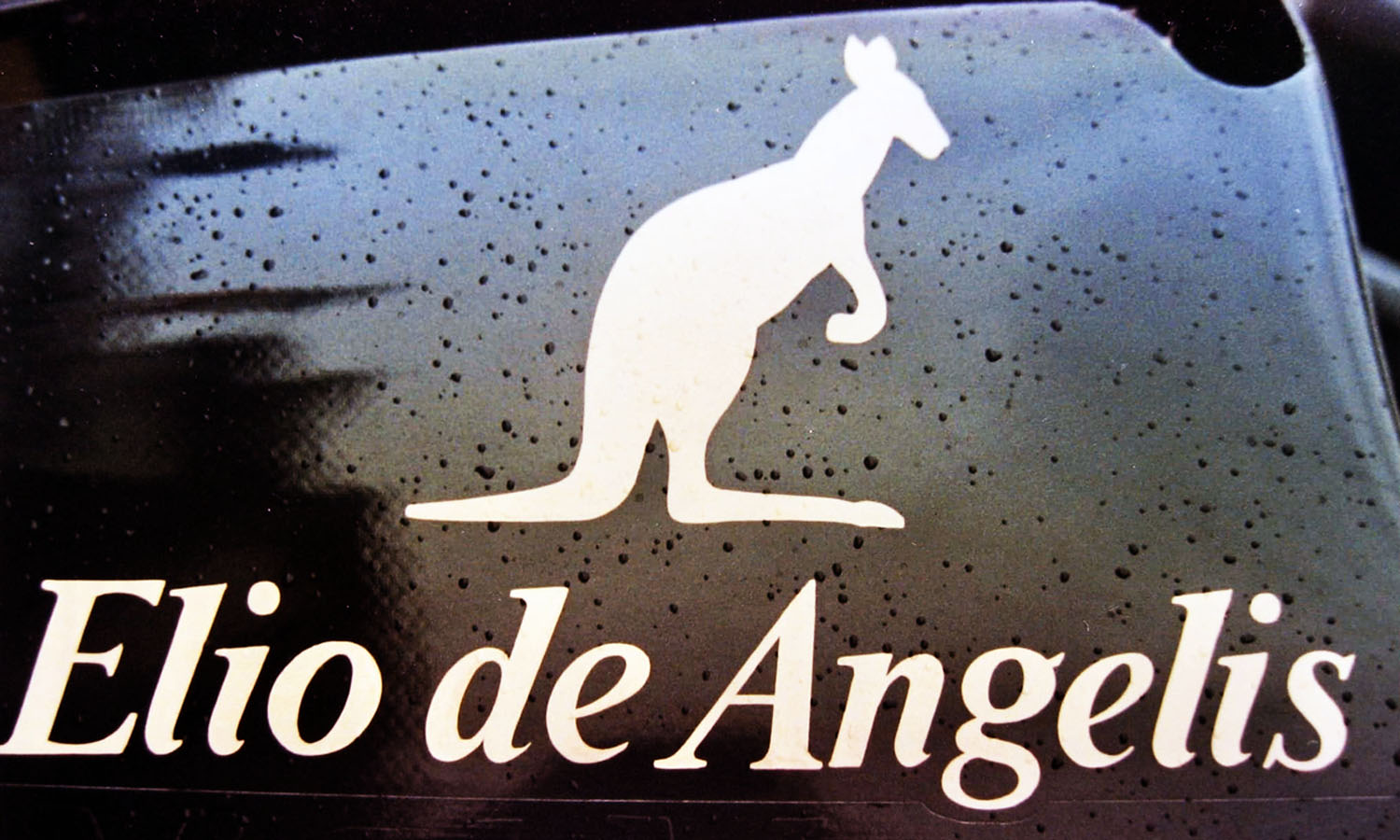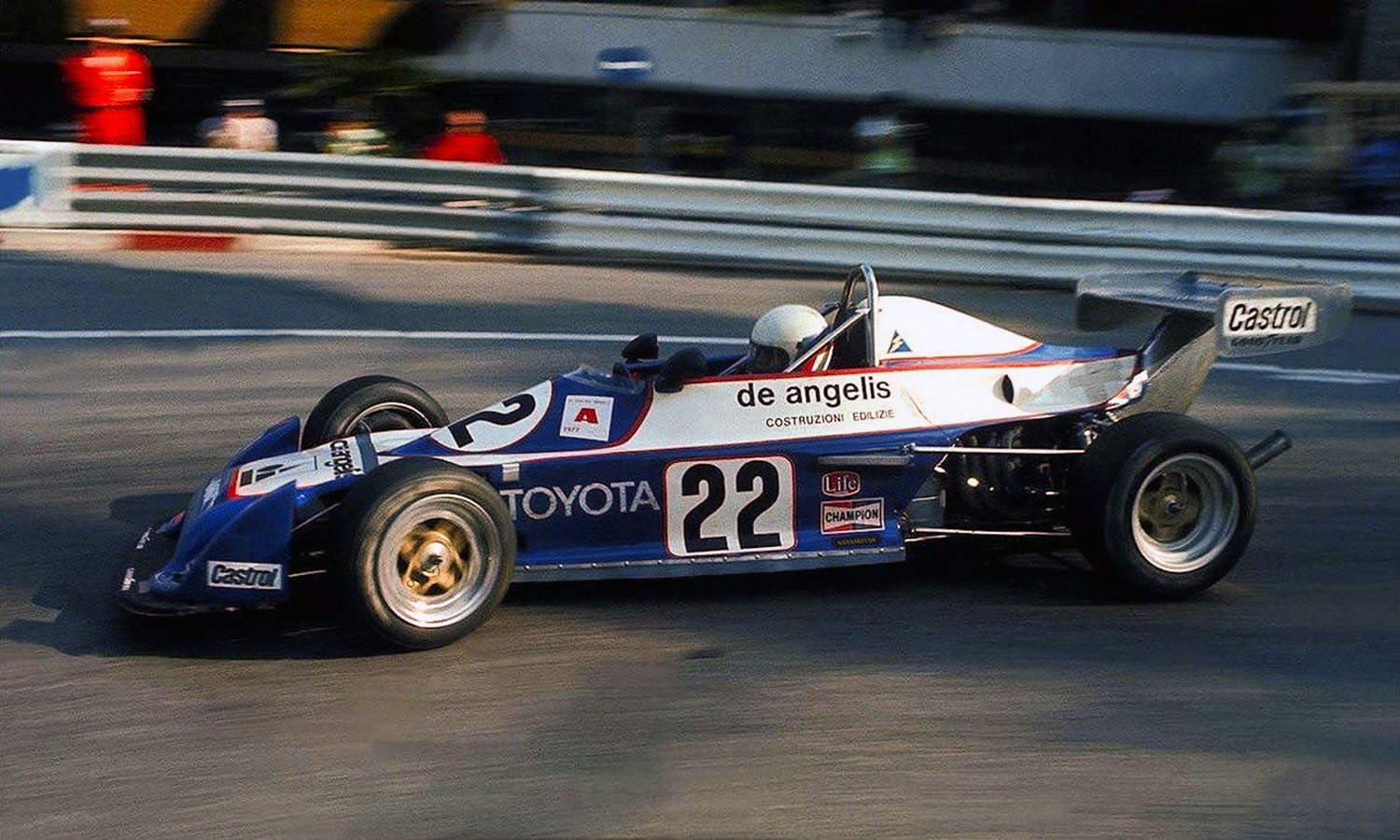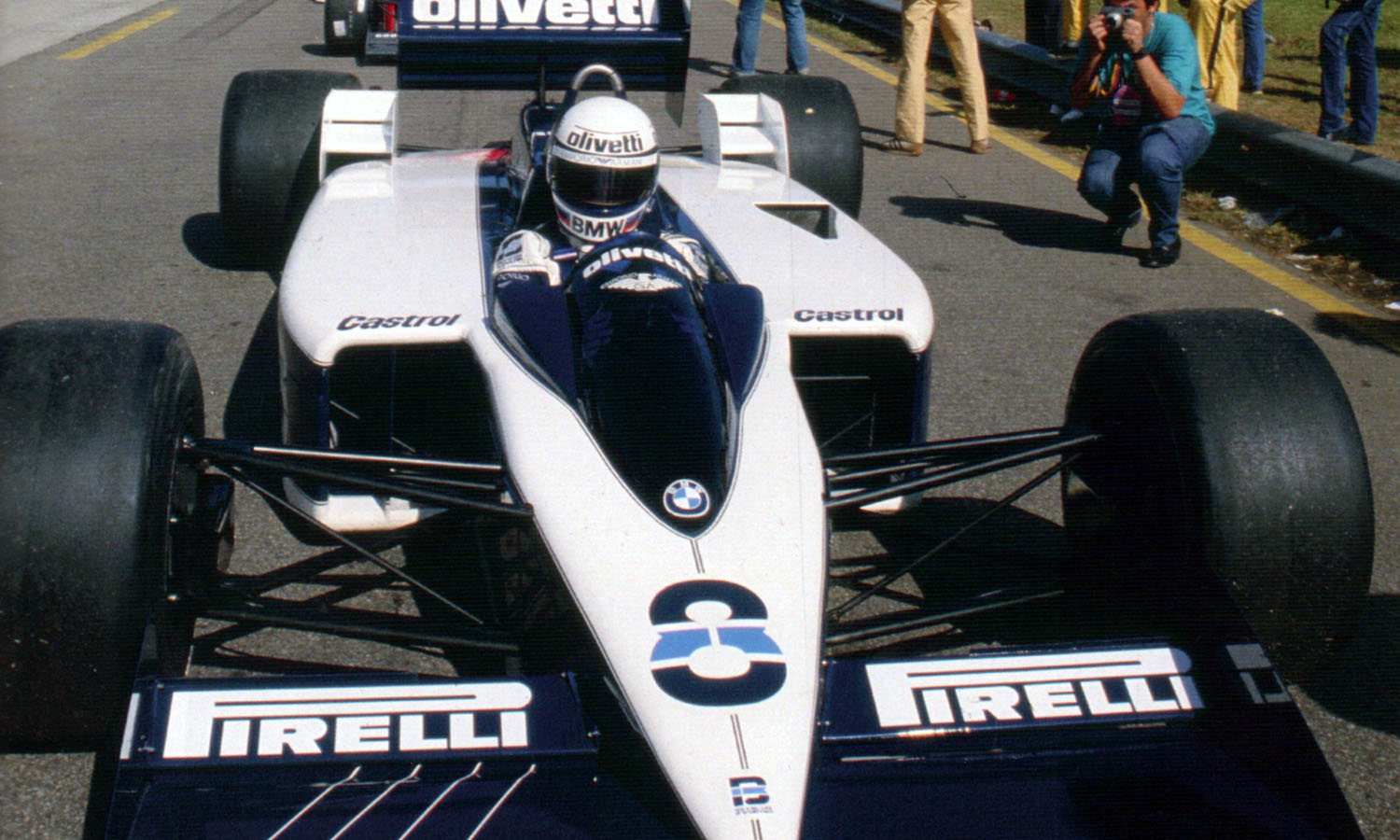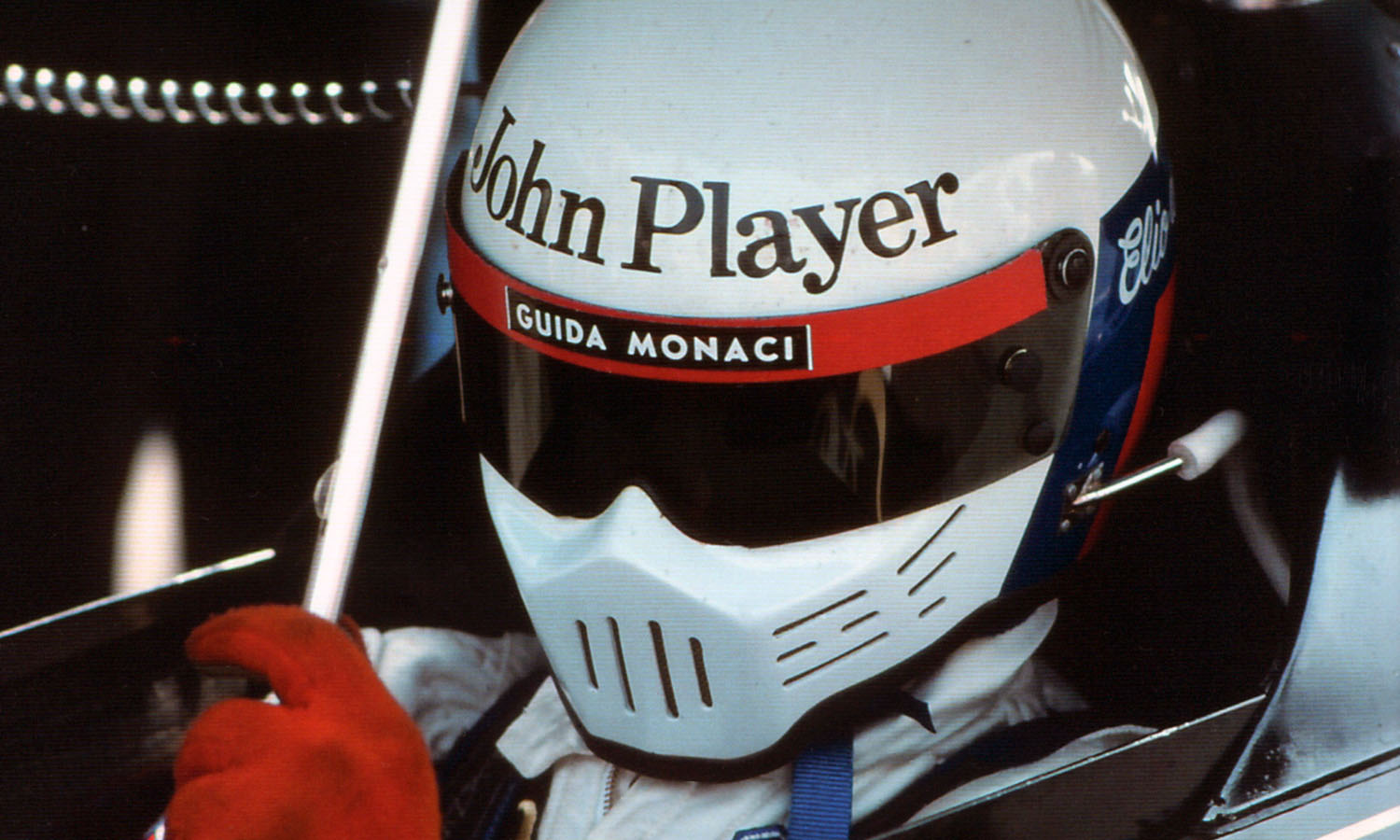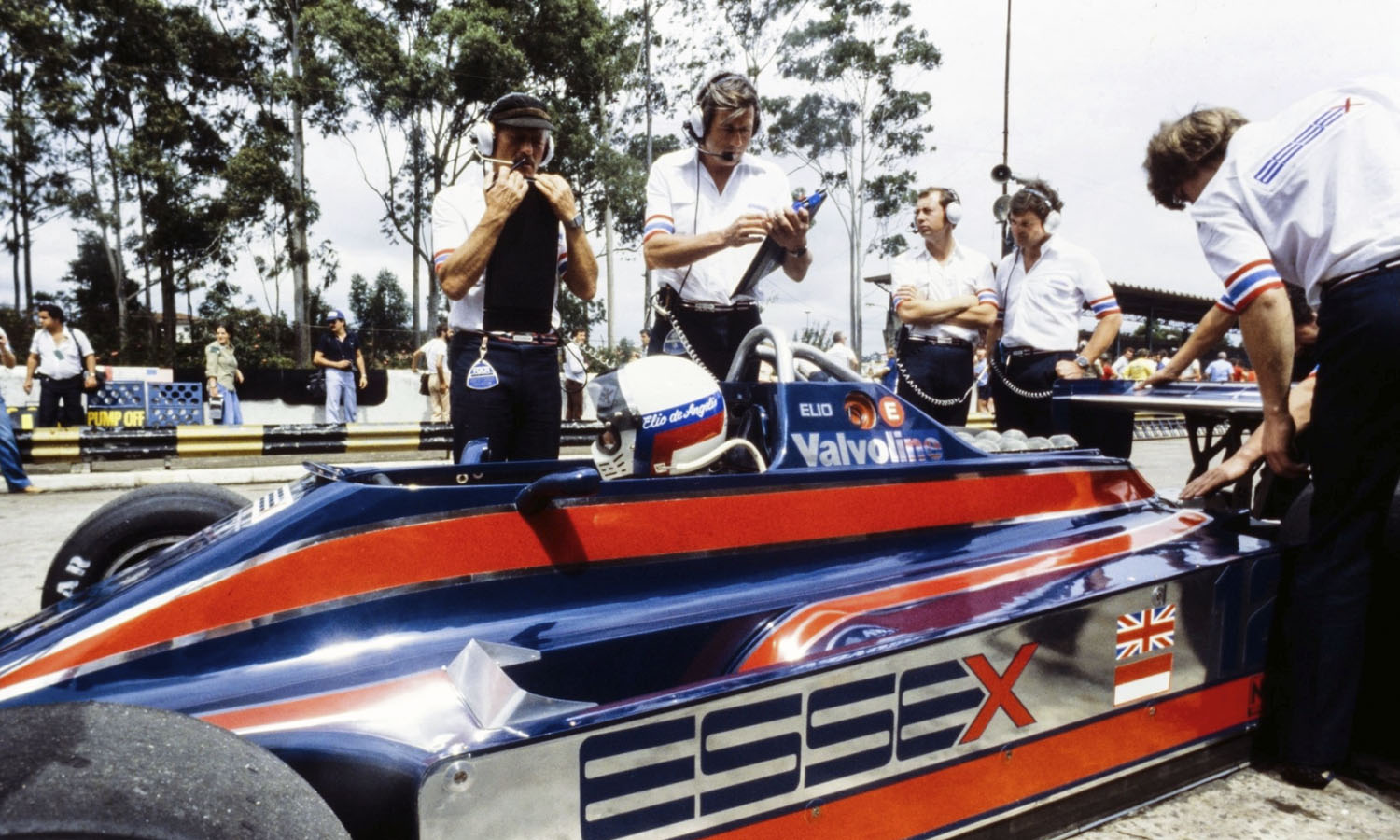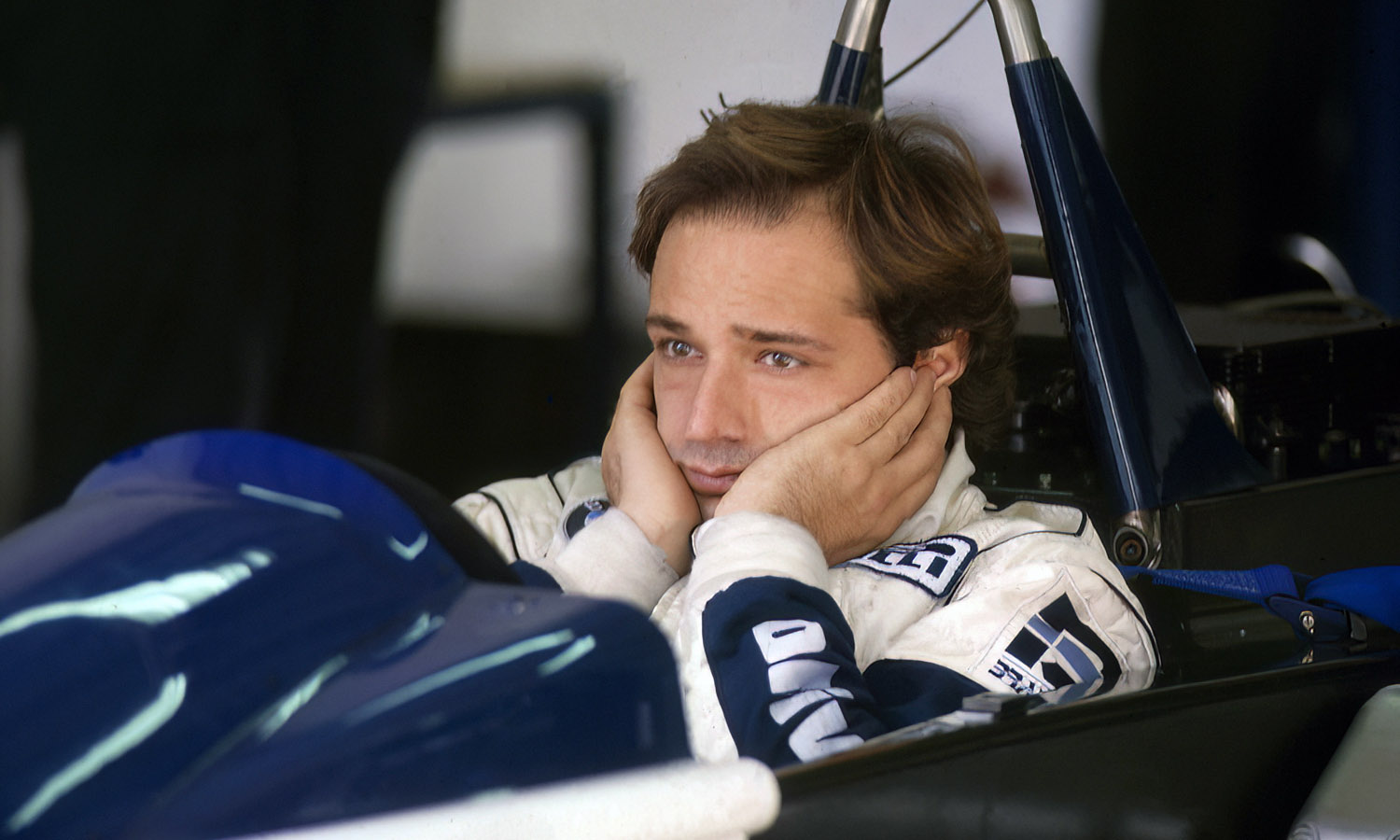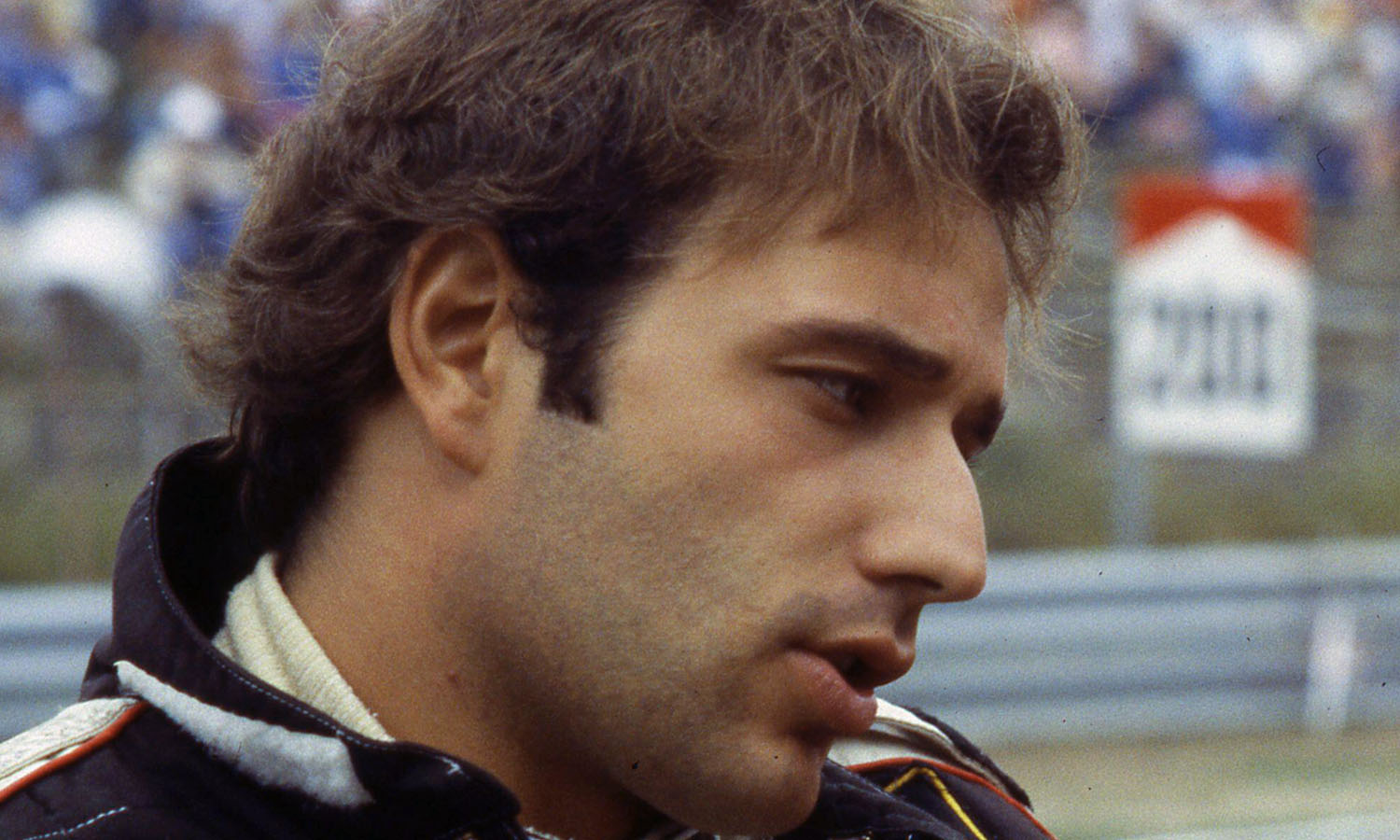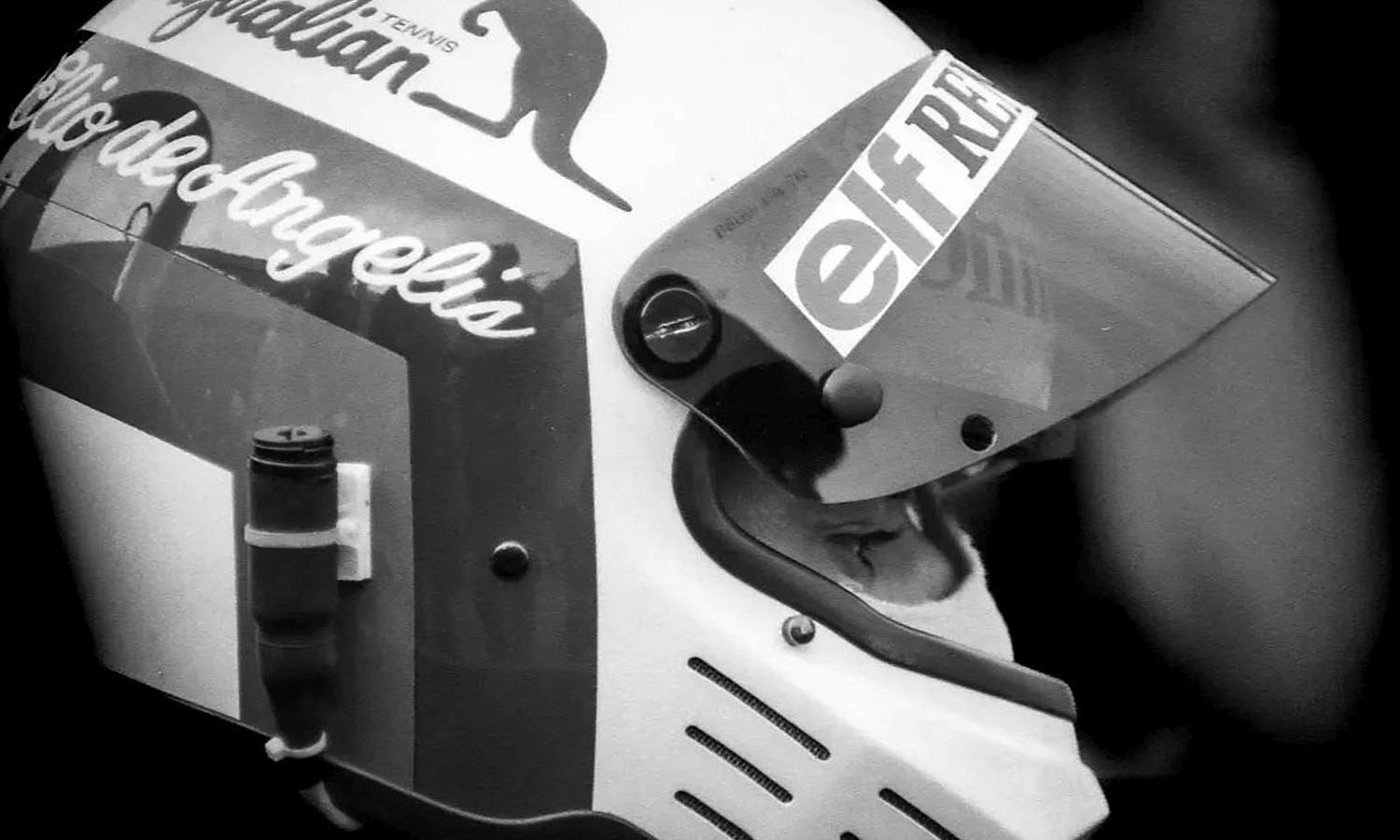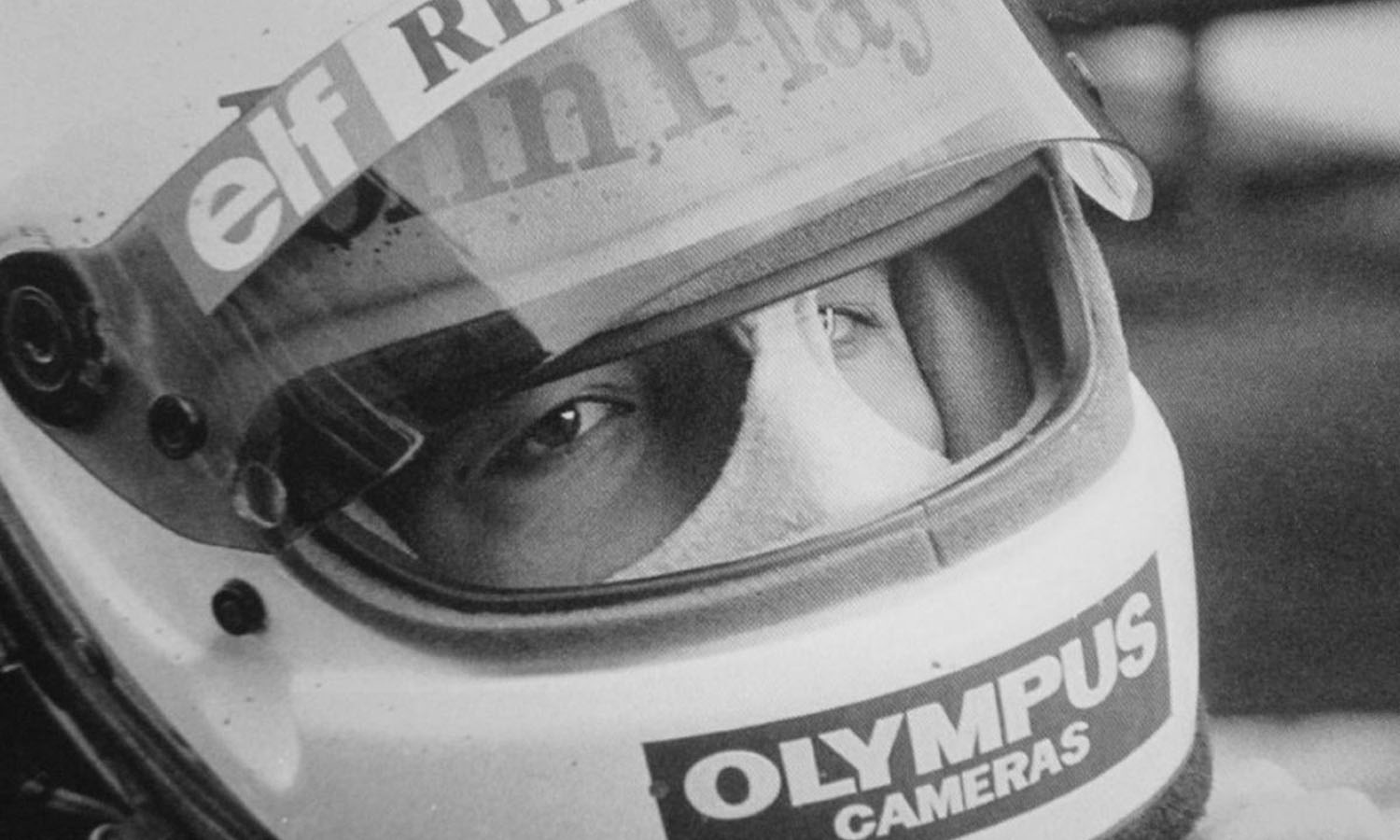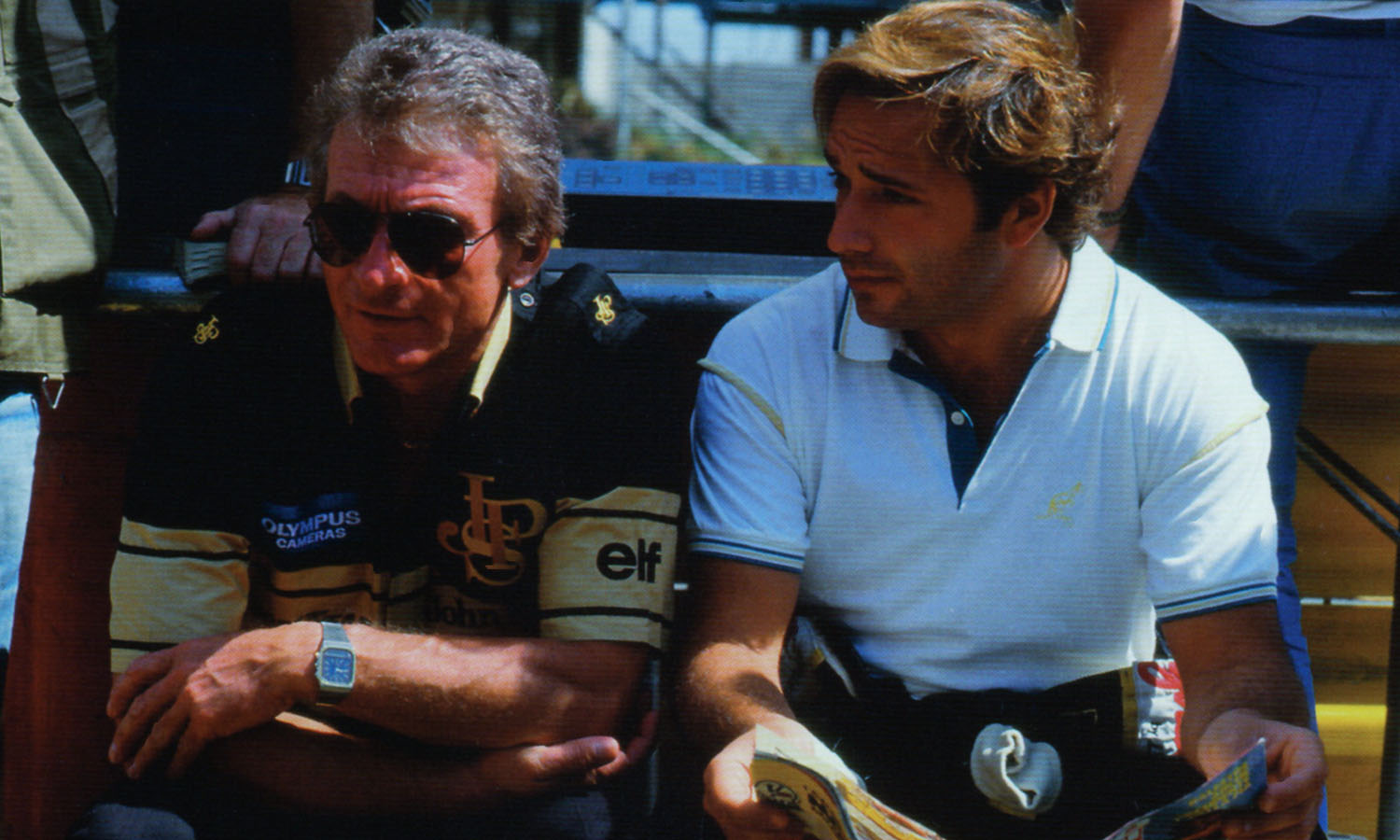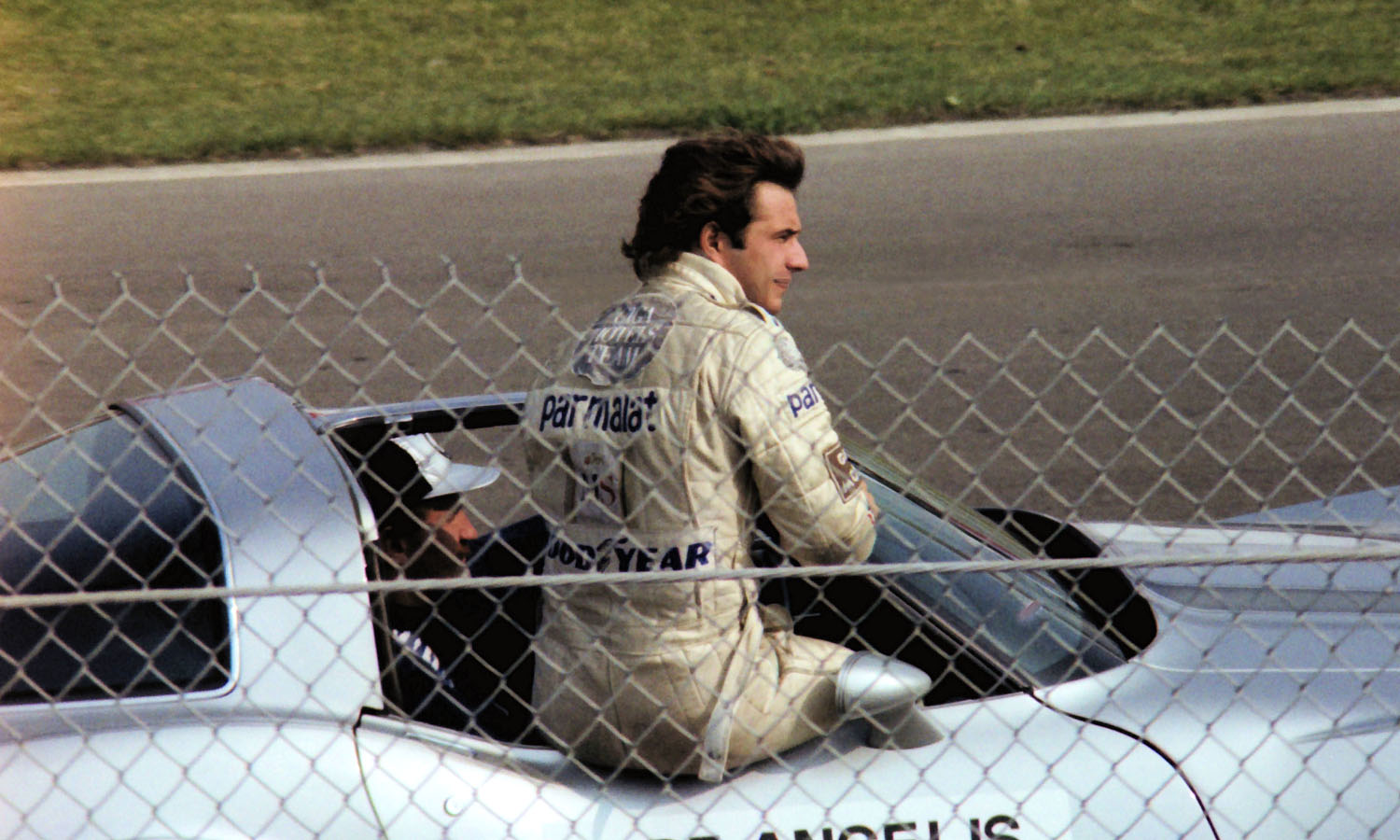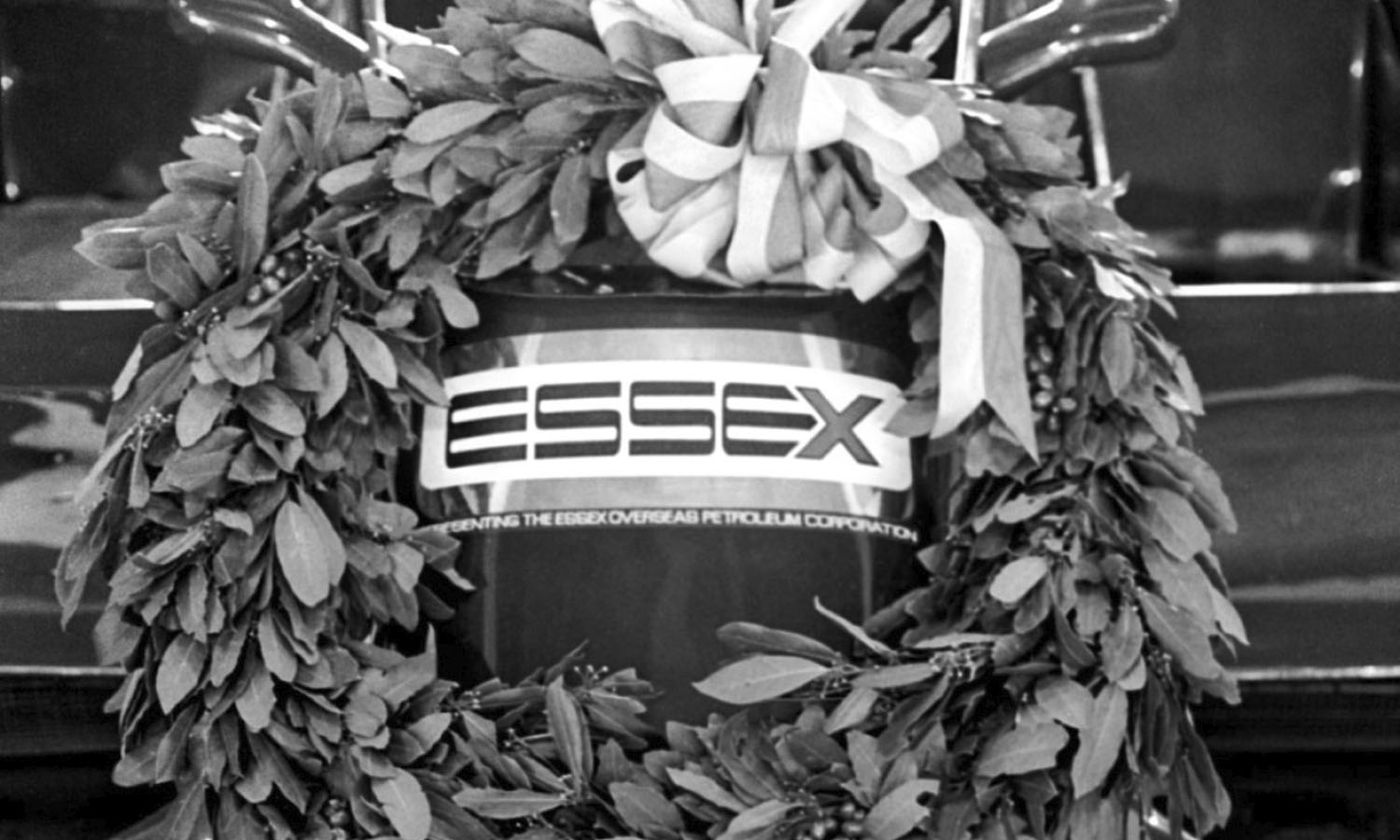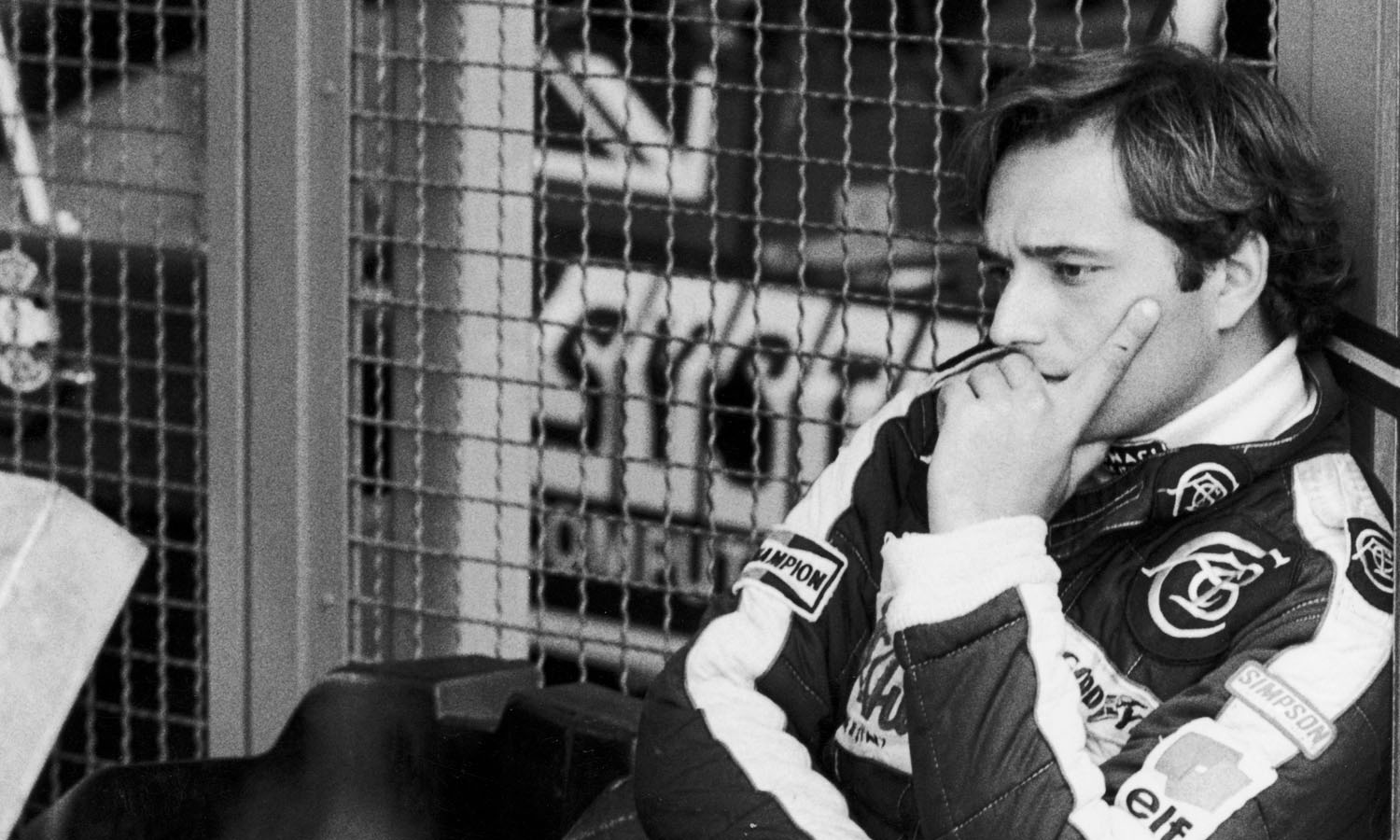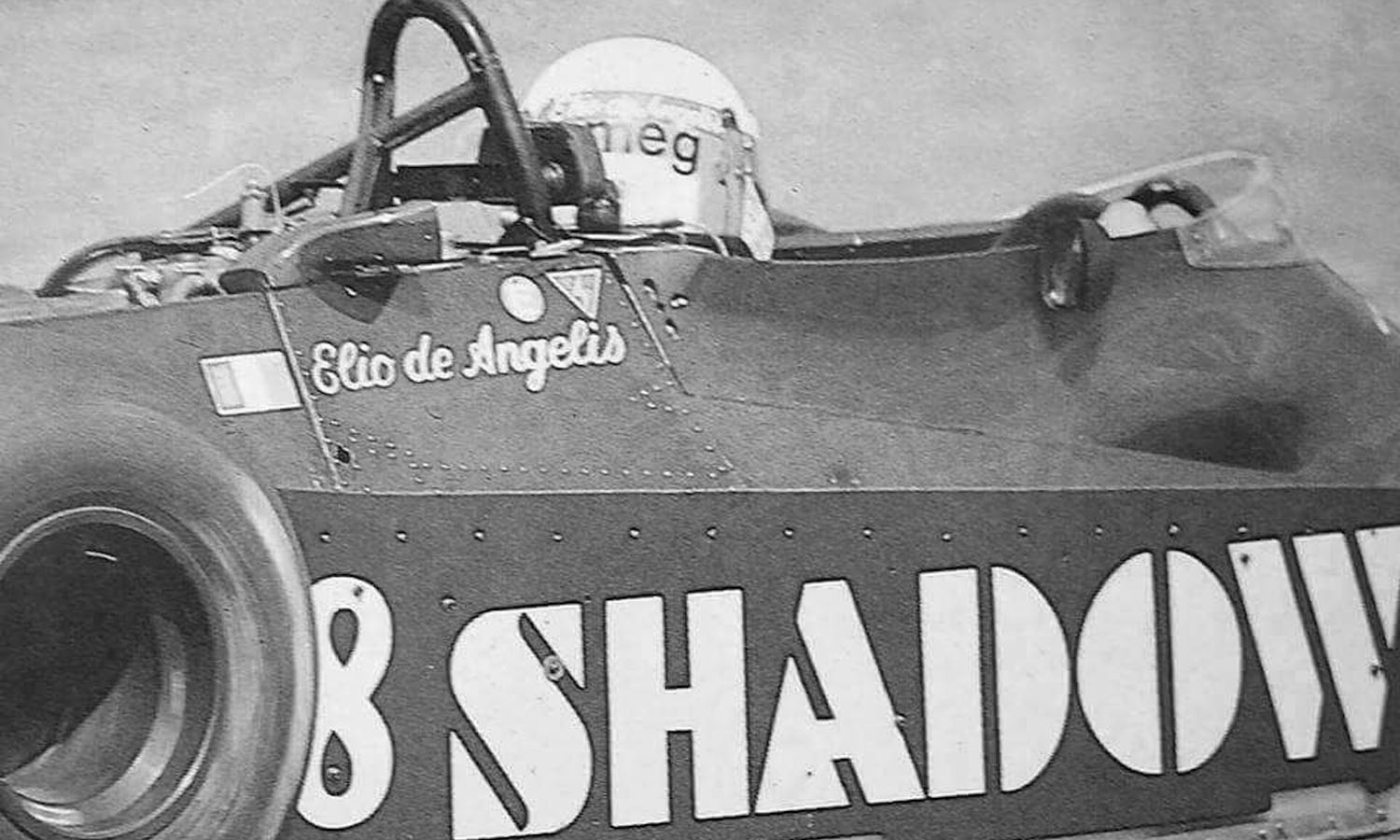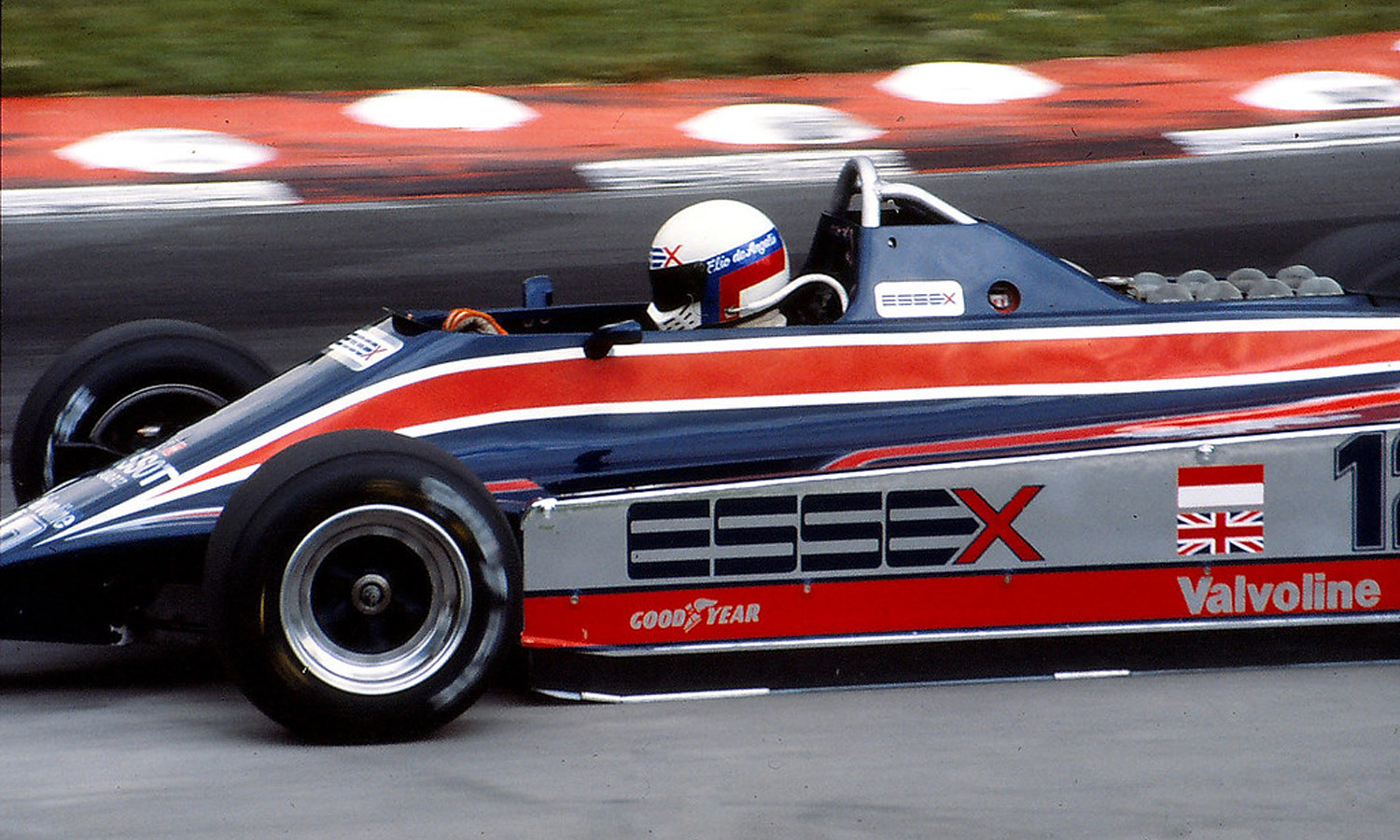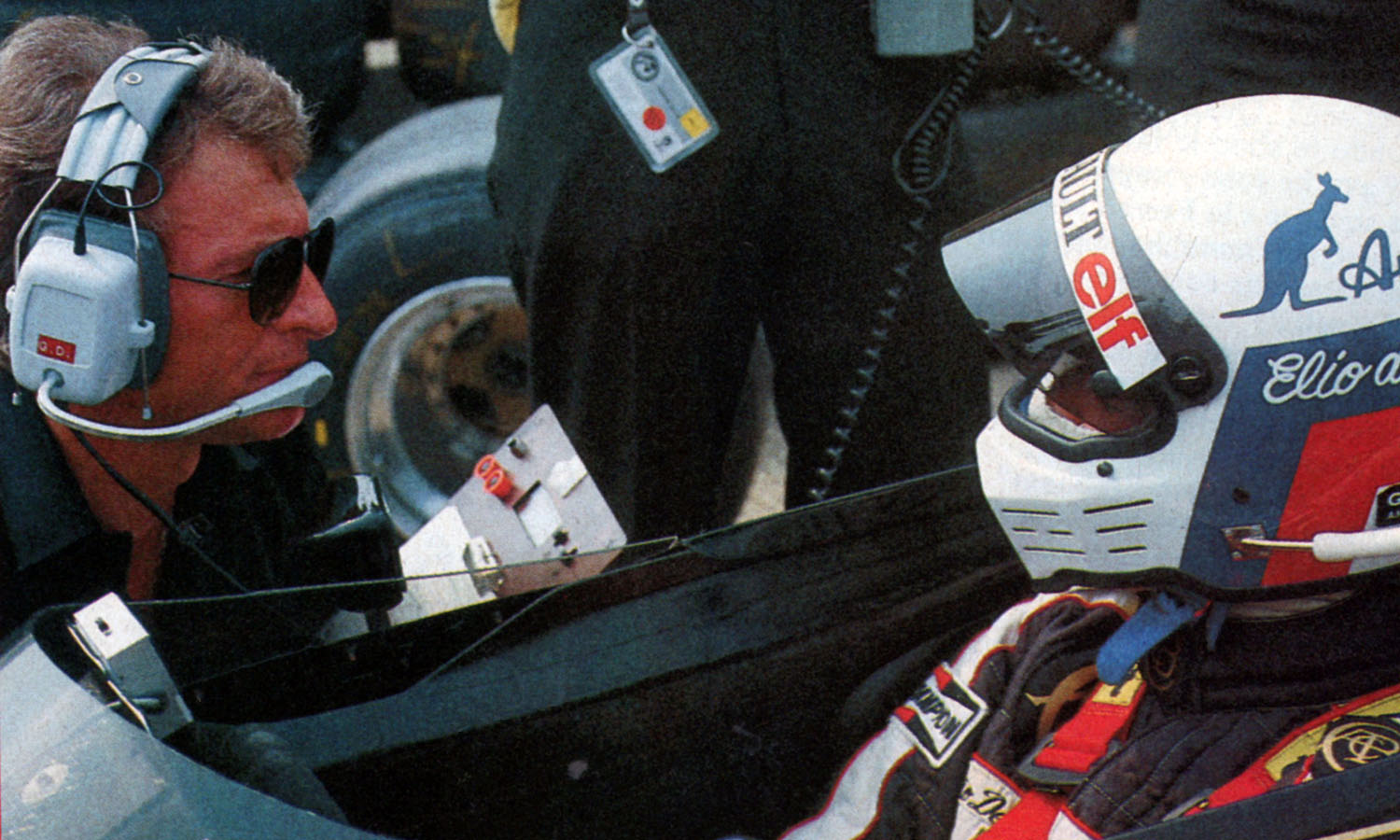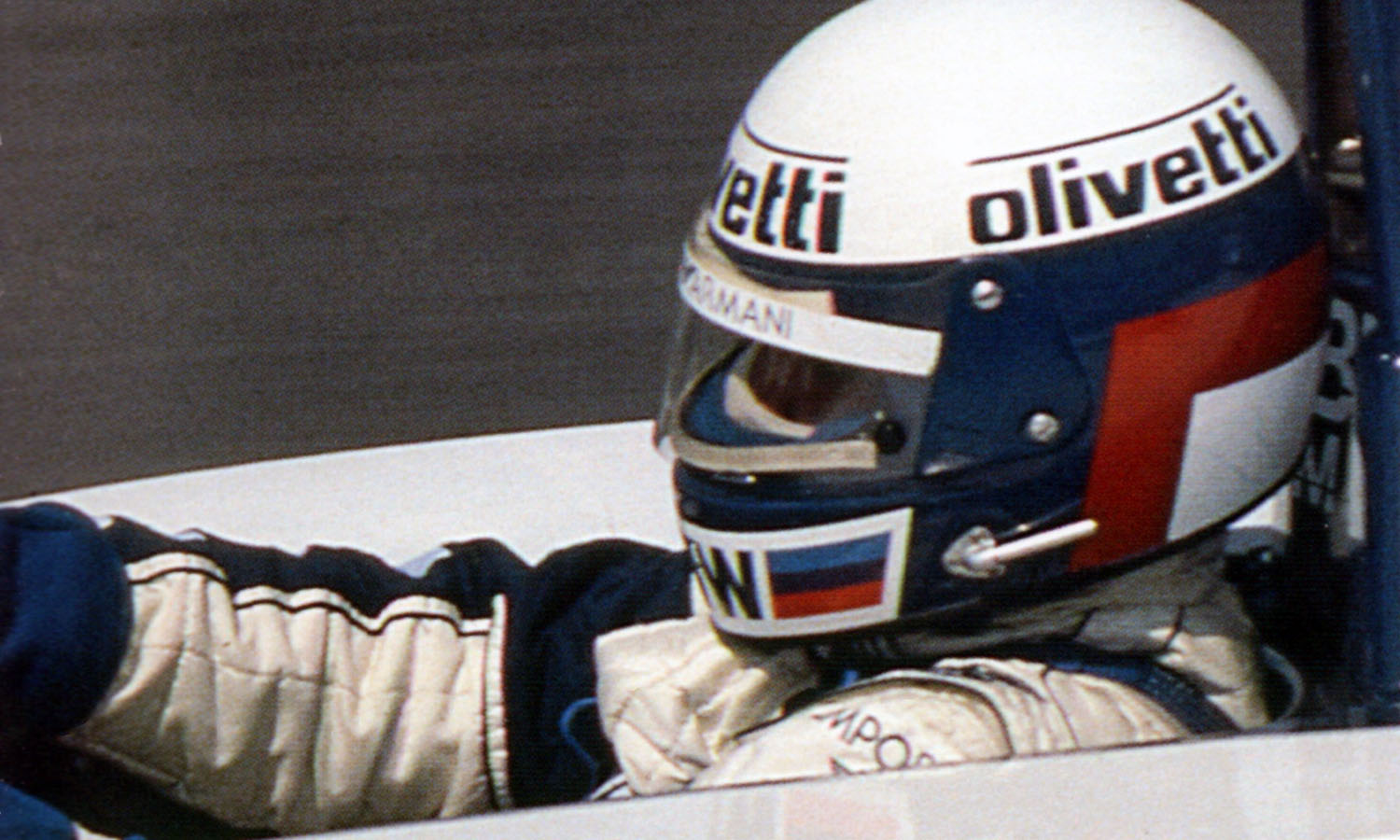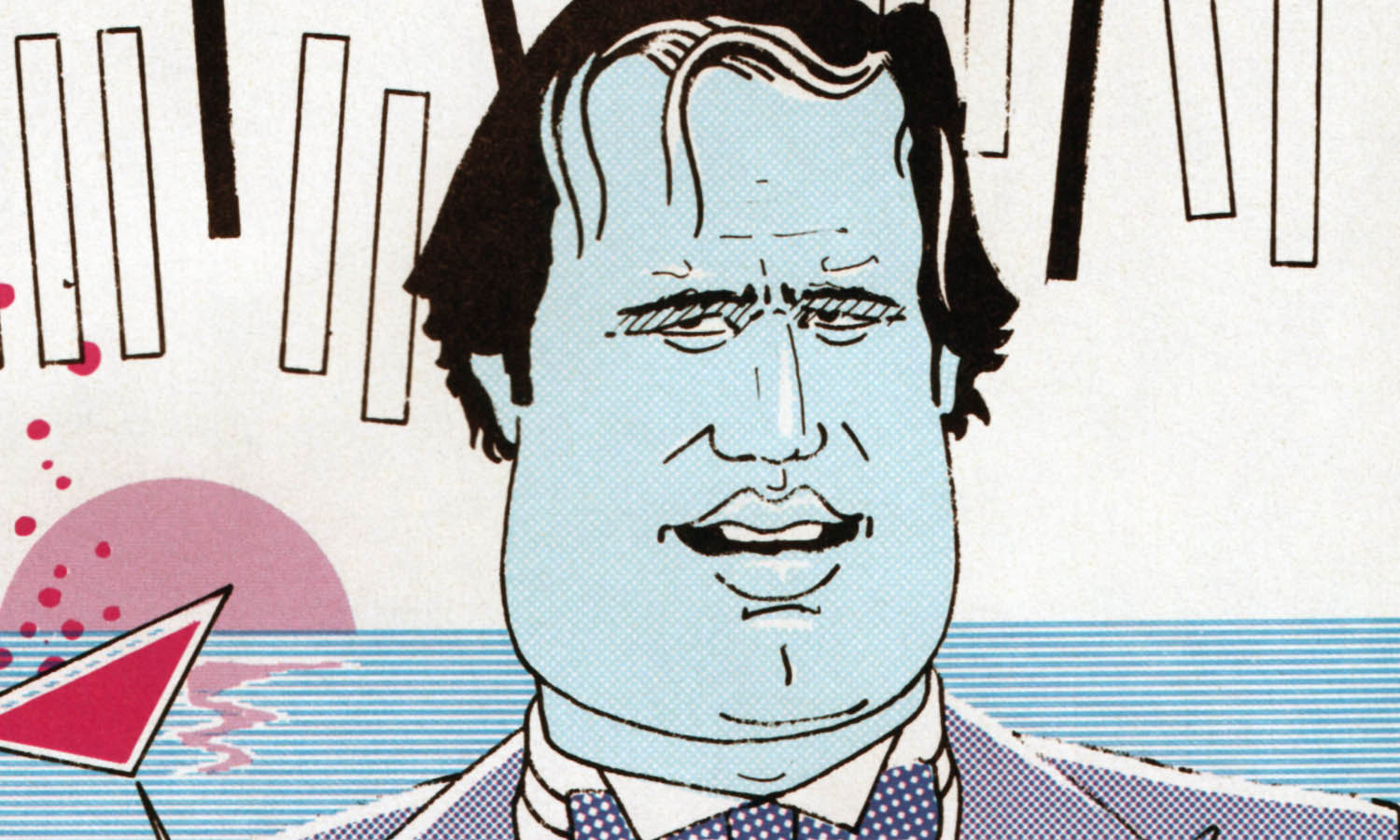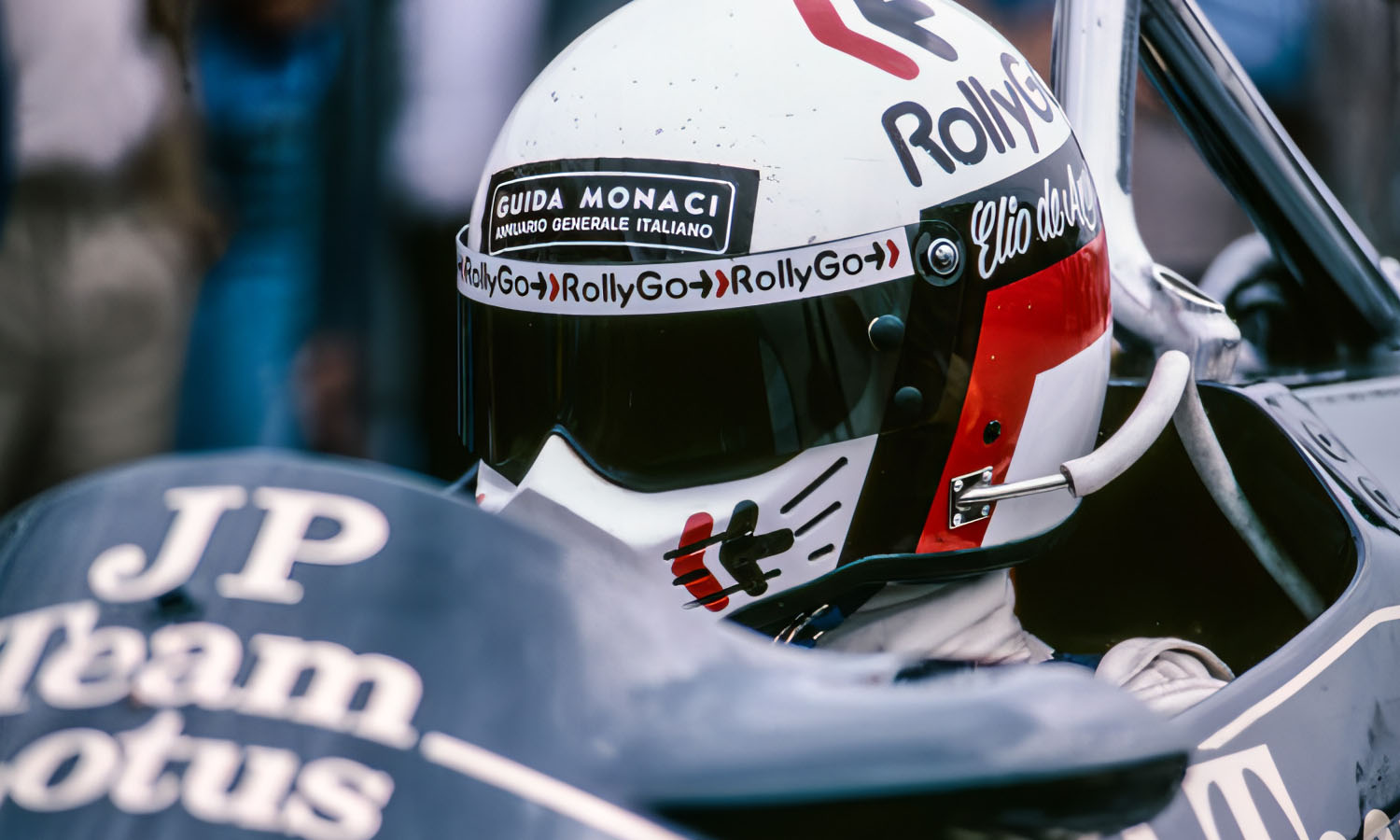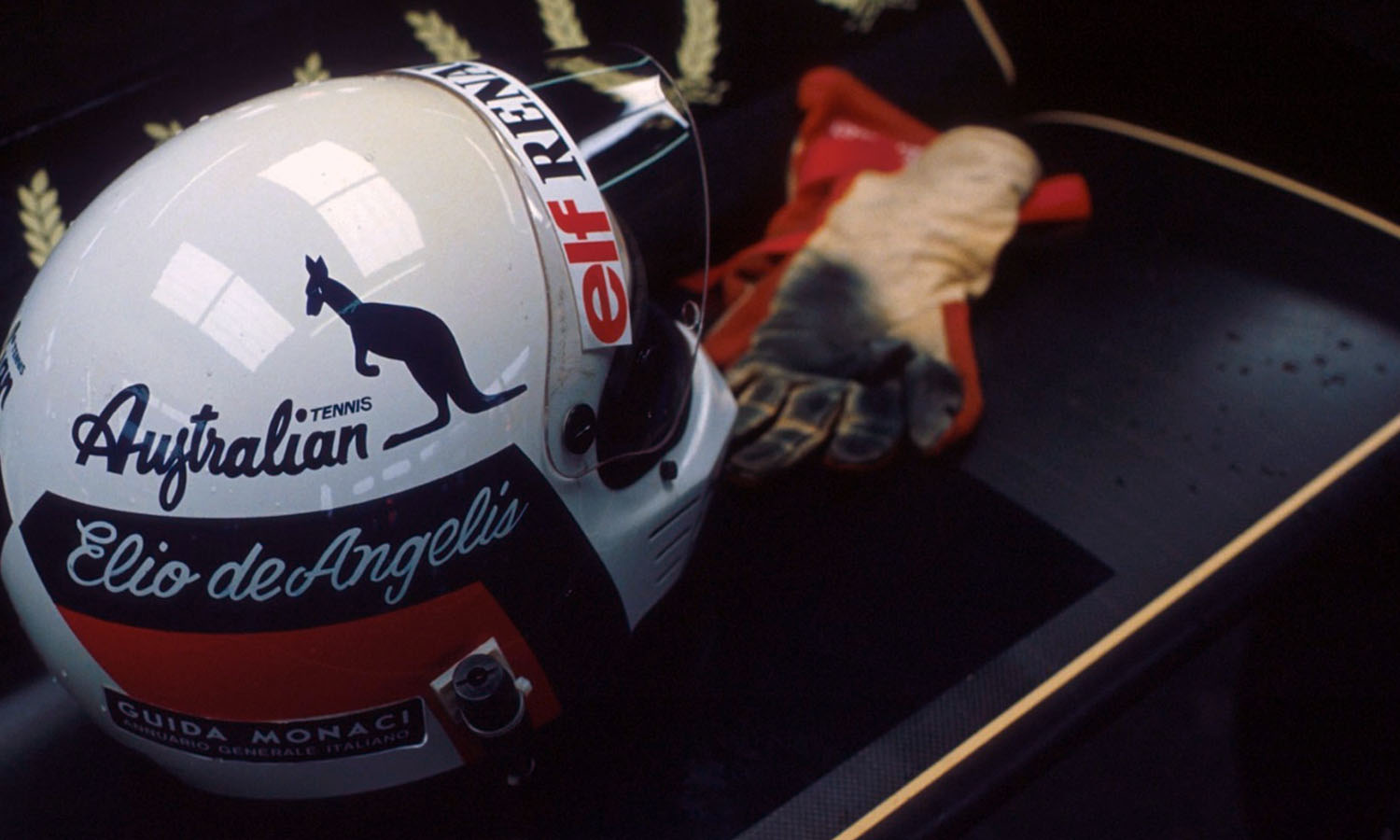Lotus: I gave much more than I received • Ducarouge: I would have expected him to take a stand in my favor. It didn't happen, but I don't blame him: he just obeyed • Warr: It's only him who, deep down, betrayed me • Senna: He doesn't look in anyone's face: he's Machiavellian
Translated by this website
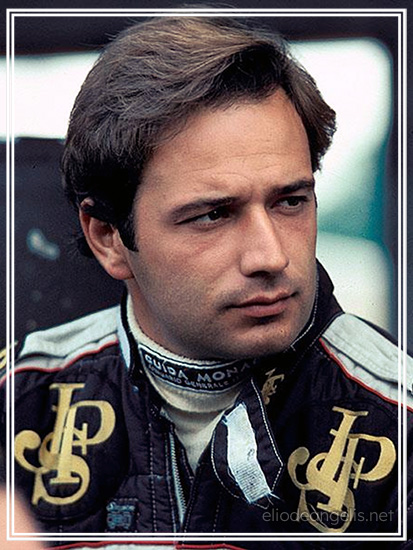
RIO DE JANEIRO, April 1984. Leaving the Ilha do Governador airport, Elio de Angelis is faced with an unwelcome surprise: “Acelera Ayrton” (Ayrton go faster) was written on a John Player advertising sign that reminded us of the new Paulist idol in large letters. With this “Big Senna” in front of his eyes, the Roman was starting his sixth season with Lotus, but on the Jacarepagua circuit the presence of Senna did not seem to affect de Angelis in a particular way. In practice he managed to start in front and in the early stages of the race, the two Lotus proceeded in tandem. In the evening, while everyone commented with veiled resignation on the new successor of Alain Prost, in the Lotus house the atmosphere was not the quietest. The chassis had immediately proved to be competitive, the Renault engine had yet to show the limits related to consumption, however Gerard Ducarouge was not serene. In the park of the Hotel Intercontinental concerned the recorded phases of the race, and to a precise question about a possible rivalry between his drivers he had a moment of hesitation then he said: “We have a good car, but we don’t have a lot of means. Ayrton Senna is very fast, and Elio has been with us for five years, I don’t know, we hope everything goes well.”
Yes, Elio had been there for five years and, as in so many love stories, time began to corrode the relationship. Grand Prix after Grand Prix in de Angelis increased disappointment and resentment. The mutual distrust that had always marked his relationship with Peter Warr now became hostility, manifest and declared. Ducarouge was no longer the friend he once was and his presence at the side of the car number eleven became increasingly rare, moreover the teammate became more and more an uncomfortable touchstone.
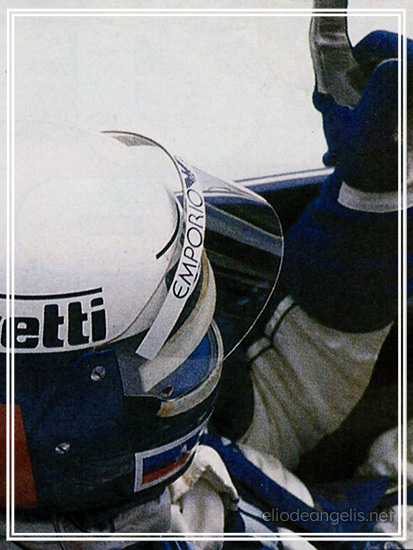
DIVIDED by completely opposite characters (the Brazilian introverted and determined beyond all limits, the Roman more brilliant but perhaps less belligerent) the two went away race after race, up to the physical confrontation at Kyalami. Long before this, however, de Angelis understood that the air was bad for him at Lotus. Opportunities to do free practices became increasingly rare, at the same time the mysterious troubles on his car increased. Five progressive losses in tire pressure; programs in the electronic power supply system changed at the last moment. Already in June, the de Angelis-Lotus duo was as if it no longer existed and, as the “icing on the cake”, came the proposal from Peter Warr to openly renew his contract as number two driver. It was too much! The name of Colin Chapman – to whom de Angelis had clung in difficult times – was a faded memory. The periods of apprenticeship with Andretti, the exciting experimental phase of the Lotus 88, the victory at Zeltweg were no longer enough to convince the Italian driver to experience the austere and somewhat “retro” climate of the most famous Anglo-Saxon team. In addition, that Senna who was constantly grinding pole positions, who fought head to head without any fear with the “gentlemen” of F1, and, above all, who inflicted mountains of seconds behind his teammate, had done the rest.
De Angelis is gone, and now he looks forward to a 1986 of anger and revenge. The Lotus from today is no longer part of his life.
A badly closed parenthesis
What balance can you make of the six years spent inside Lotus, the team, together with Ferrari, the most important team in the world?
Lotus was one of the most important teams in the world, now it isn’t anymore. My period is divided into two phases. The four years spent with Chapman, and the two with Ducarouge. With Gerard I would say that I was able to work a year and a half, since this last season he has gradually distanced himself from my person and my car. In six years I think I have given much more than what I have received, preferring to stay with Lotus even when teams with much more competitive cars had offered me a seat. To my credit I already have more than one hundred Grands Prix, I know that F1 is a ruthless environment, where no one gives you anything, however I thought there was more gratitude, less animosity. I certainly made some mistakes in races, but these were never determined to lose a Grand Prix, while on some occasions the team threw away almost certain victories due to their own mistakes. It was a part of my life, but now I’m glad it’s closed.
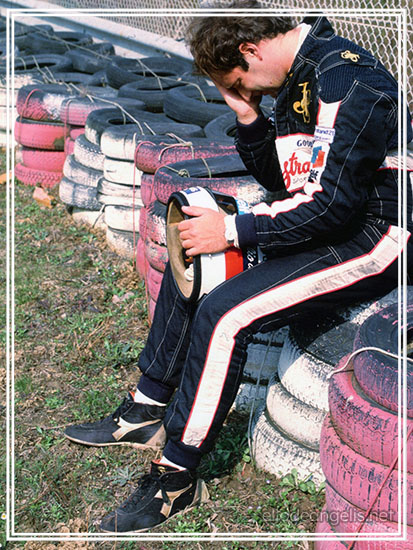
What has changed in the transition between Chapman and Ducarouge?
Chapman has given me the biggest compliment of my life, comparing me to Jim Clark several times. I had a very special relationship with Colin. With Gerard it was another period, another thing, another Lotus, one not Lotus, but a Gerard Ducarouge Special. With Gerard I got over the great crisis of ‘83 when we probably hit rock bottom. We lived together an exciting eighty-four and an eighty-five that I want to erase from my mind.
If you have to rate your time with Lotus?
Looking at it from the outside, I would give it a seven overall. From the inside, knowing the commitment I put into it and the scarcity of the means that I often had at my disposal, I’d give myself nine.
When you signed the first contract, you probably didn’t think there would be so many moments of technical crisis…
No! The first three years were spent on complicated aerodynamic research at the expense of the technical development of the chassis.
Probably only in ’82 we had found the solution to get back on top. Zeltweg’s victory came, but unfortunately also Chapman’s death.
A great corruptor?
Then came Ducarouge. With his coming you were accused of having bought the technician. You would have paid him a part of your personal sponsors to get a preferential treatment…
This is something that needs to be clarified once and for all. When Ducarouge arrived in 1983, the Lotus team’s coffers were practically empty. I asked Lotus for the possibility of having another sponsor on the suit – the Guida Monaci – and part of this amount allowed them to pay what Ducarouge asked financially. De Angelis didn’t buy anyone, I just helped the team. At that moment Ducarouge was too important and for Lotus it was certainly not the ten thousand pounds that had to condition our entire season. Since it seemed impossible for the team to find other resources, I wanted to help the team, myself and also Ducarouge.
You were also accused of buying your mechanics. It was said that you were holding on to Bob Dance – probably the most experienced mechanic in all of F1 – with sums given as extras…
I have always been generous with my mechanics and every time I won a prize I gave them a small percentage: in our environment it is quite usual. Mechanics are an underpaid category, and I think the Lotus mechanics are in particular. I think I’ve been good to everyone, not just Bob Dance…
On a technical level, in the six years spent at Lotus you have been able to work with the most beautiful names in racing design: Colin Chapman, Peter Wright, Tony Rudd and Gerard Ducarouge. What characteristics did they have? What differences in the working methodology?
Colin Chapman has always been deliberately in the shadows controlling the work that Peter Wright and Martin Olgive did. One was in charge of aerodynamics, the other of mechanics, while Colin oversaw everything. When Chapman lost interest in F1, shifting his studies towards mini planes, it was a very difficult time because these people had always been guided in their work, and now they had to think exclusively for themselves. It was a phase where the Lotus took a lot of blunders. Tony Rudd was, after all, a meteor. He did have a glorious past, but by now he had been away from F1 for too long. He essentially served as coordinator between the various engineering departments, what Peter Warr couldn’t do, what he can’t do, and what I think he will never be able to do. I think it is the dream of every team manager to believe that they can also intervene on technical issues without having any preparation, but based exclusively on experience. When this happens, only trouble comes up.
And Ducarouge? Do you feel you can say that he has betrayed you?
Gerard Ducarouge did not betray me. It was Peter Warr who did it. I was probably too naive. From the first pre-tests in Brazil, I should have known what was happening. Senna had not yet fully recovered from the illness that struck him during the winter, he had never driven a Lotus or a Renault engine, the track was wet, yet all tests with the new car were given exclusively to him, at least a strange situation. That was “my” car, which we had created together with Ducarouge during the winter tests. It didn’t seem right or logical to me that the tests were now entrusted to someone who was a rookie at Lotus.
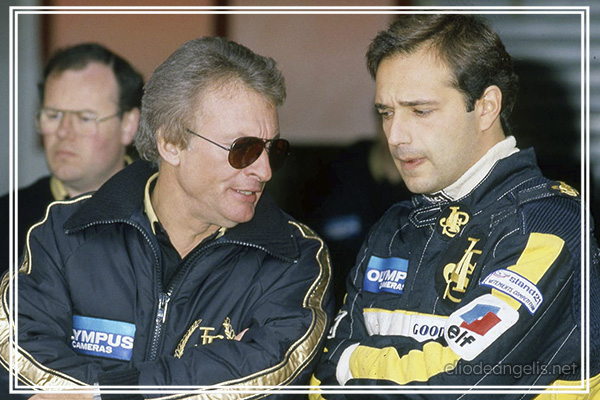
The big problems came anyway at the pre-practices of the French GP…
Exactly, on that occasion we hit rock bottom. At Lotus they had given me up for dead by now: everyone was thinking only of Senna. Instead, racing in a way that many had criticized, but which was certainly more profitable than Ayrton’s, after Monte Carlo I was leading the world championship, ahead of Prost and Alboreto. Two days after Monte Carlo a four-day session was scheduled at Ricard. They only made me get into the car to do three laps, when there was no one left. That day the Lotus deliberately wanted to humiliate me in front of everyone, I was leading the world championship, and I was wandering around the pits like any kid. In the evening, leaving Paul Ricard, I made the decision to leave Lotus. By now it was a finished story, I didn’t want to be treated like that anymore.
And it was from the French Grand Prix that the vertical descent began: by now there was no one around your car.
A designer always follows the fastest car, this is a rule of the game. For a series of facts that I will euphemistically define as coincidences, Senna found himself in front of me and Ducarouge, who is not a politician, sided in favor of the most competitive machine, at that moment that of Senna. Ducarouge fully respected the rules in force in a F1 team. I would have expected him to take a stance in my favor within the team. This didn’t happen, but I don’t blame him. Each is done in its own way: Peter Warr made all the decisions, and I was put in a situation of progressive abandonment, both technical and moral. I remained on good terms with Gerard. Of course, now his cars are against me, instead I would have preferred to win with his cars.
As for the management of the team, what did Lotus lose in the transition from Chapman to Warr?
No comparison can be made between the two. Chapman was the boss, a charismatic figure, as a personality second only to Enzo Ferrari. Peter Warr is a very ambitious person, capable at his job but maybe he wants to do too many things. I don’t know if there isn’t the possibility of better distributing the tasks at Lotus, but in the long run it could also be a dangerous situation for Lotus.
Did something happen between you and Peter Warr?
I’ve thought about it for a long time and I honestly can’t understand.
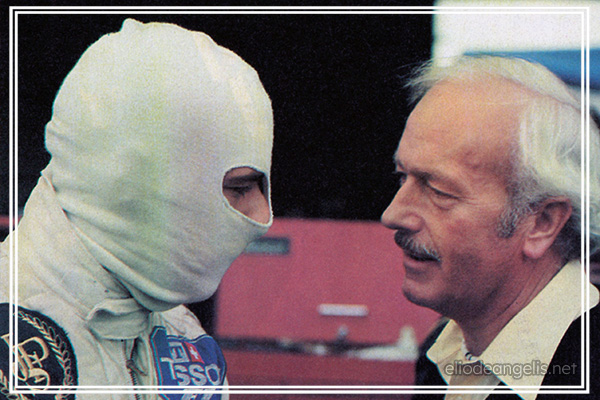
I remember that in ’84 compared to Mansell, I was carried on the palm of a hand while this year I was considered a nullity. I don’t know if external factors have intervened to change this situation. Warr will probably say that Senna was faster than me and the facts prove him right. They also said that I was a “whiner”, that I always complained: I think they were the ones who cried more to hide many mistakes made by the team.
Image change
In the last two years, however, your image has changed. Once you were seen as an aggressive driver, always on the attack. Now they say “De Angelis? He is good, he always picks up some points” like saying about a girl who is not beautiful, but she is intelligent and has beautiful hair…
Of course, now Senna is compared to Gilles Villeneuve, I instead to Lauda. This year I could have made two races at the Seine, that is, stay in the lead knowing then not to arrive, and that would certainly have made more fun of me. I am referring to the San Marino and Canadian GPs. They were not very spectacular because I think a lot in the car. Senna is certainly more spectacular than me…
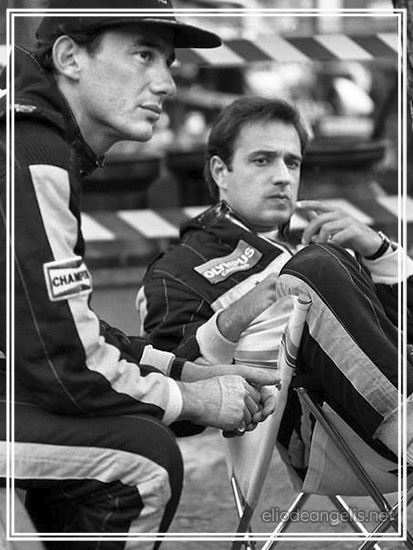
Mario Andretti, Nigel Mansell, Ayrton Senna, your teammates at Lotus. How do you remember them?
Mario was an exceptional teammate. I was a kid who had just arrived in F1, he was a world champion. He treated me almost like a son, passing much of his experience to me. He always made the fact that he was the first guide weighed and often took the car out of my hands: but it was okay as it was a situation that I had accepted from the moment of signing the contract. I would never have allowed myself to plant controversy: he was Mario Andretti, winner of Indianapolis and world champion, I was practically nobody, I will always be grateful to him. With Mansell I had moments of great contrast, especially in terms of character: I said white and he black. This situation occurred as soon as Mansell achieved a positive result with the third place at the Belgian GP in 1981. From that moment, believing he had achieved who knows what, and pushed by both the English press and John Player, he made many mistakes. Of course, I was also put in a position to do it. There were also moments of great affection, I would say a complete relationship. Nigel is a good driver, but for a long time he was underestimated.
He missed a victory and got it right away as soon as he was able to control his aggression. As for Senna, he is certainly a very fast man: perhaps he still lacks a bit of experience. I think he is still lacking in the fine-tuning work, but perhaps this is also a consequence of the reduced experience, after all he has been in F1 for only two years. He probably risks too much, sometimes beyond measure, but if he can control himself he is certainly among the best. As a person I have not been able to know him thoroughly, he has a very closed character, very introverted. It is difficult to understand what he is thinking. I would say that he is typically Brazilian, I would call him “Machiavellian”. In order to reach his goal, he does not look at anyone in the face, to obtain something he uses all means, of any kind. It depends on your tastes; such gifts can be appreciated or not. In South Africa, during the phases of that “famous” overtaking, I realized that he races without respect, neither for him nor for the others: a situation that I didn’t like at all. To Senna, however, I renew an invitation: to see us this year on equal terms. In ‘85 he made seven pole positions, I only one, we’ll see in ‘86. Last year he was leading the races then he ran out of gas, but I made the figure of the half sock begging for a few points. Who knows, maybe in 1986 things will change…
A healthy "mistake"
In ’85 you could have driven for Williams. Refusing the contract that Frank offered you was certainly your biggest mistake.
Sure, I made a mistake. But if I hadn’t made that mistake, I wouldn’t be at Brabham now. I do not think that all evils are then to harm. Now I’m in a team at a higher technical level than Lotus, better paid and with a stronger contractual position, what more can I want? Of course, in 1985 I suffered a lot, but I’m sure the sufferings are tempering.

© 1986 Autosprint • By Cesari Maria Manucci • Published for entertainment and educational purposes, no copyright infringement is intended

